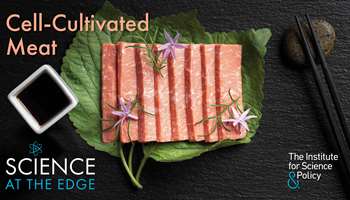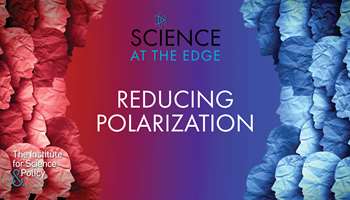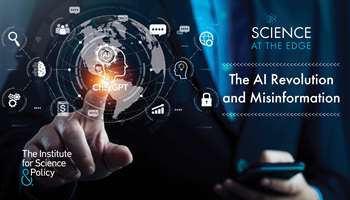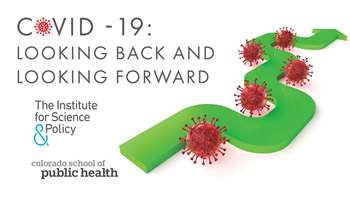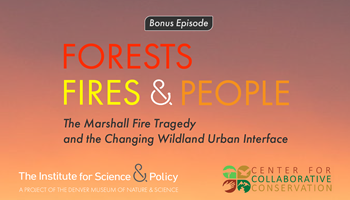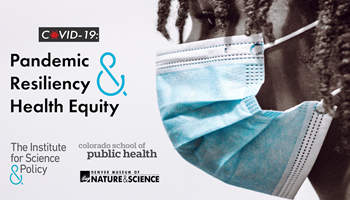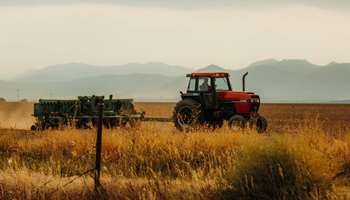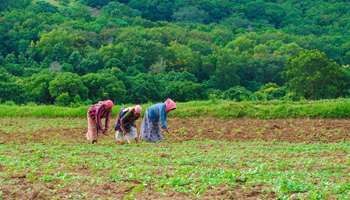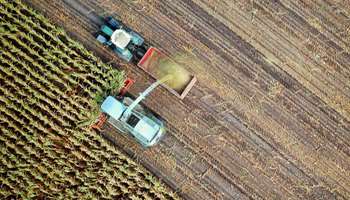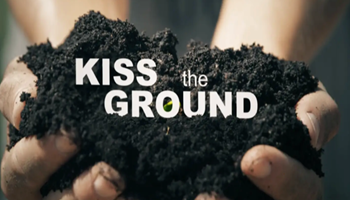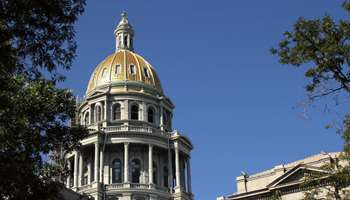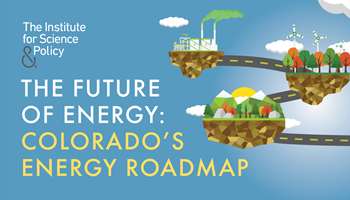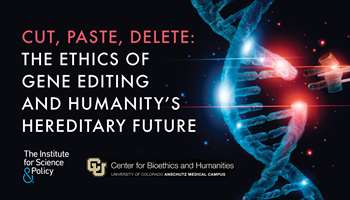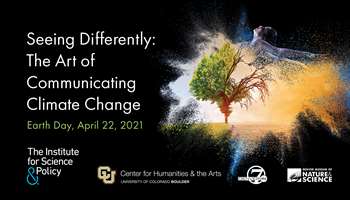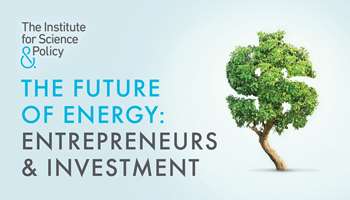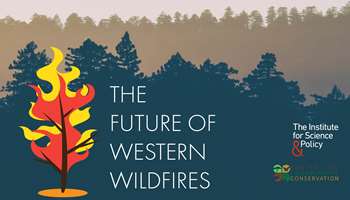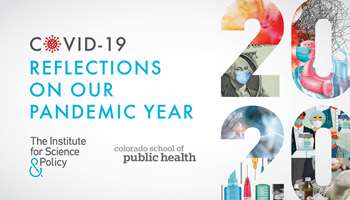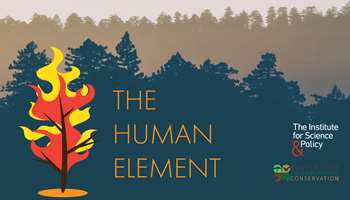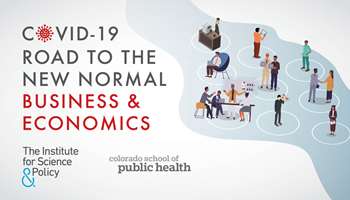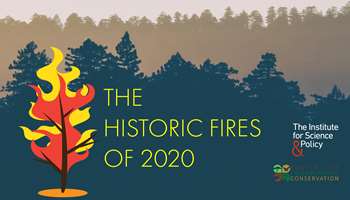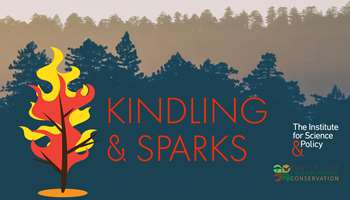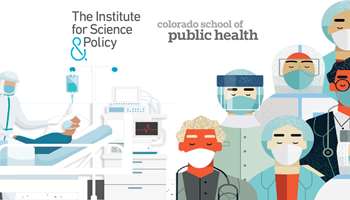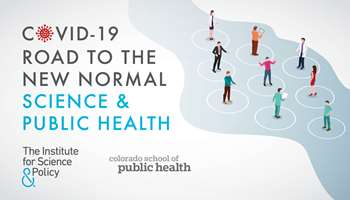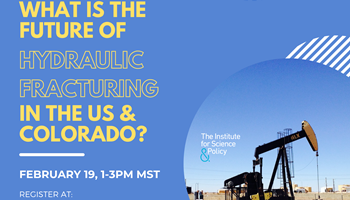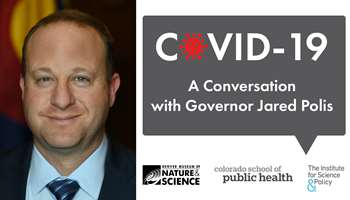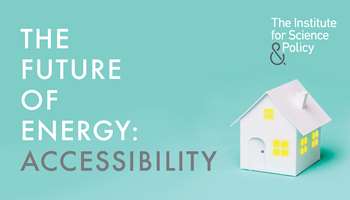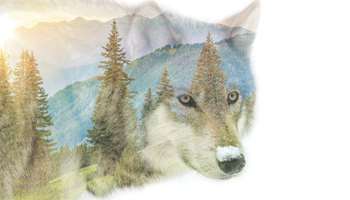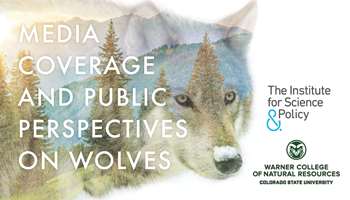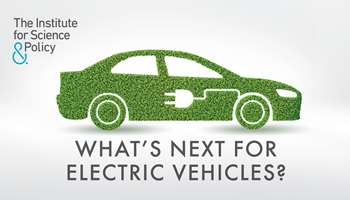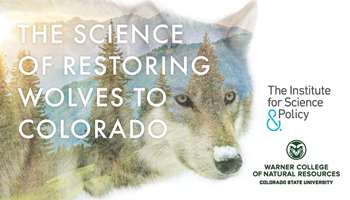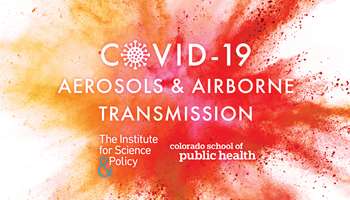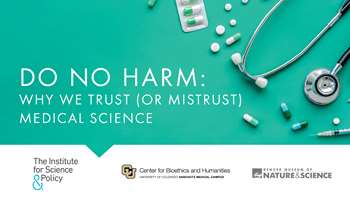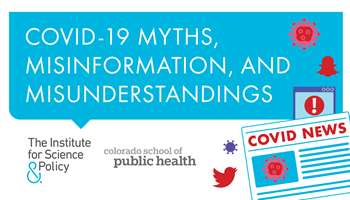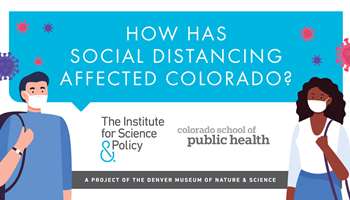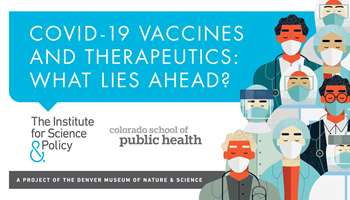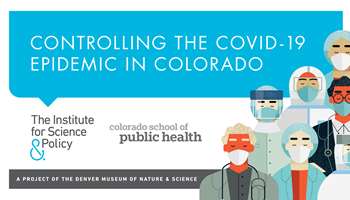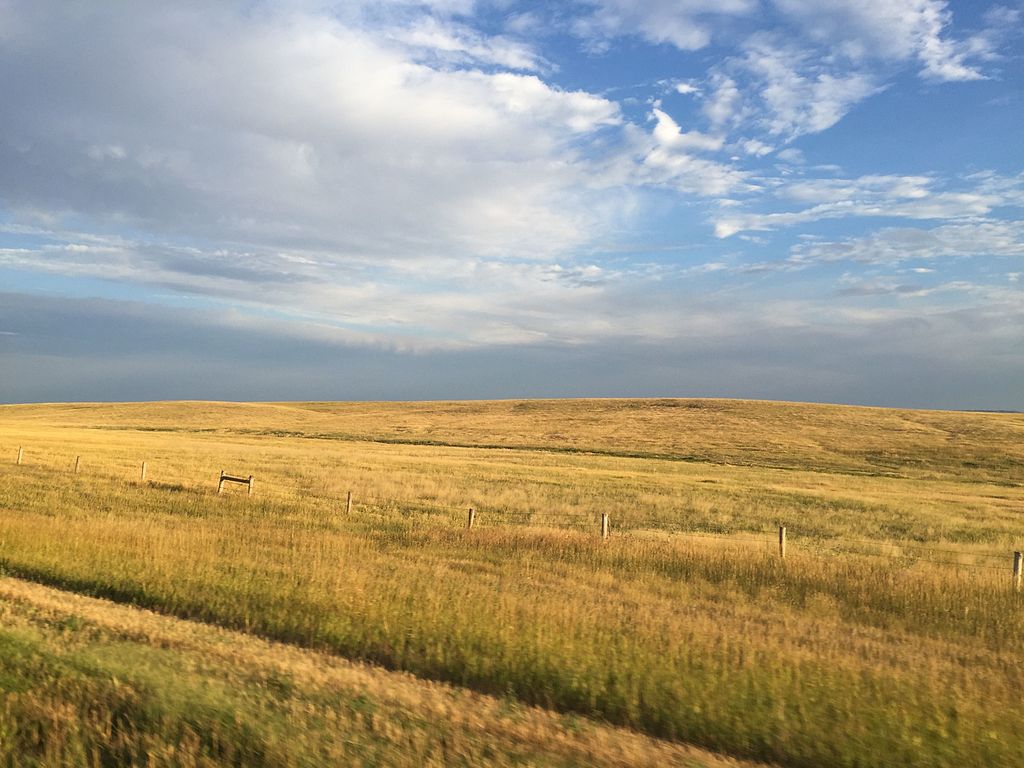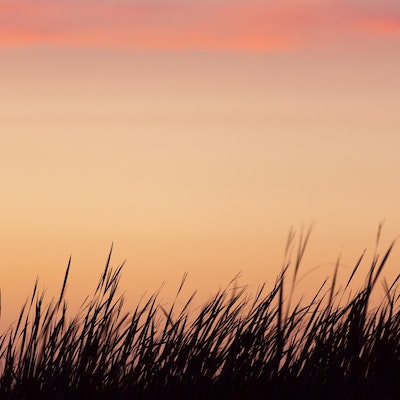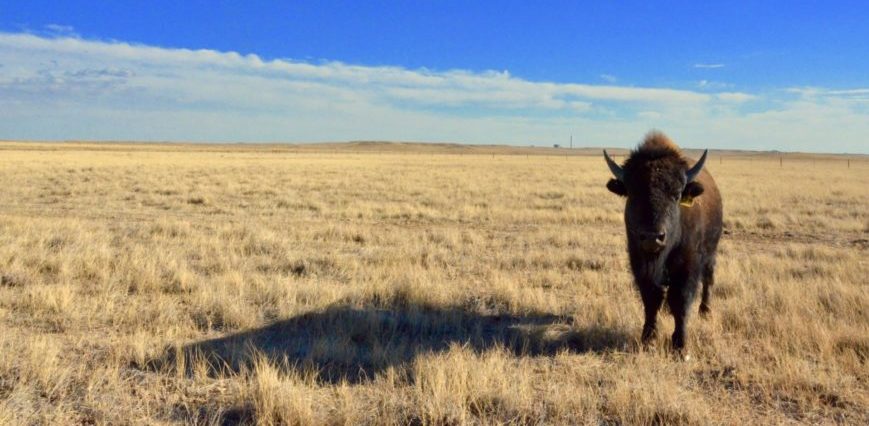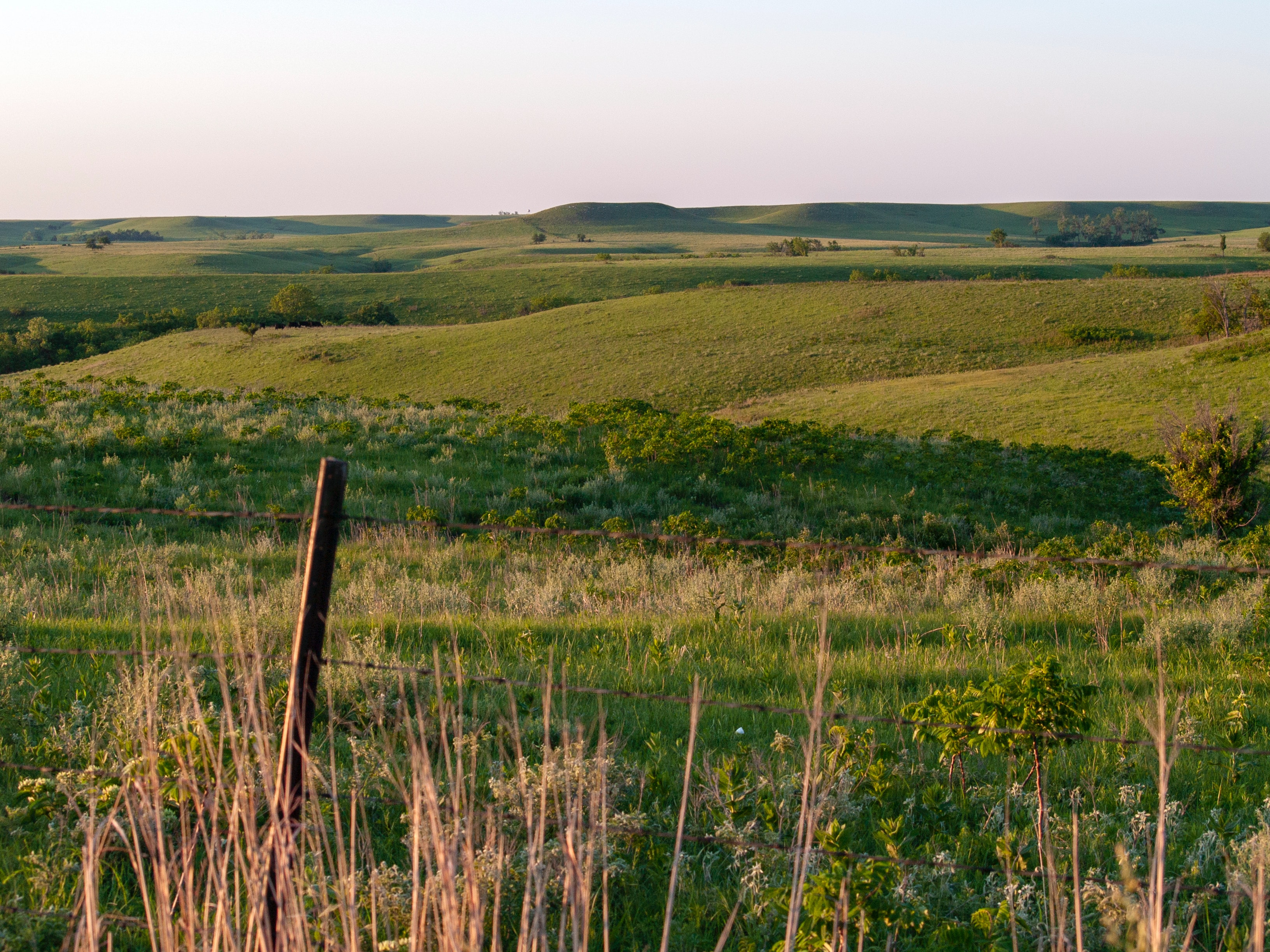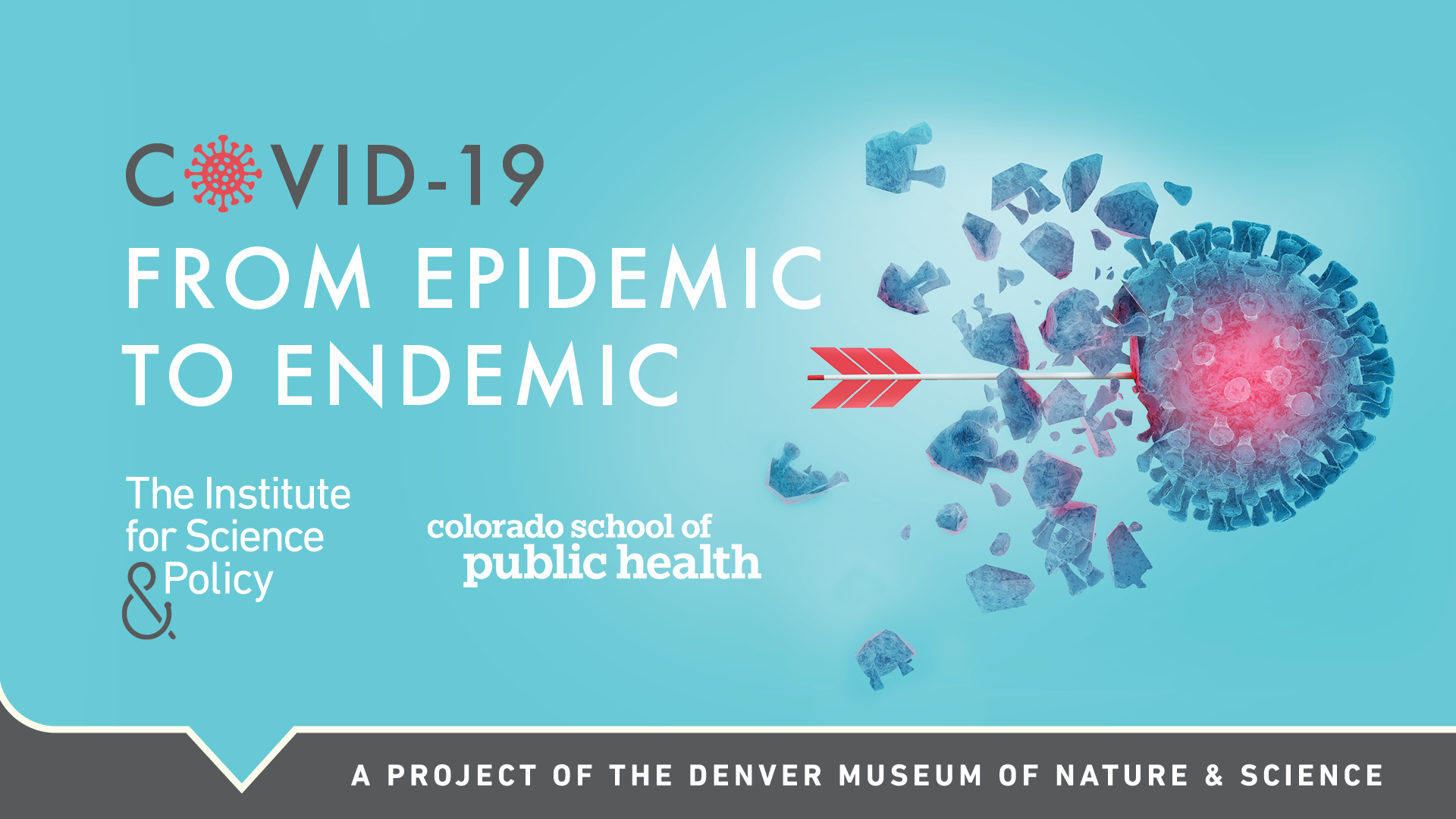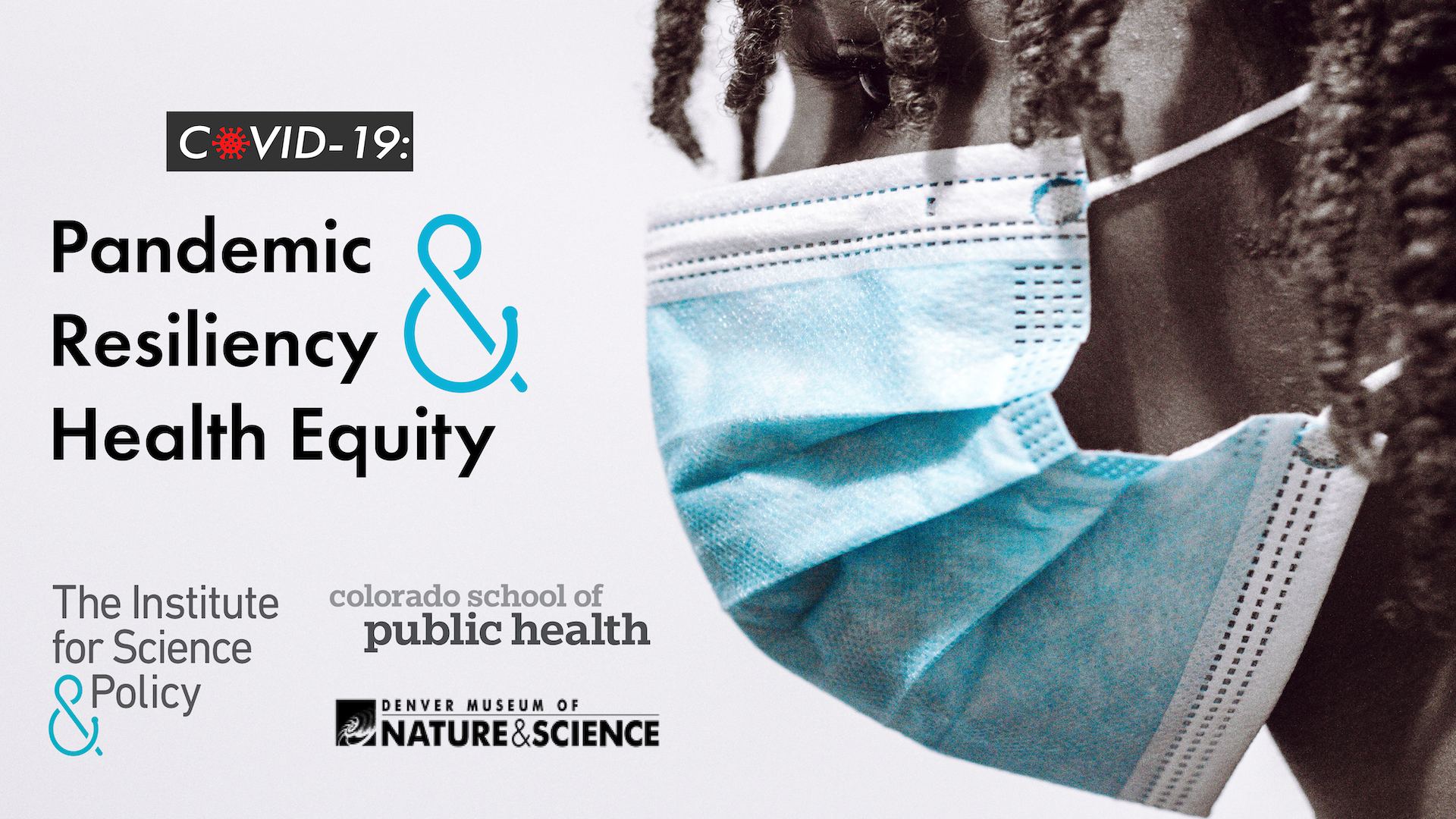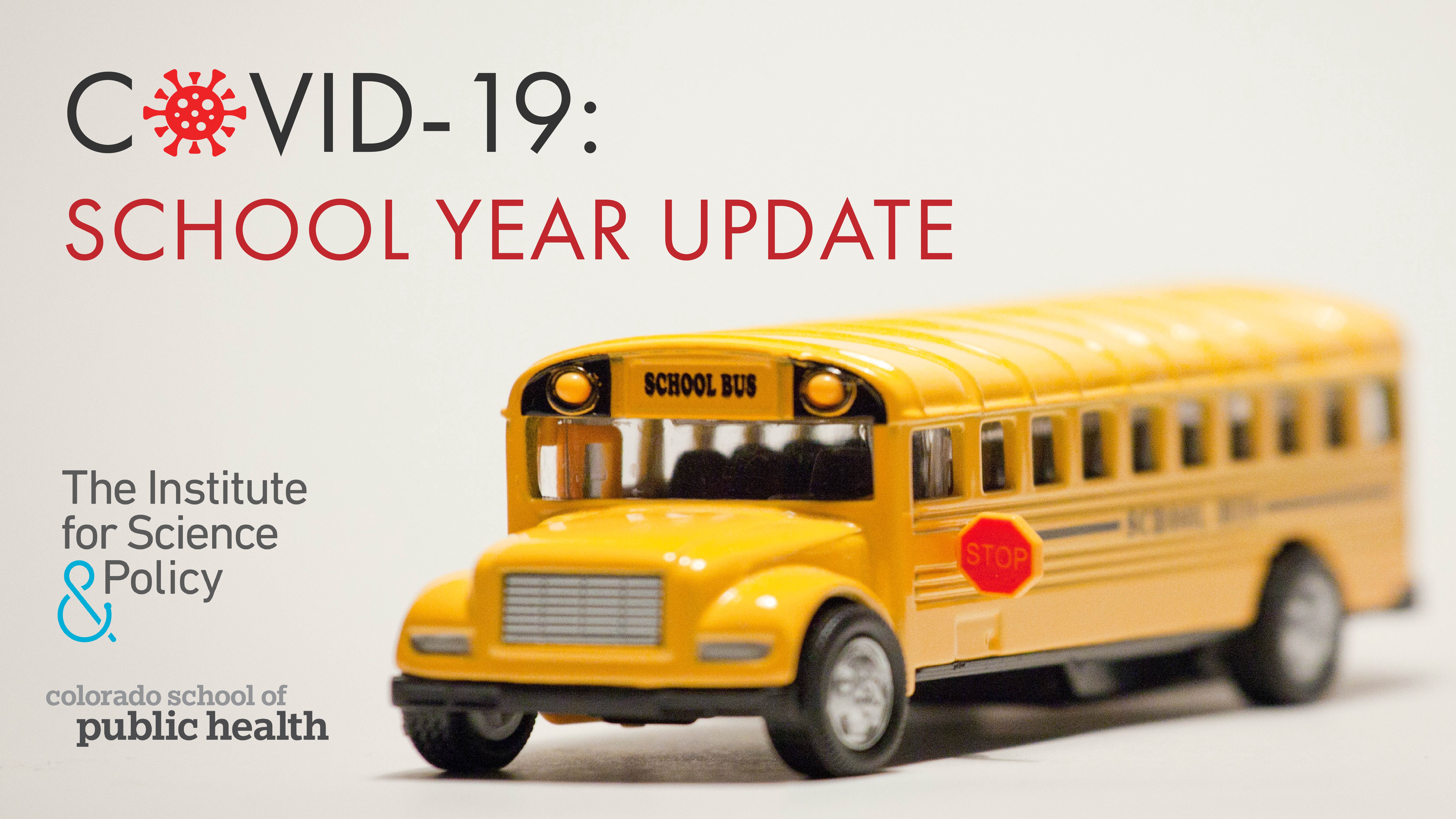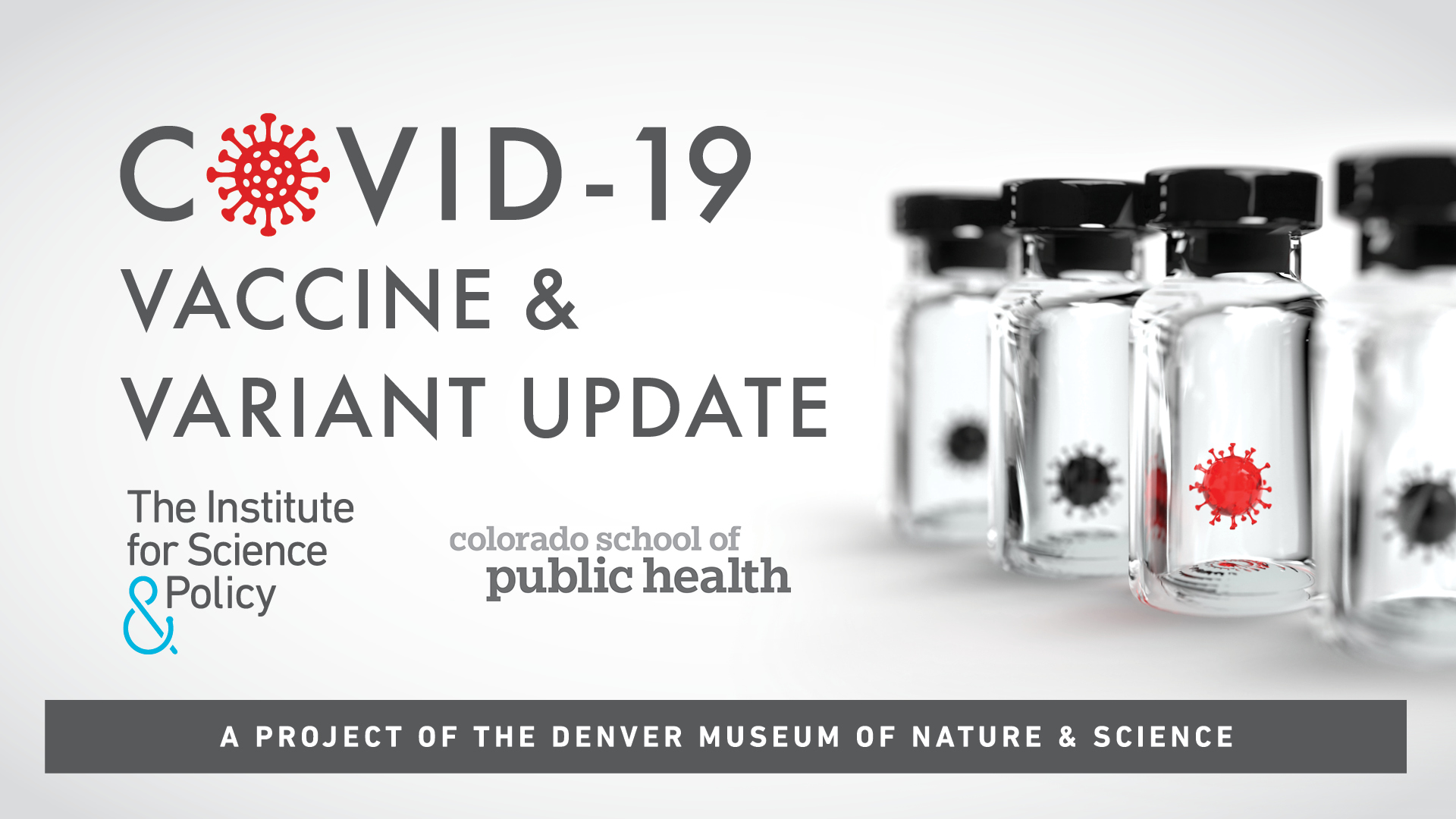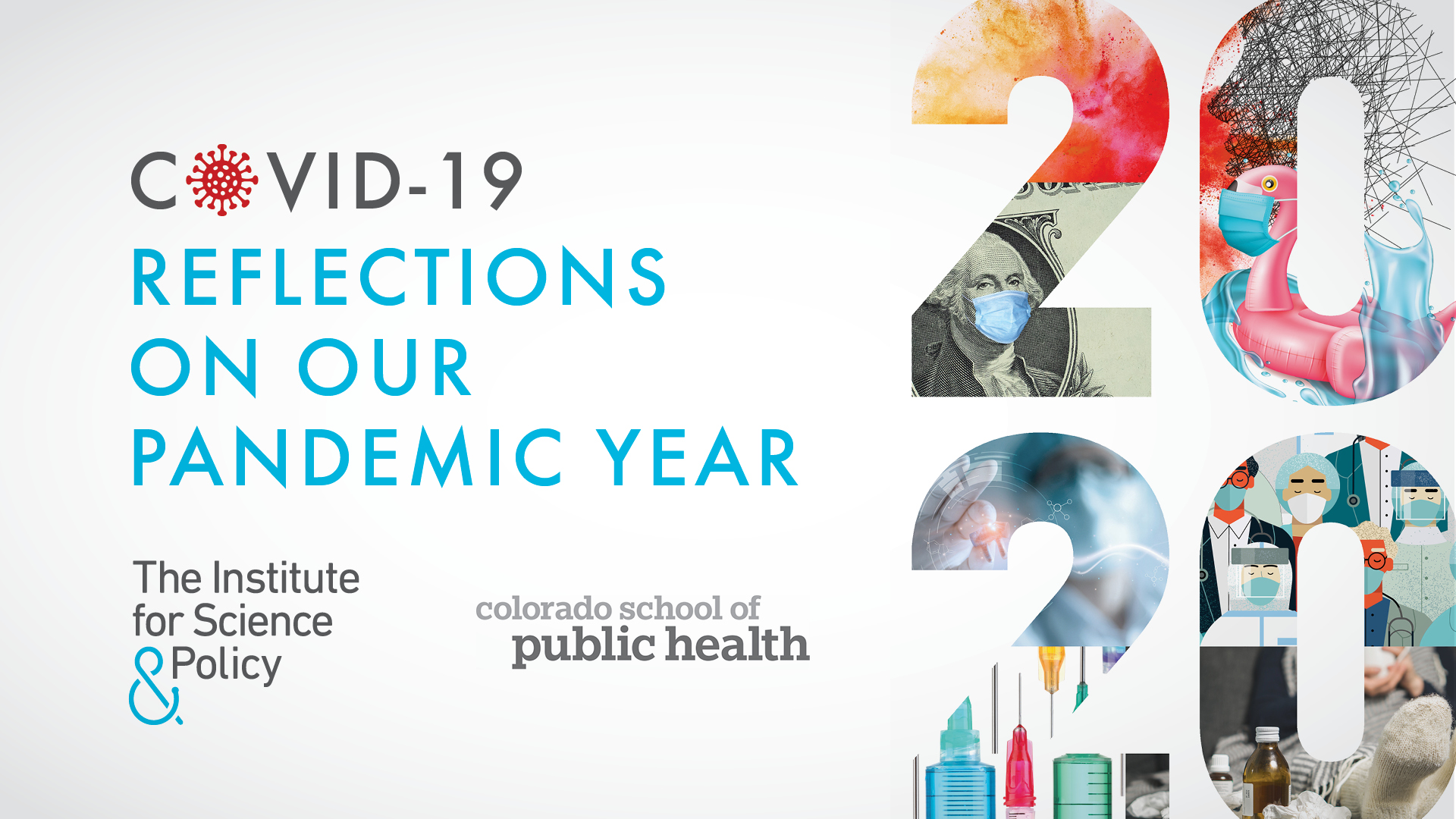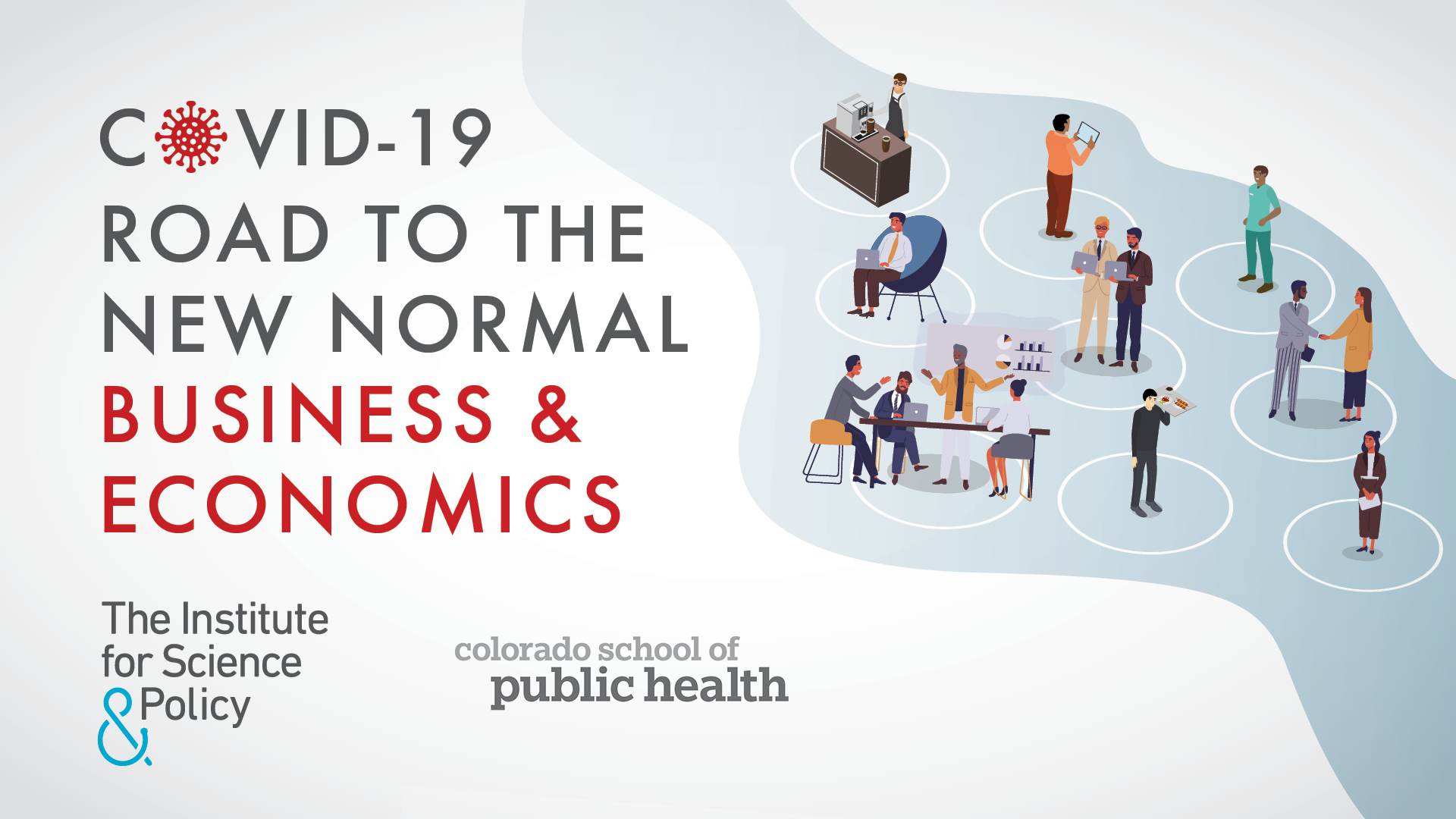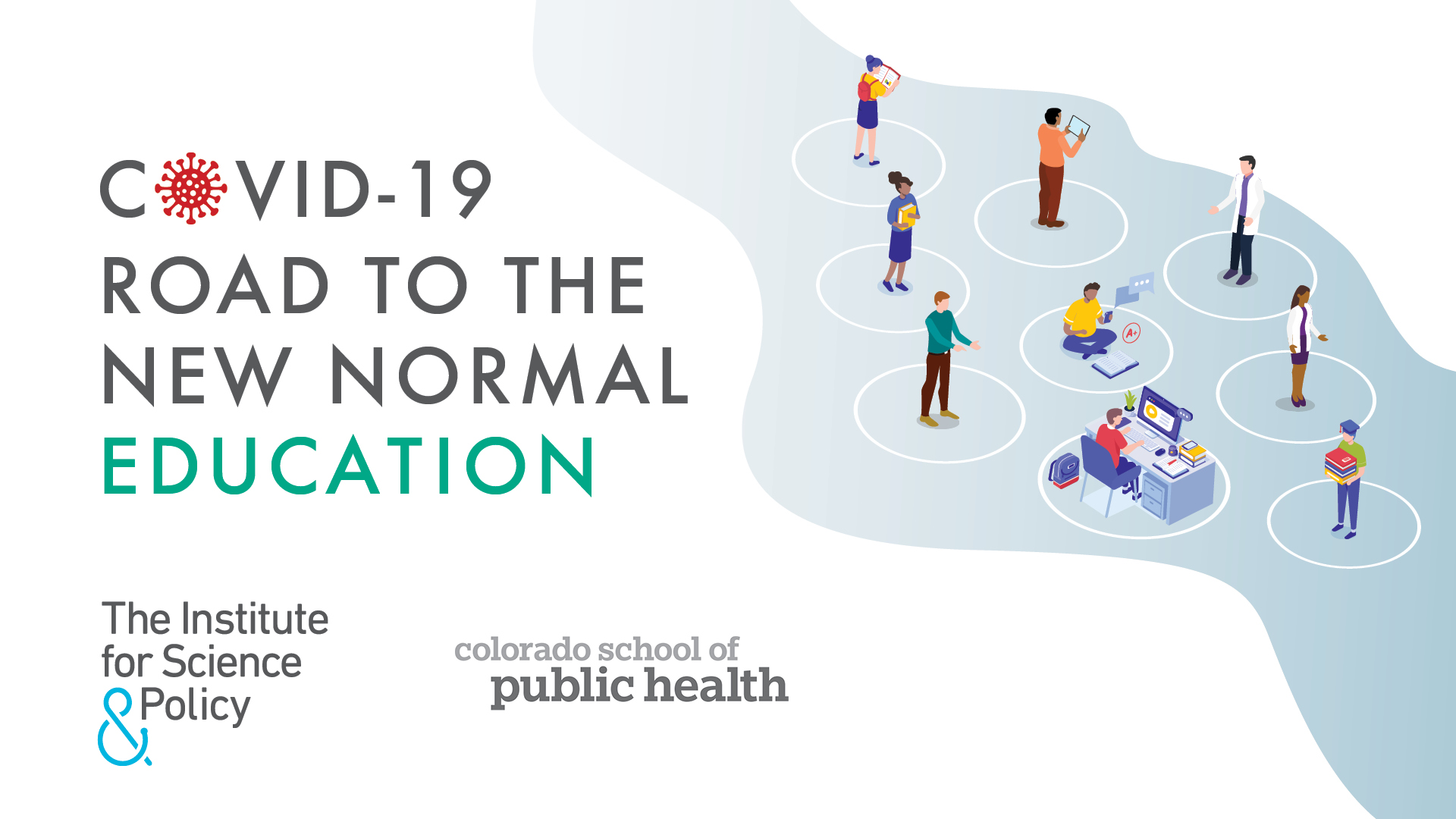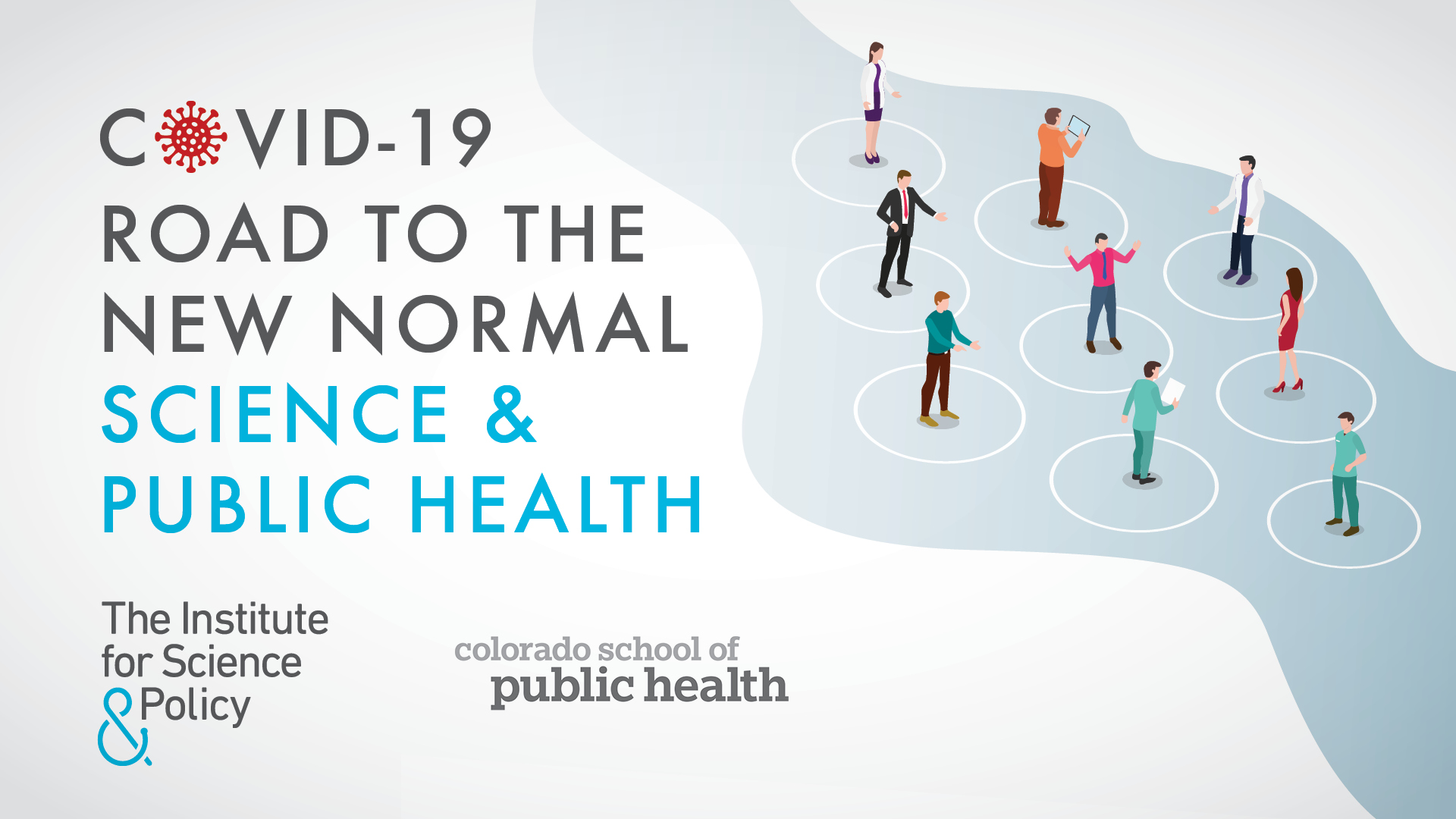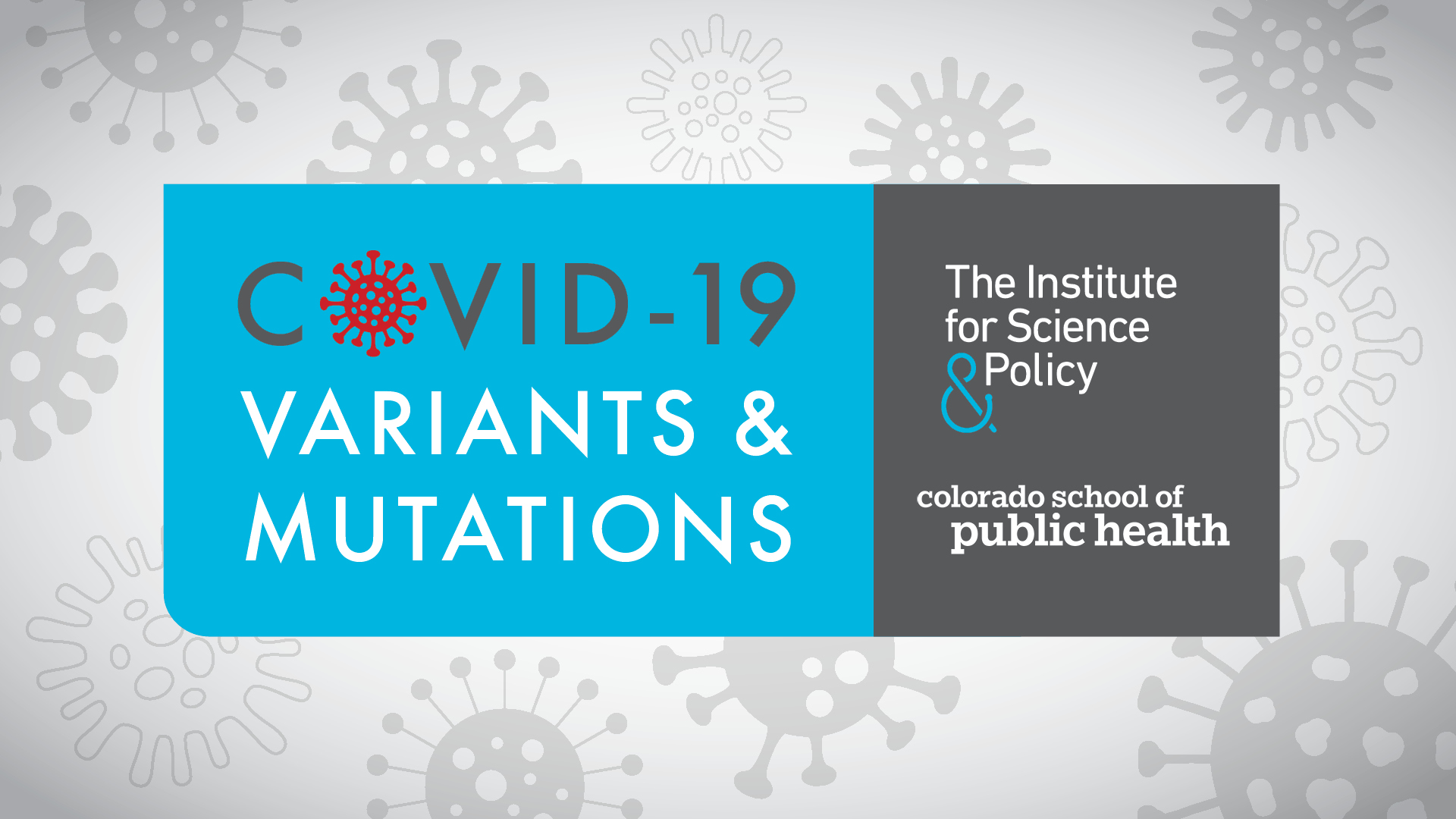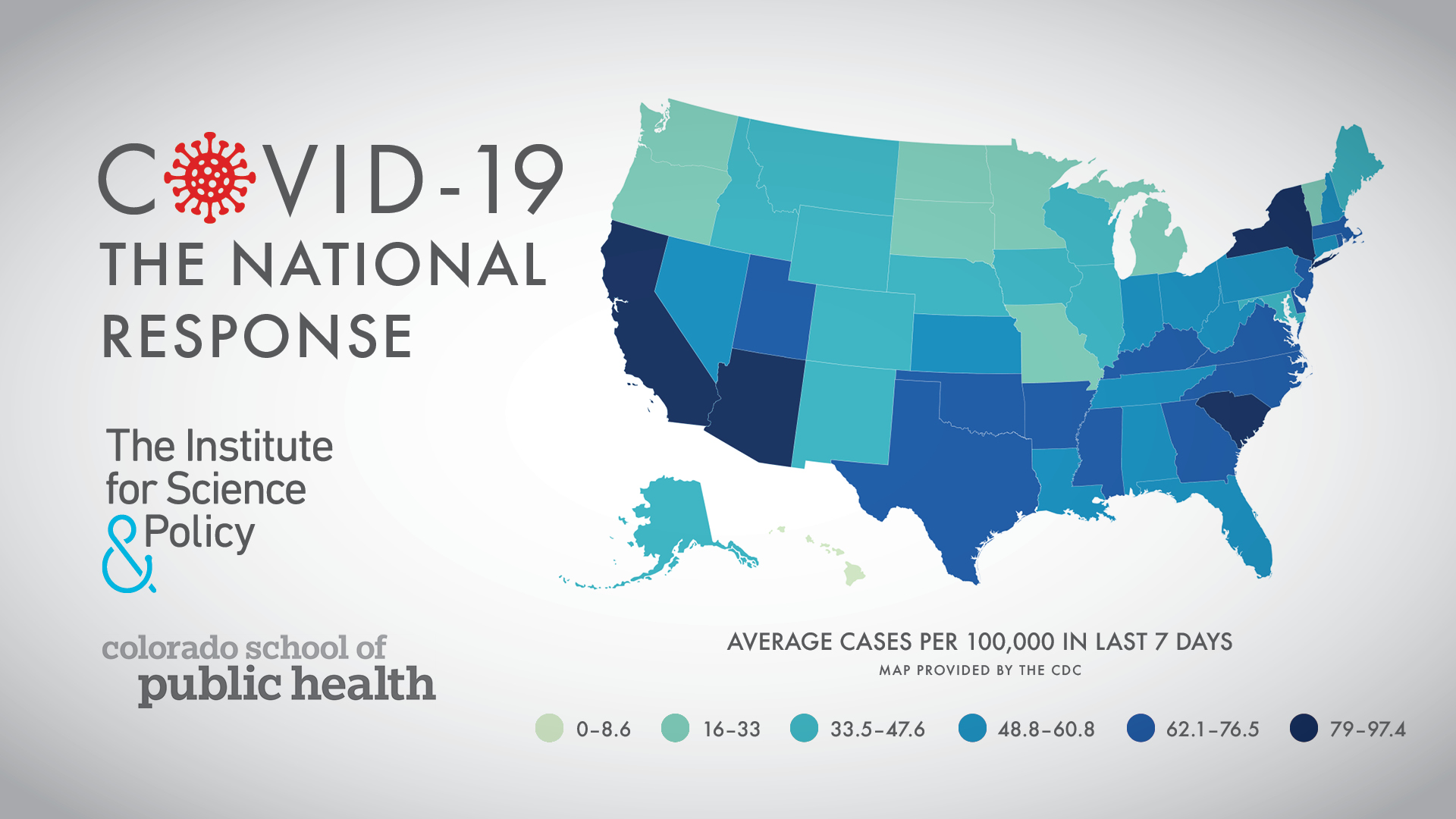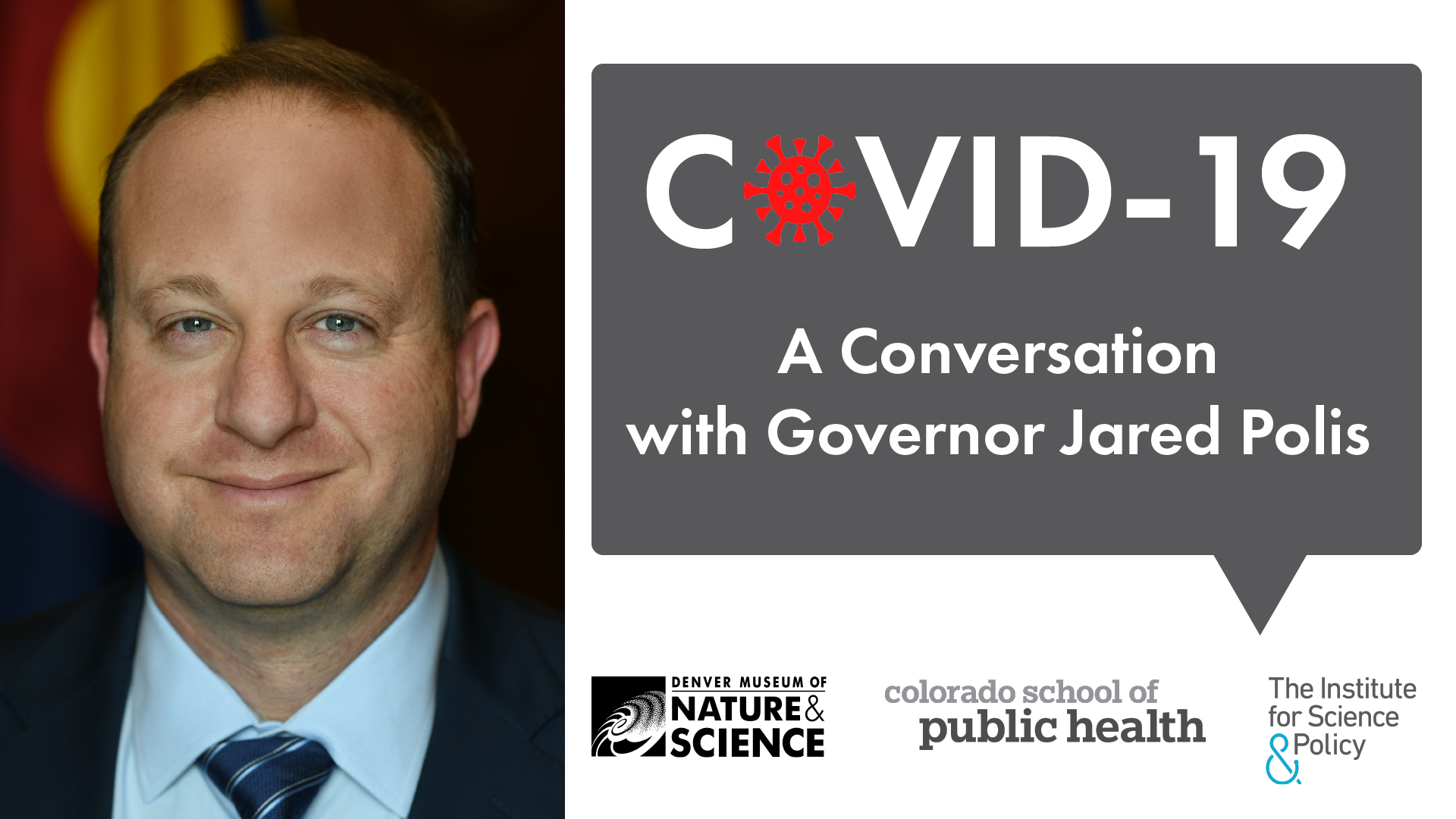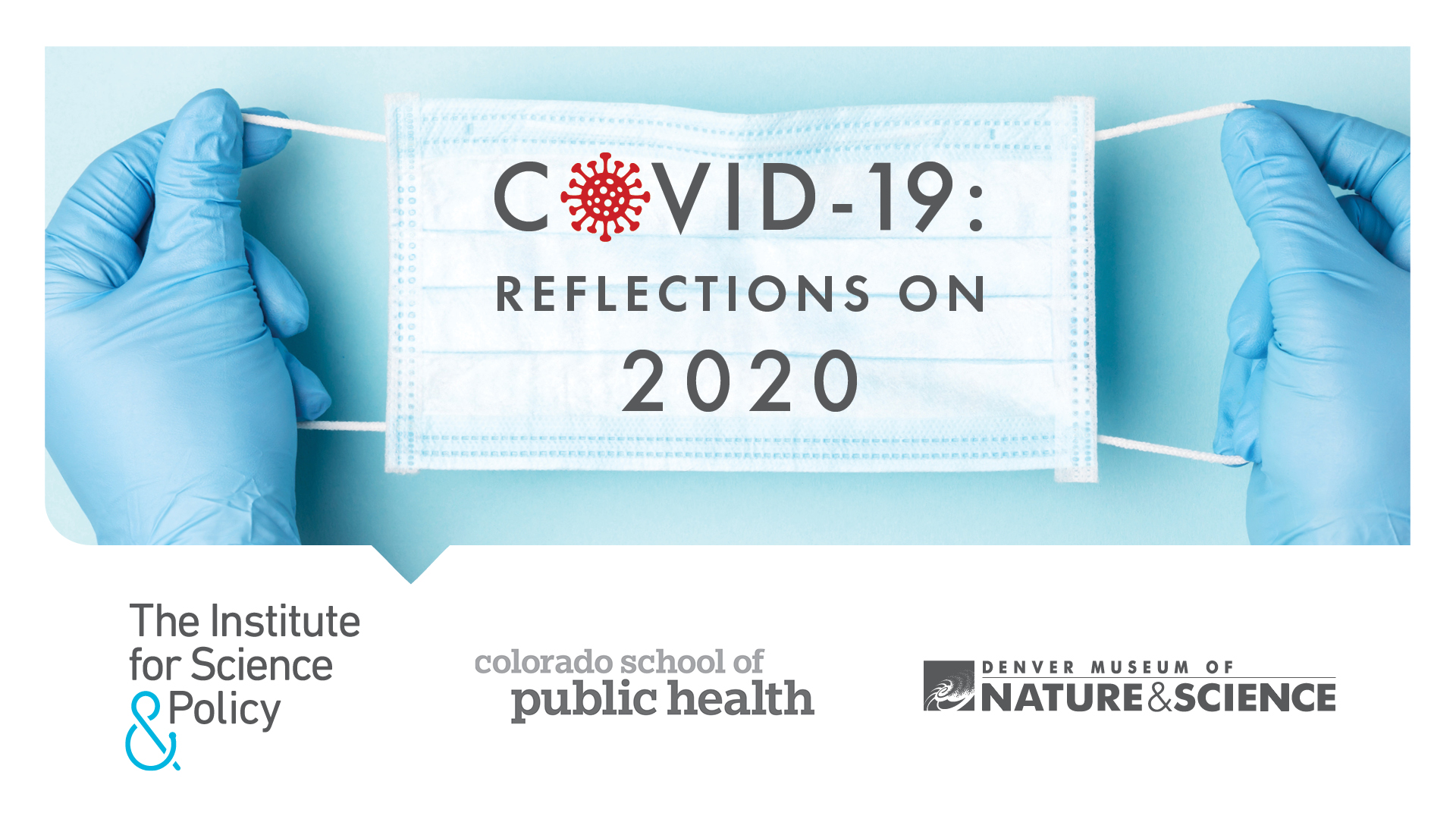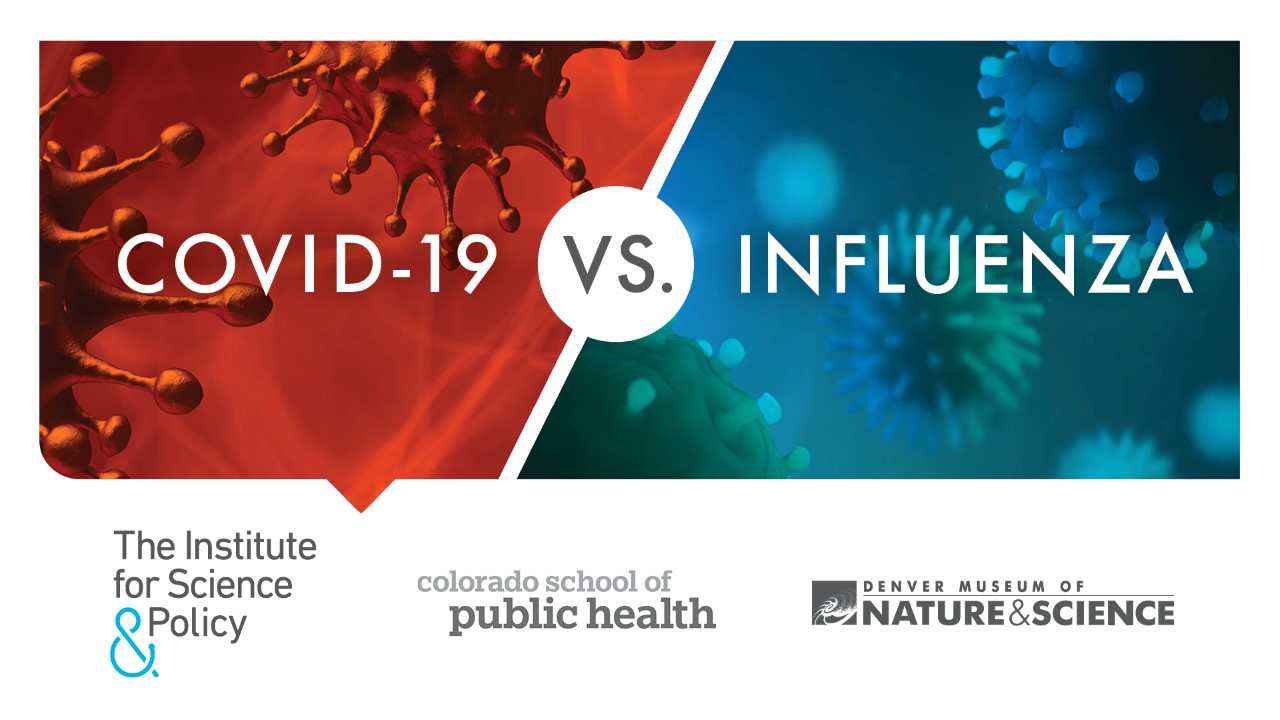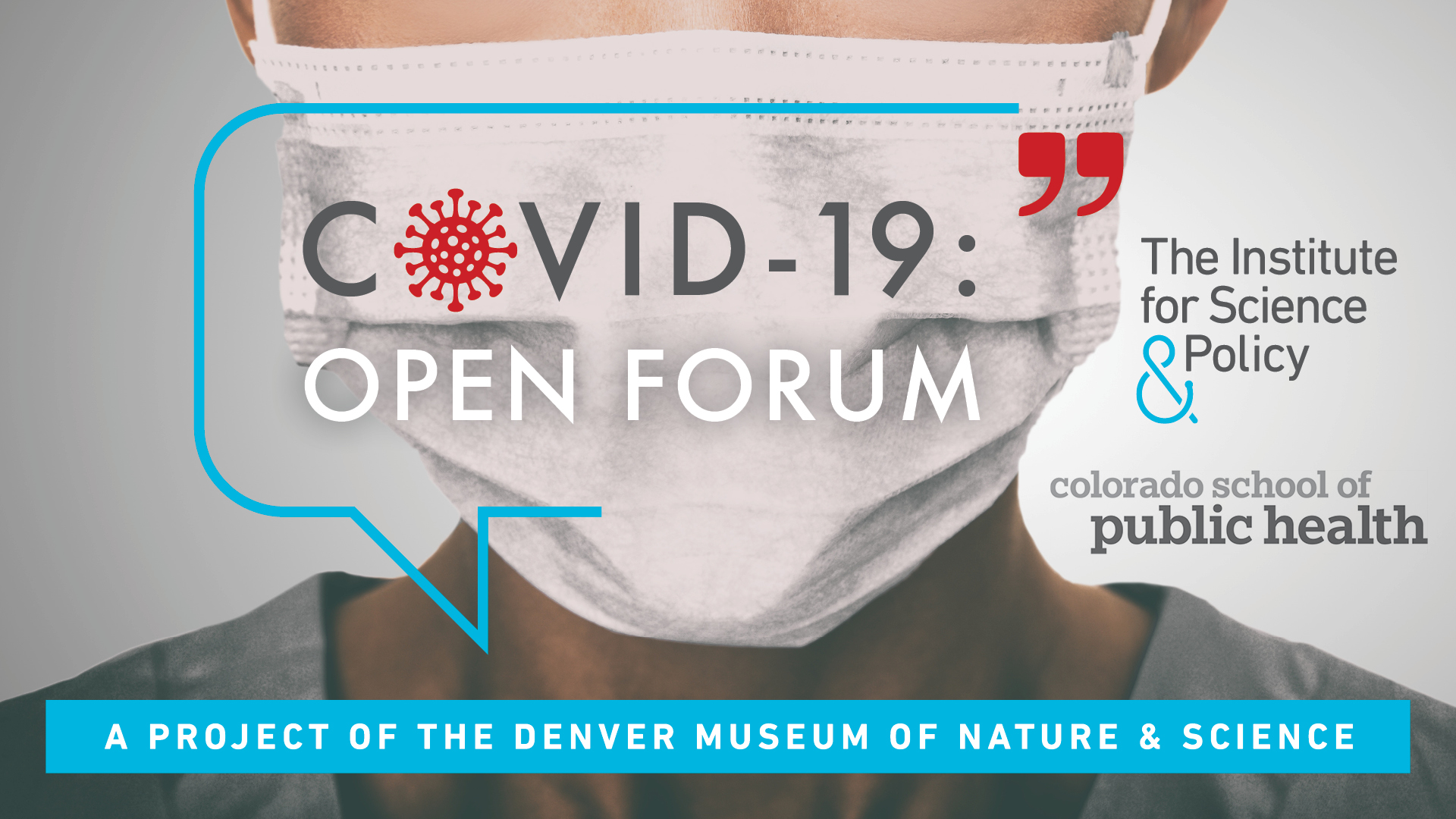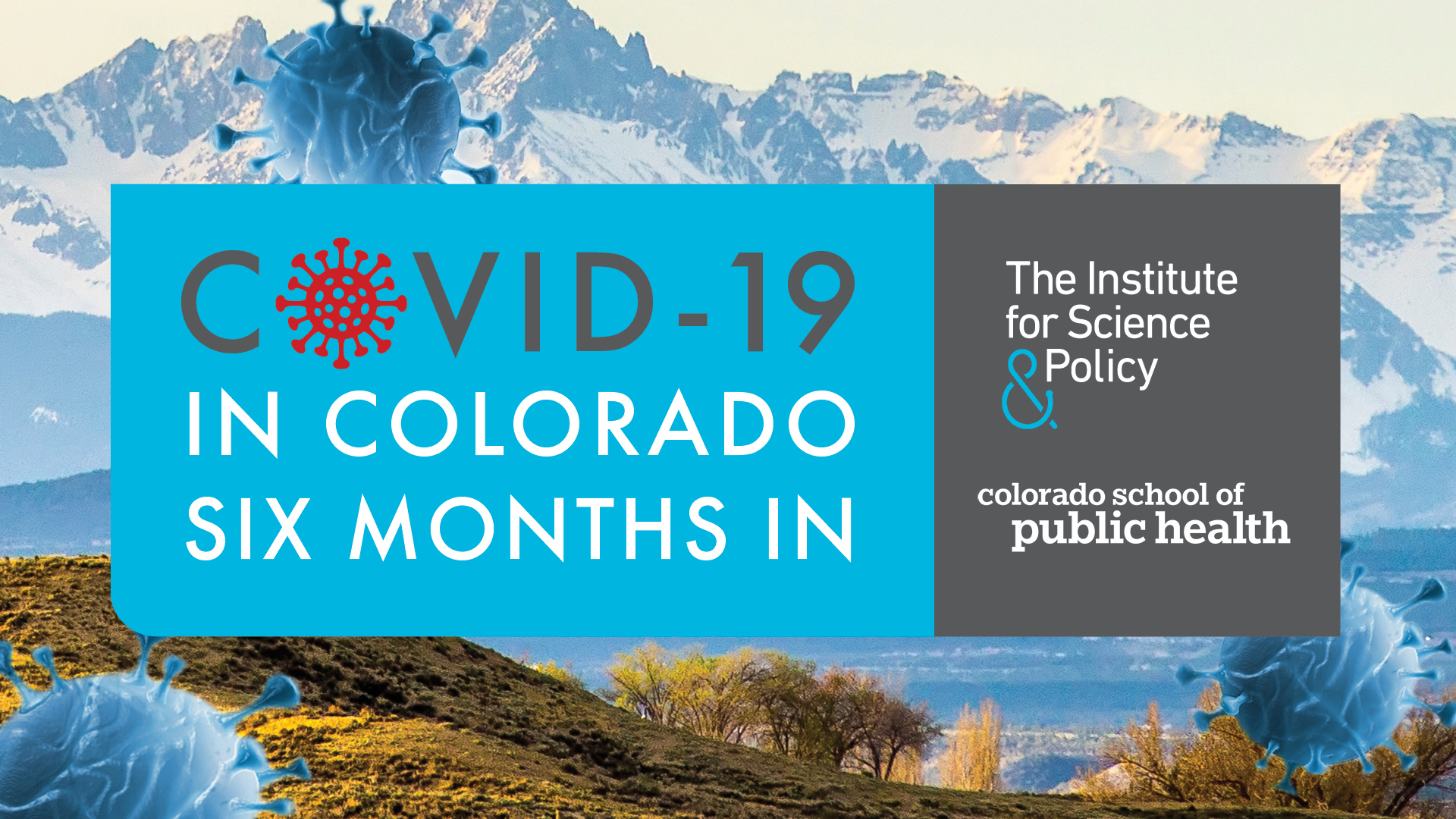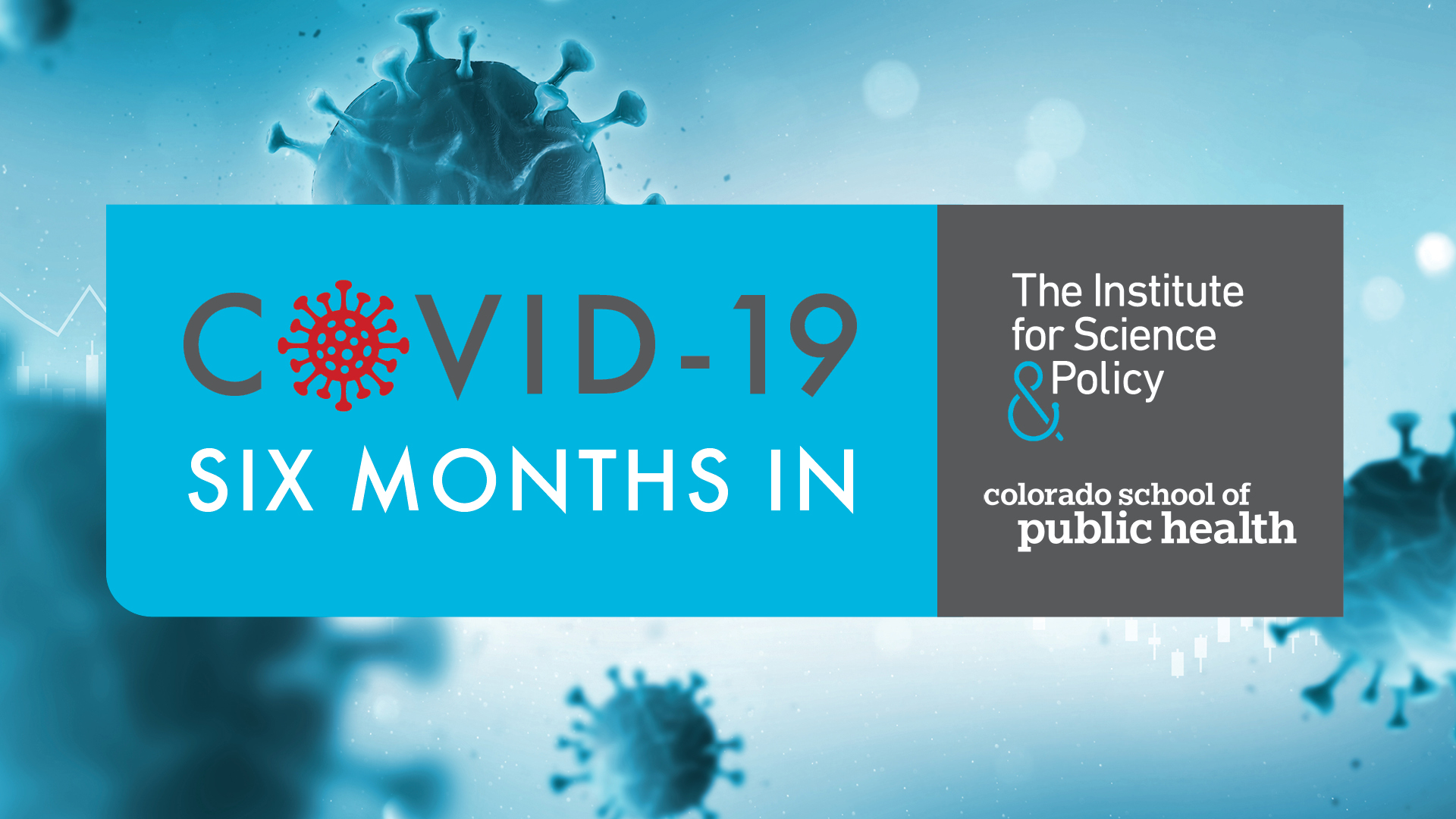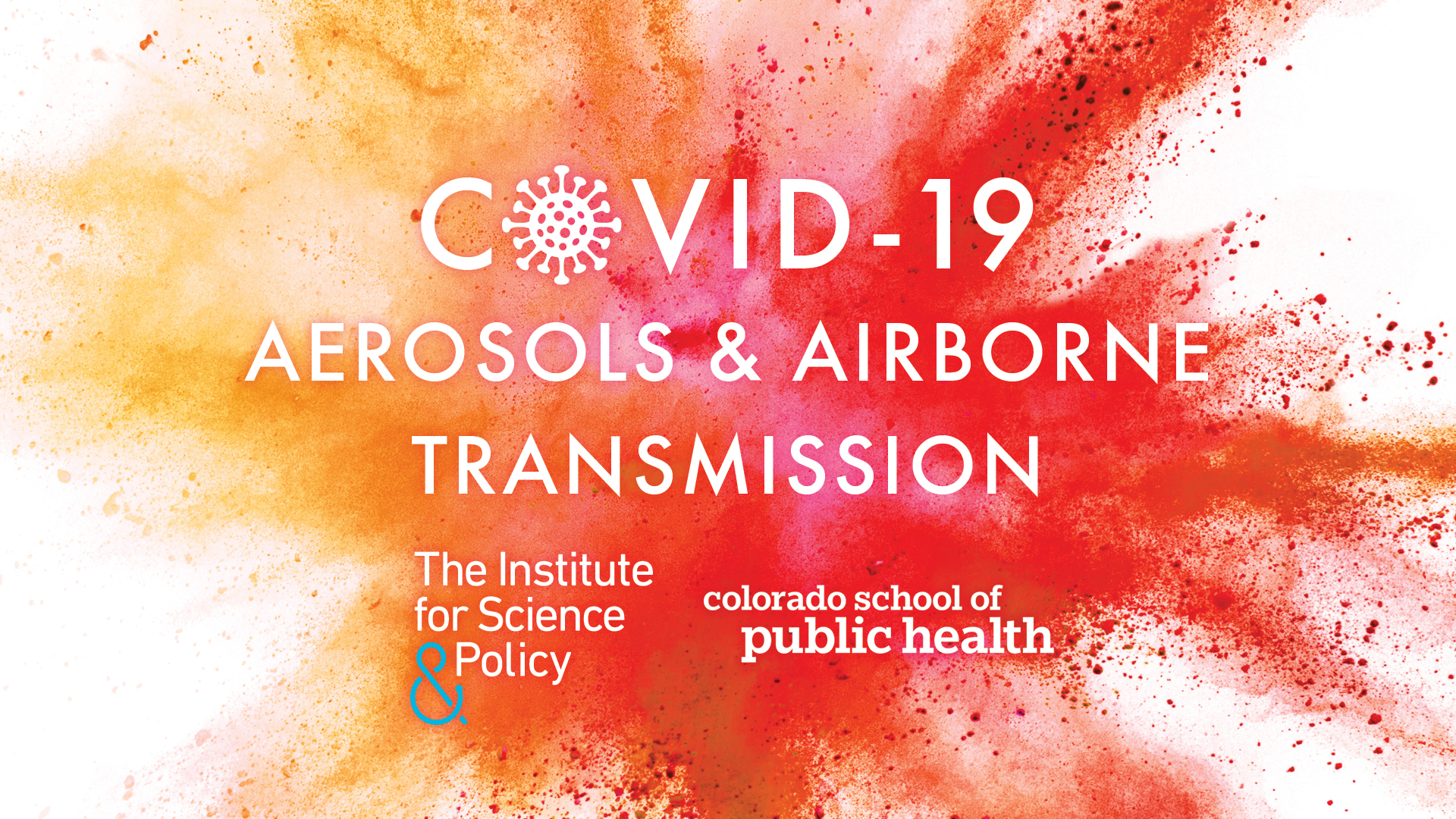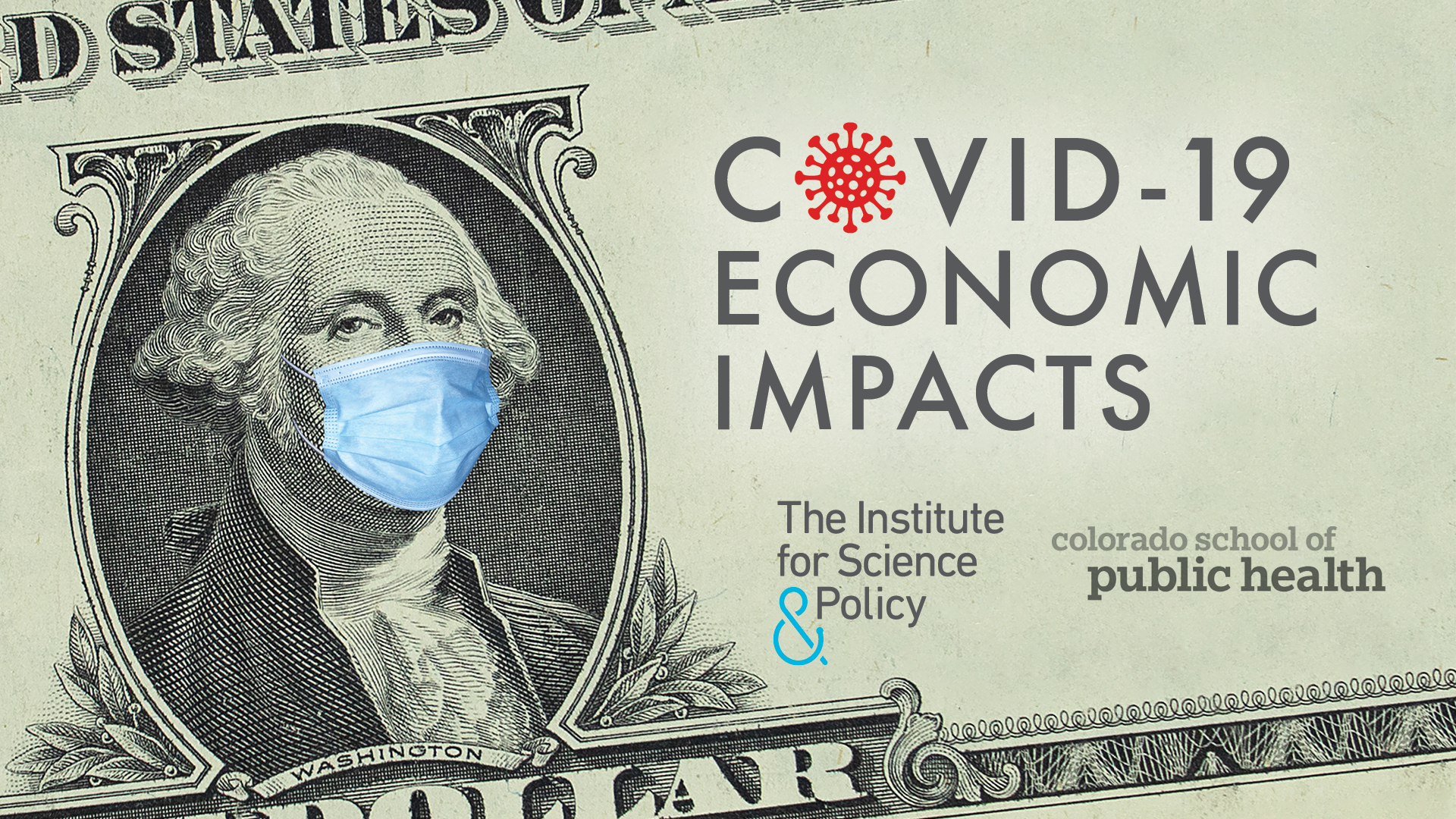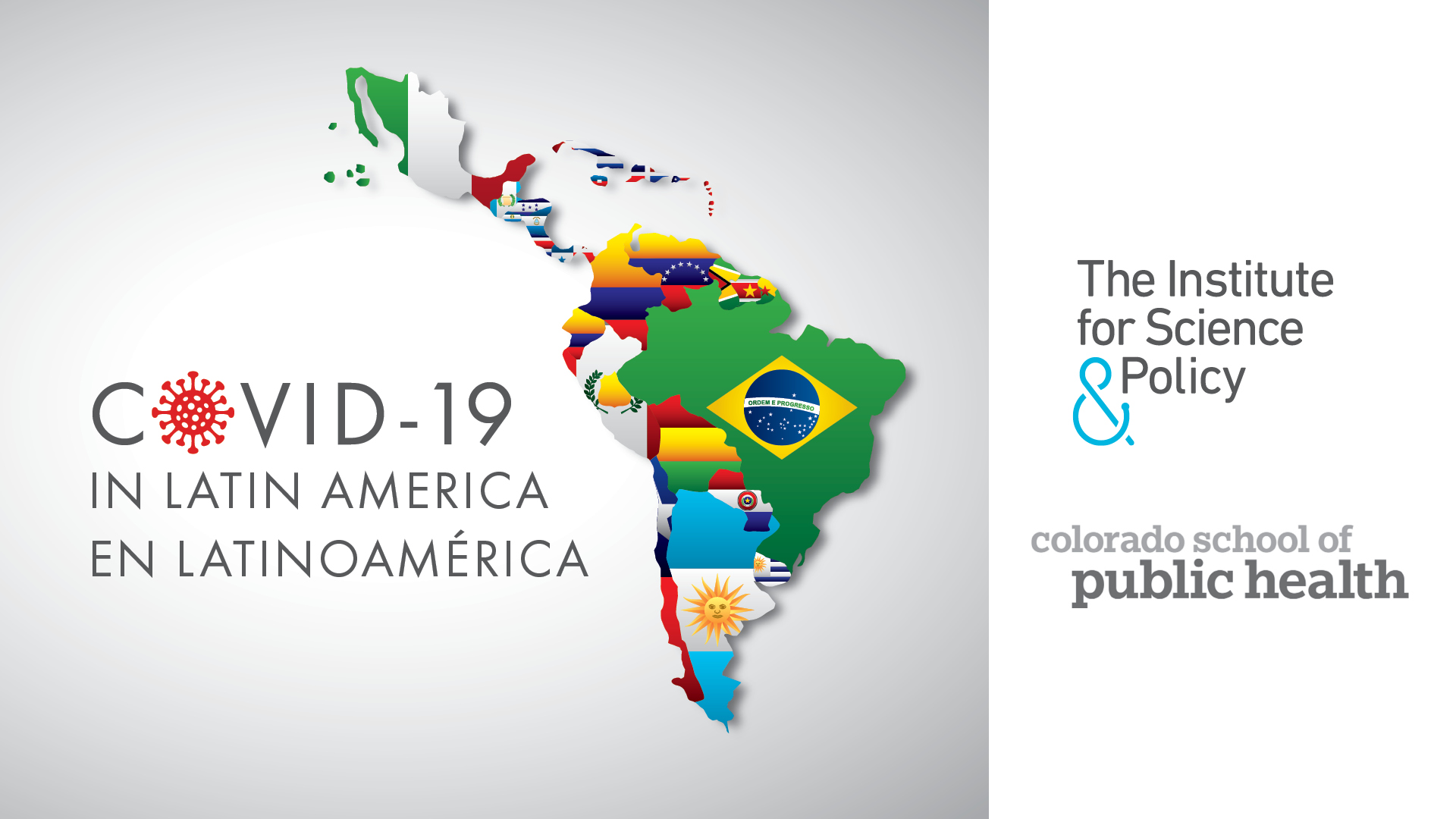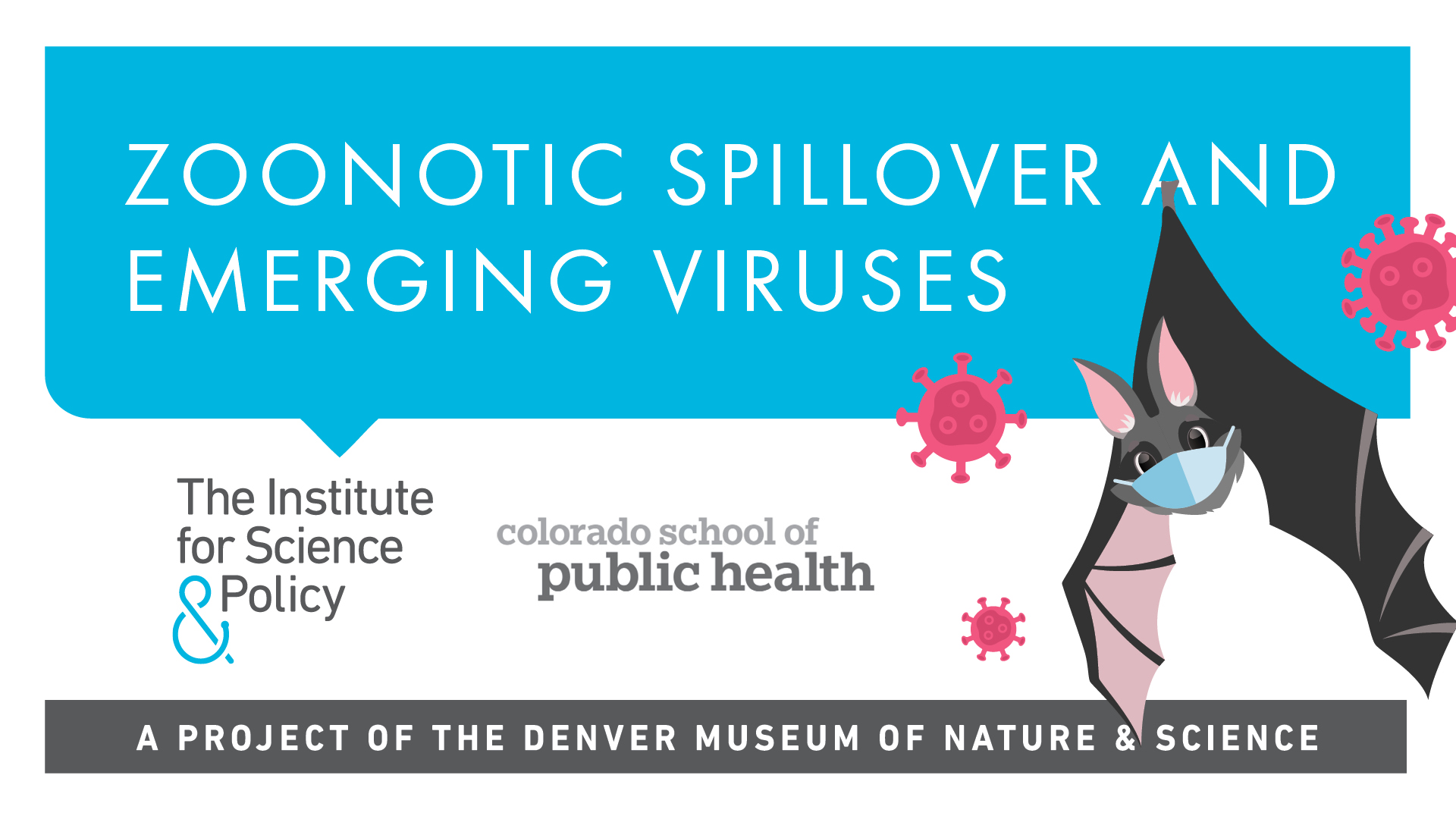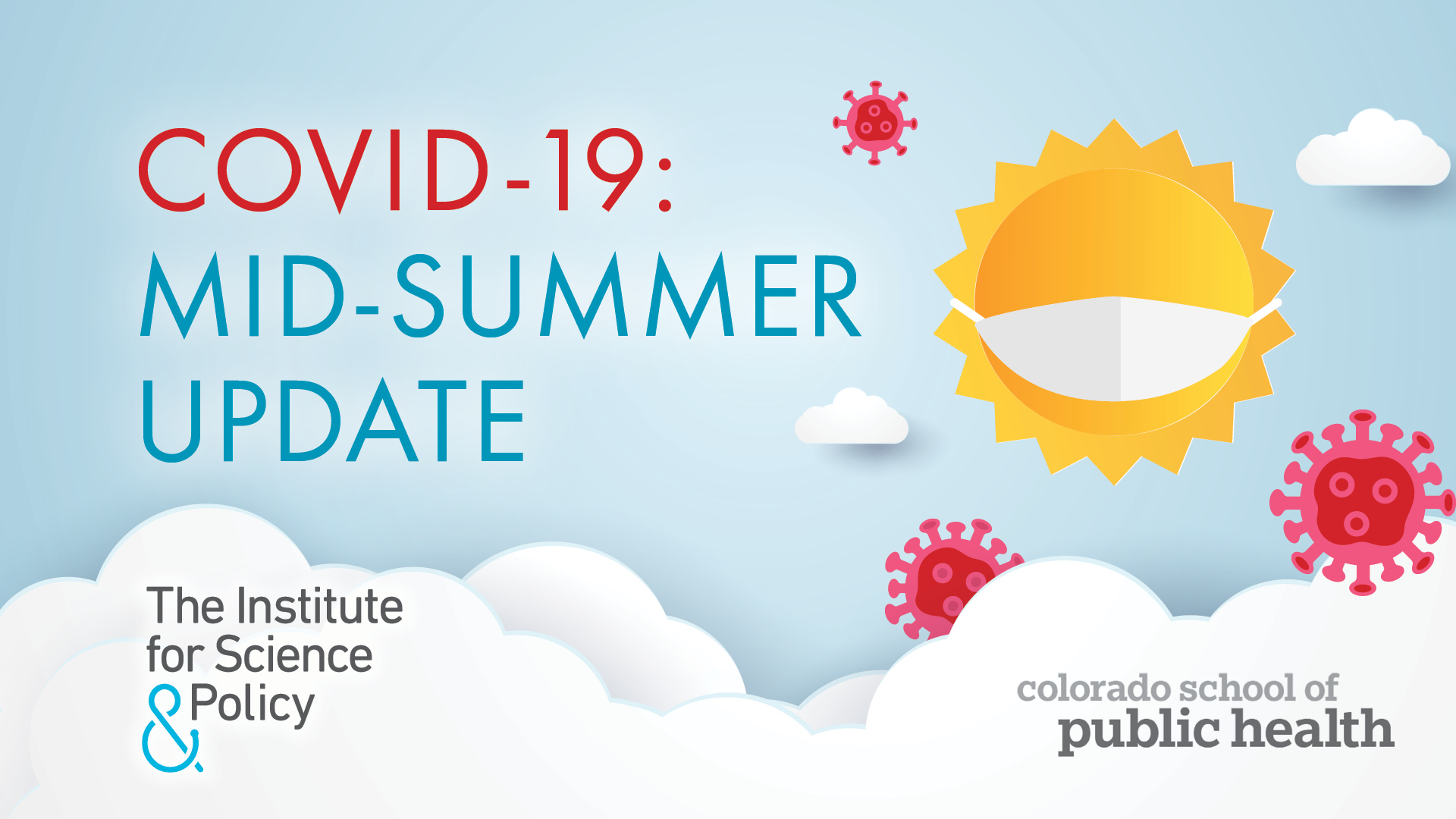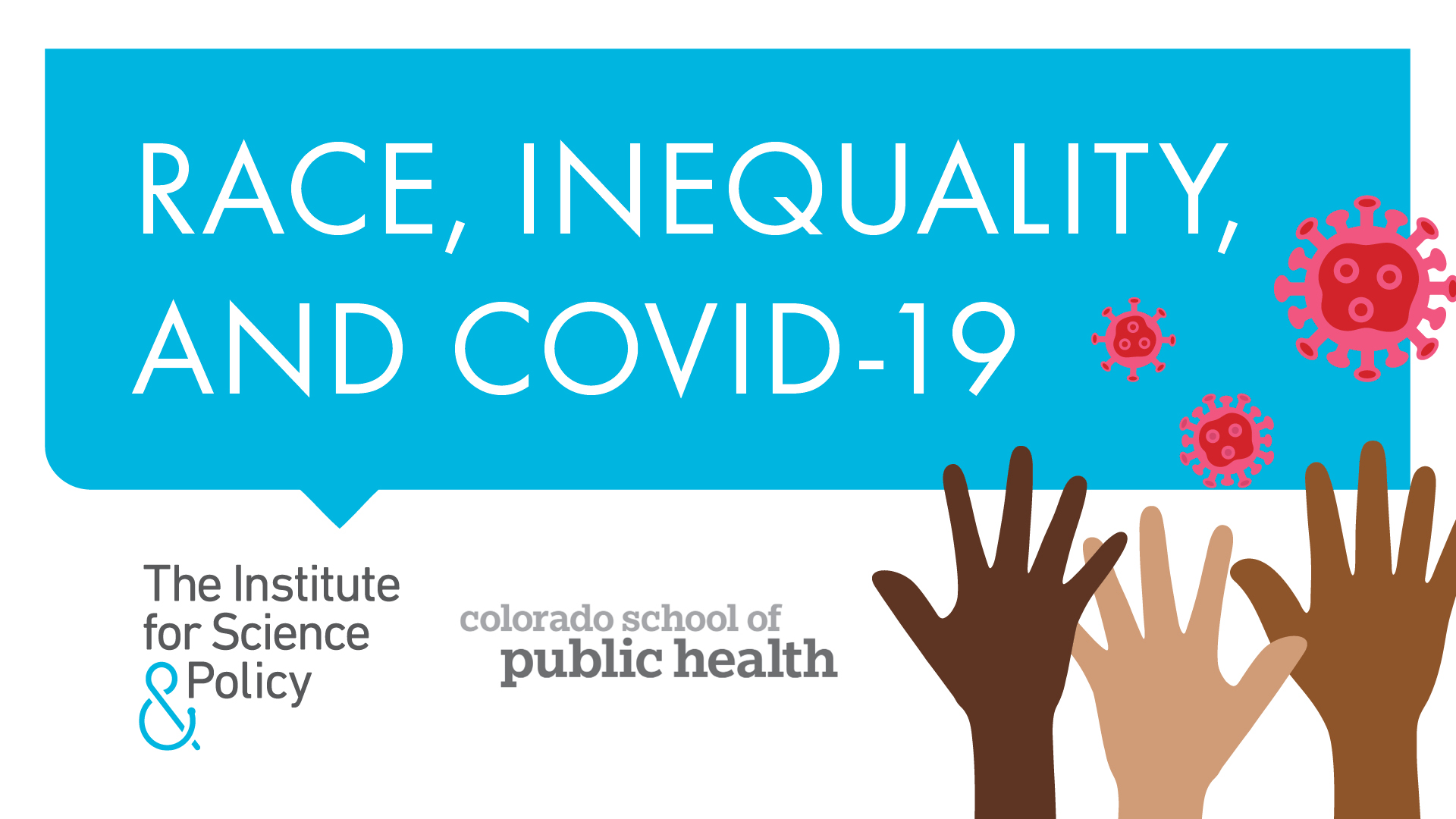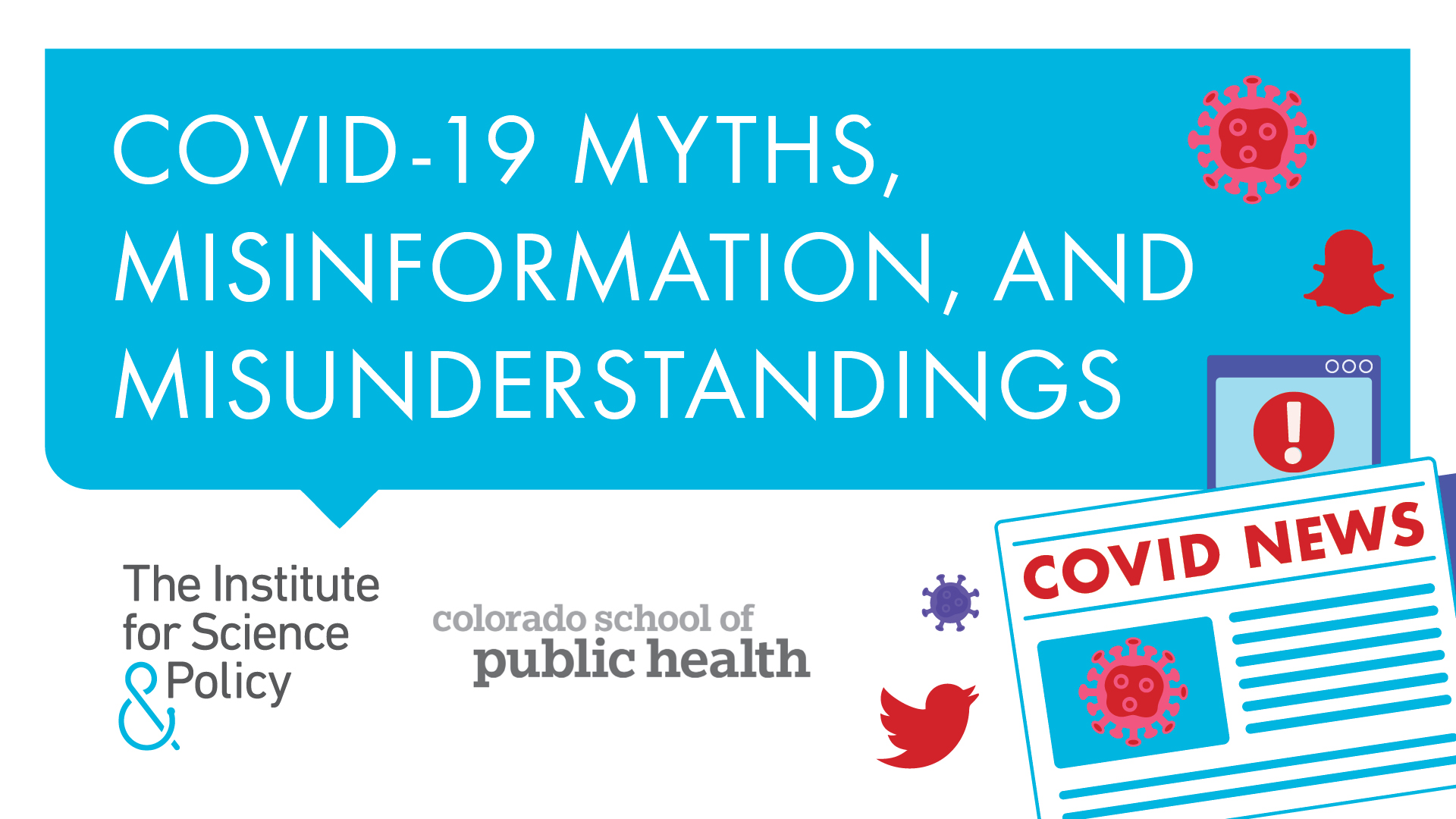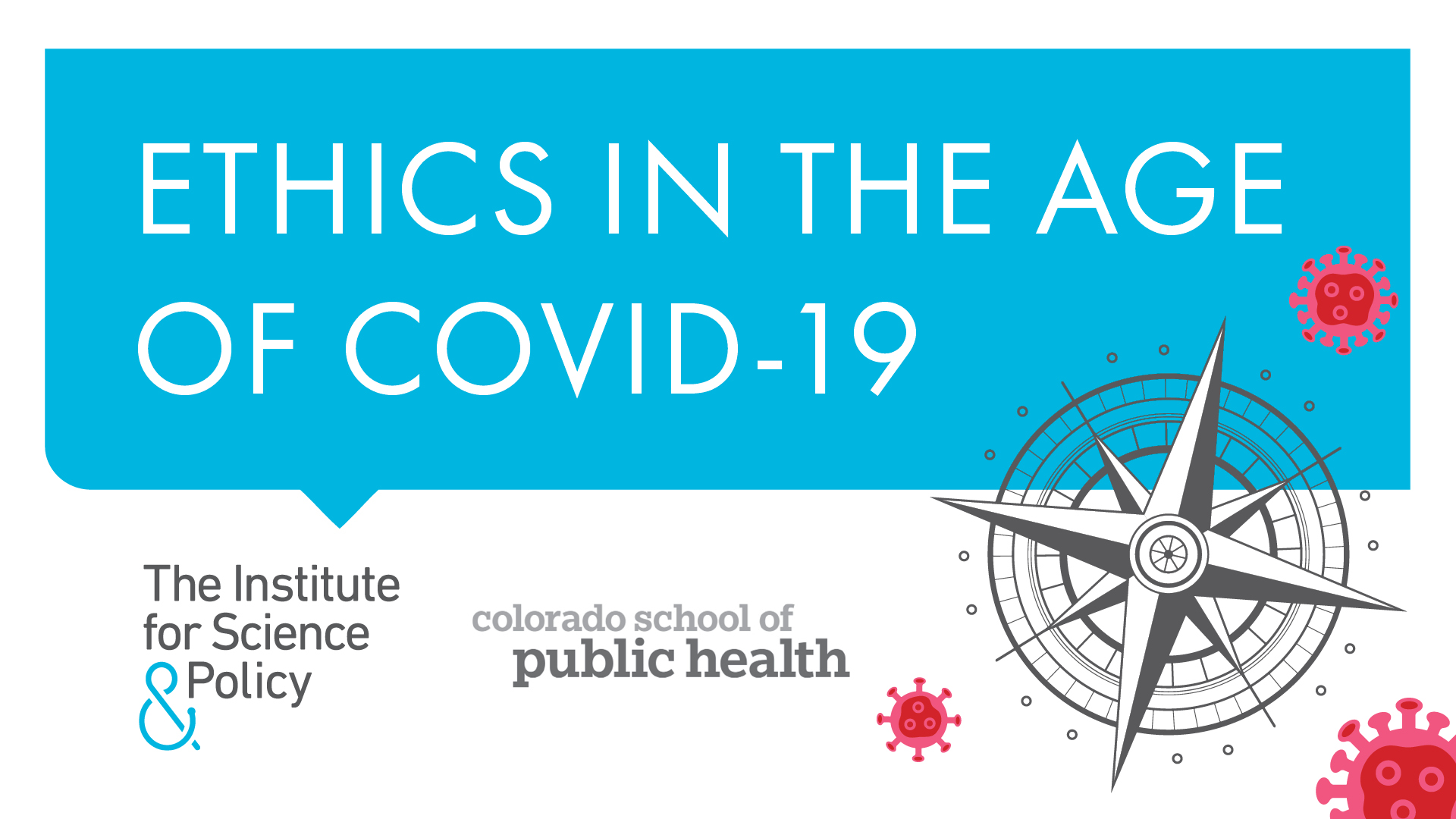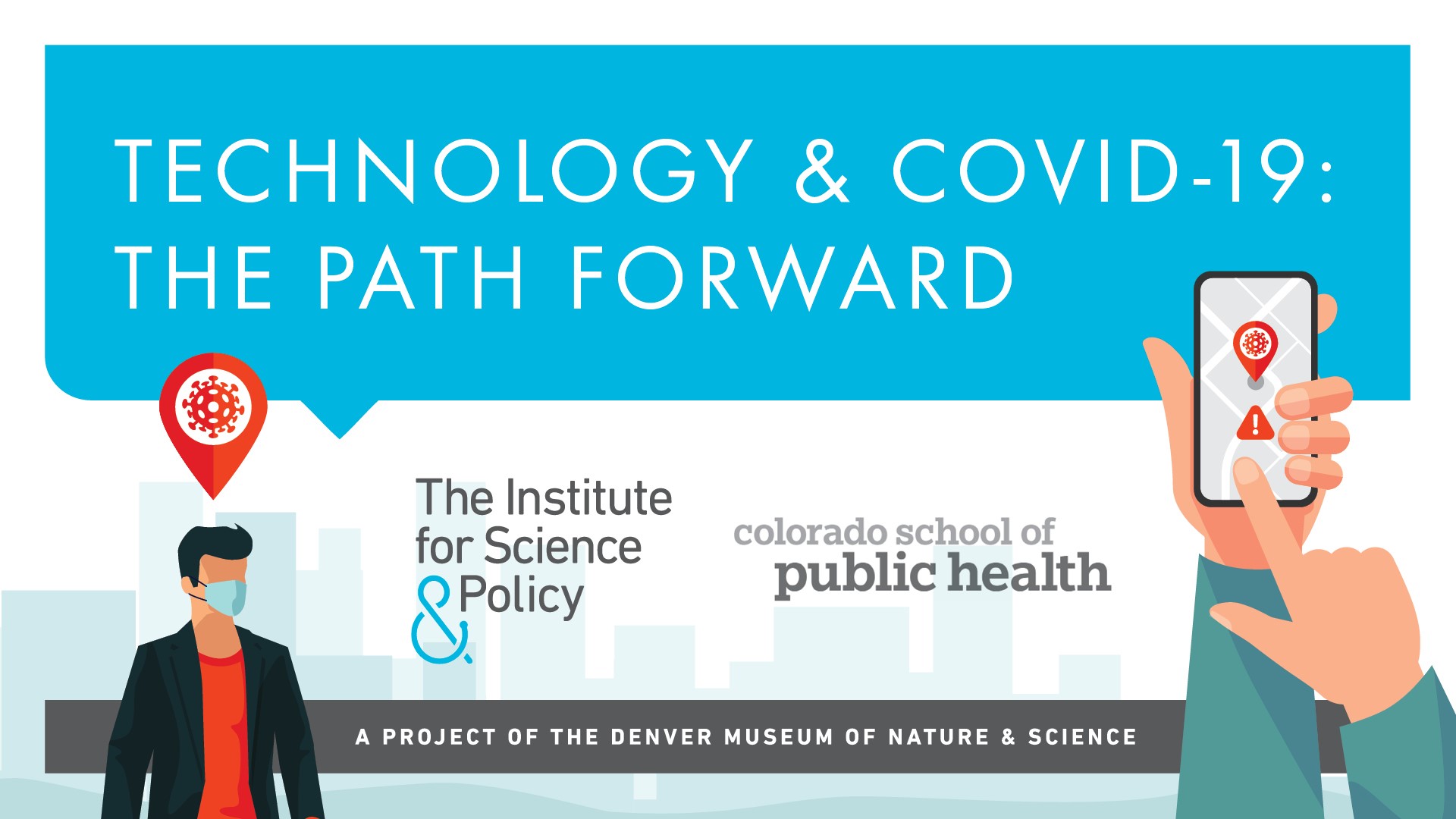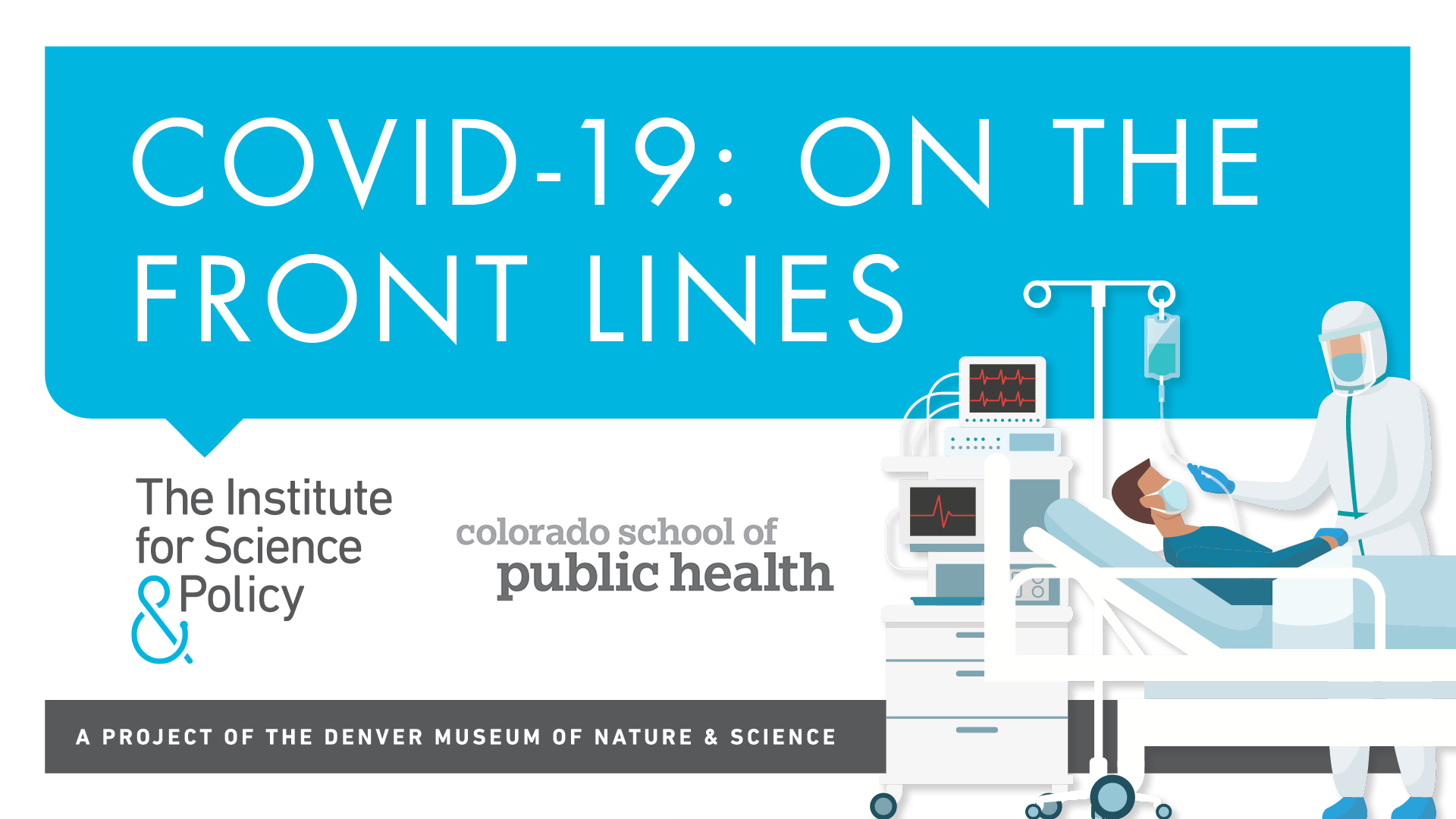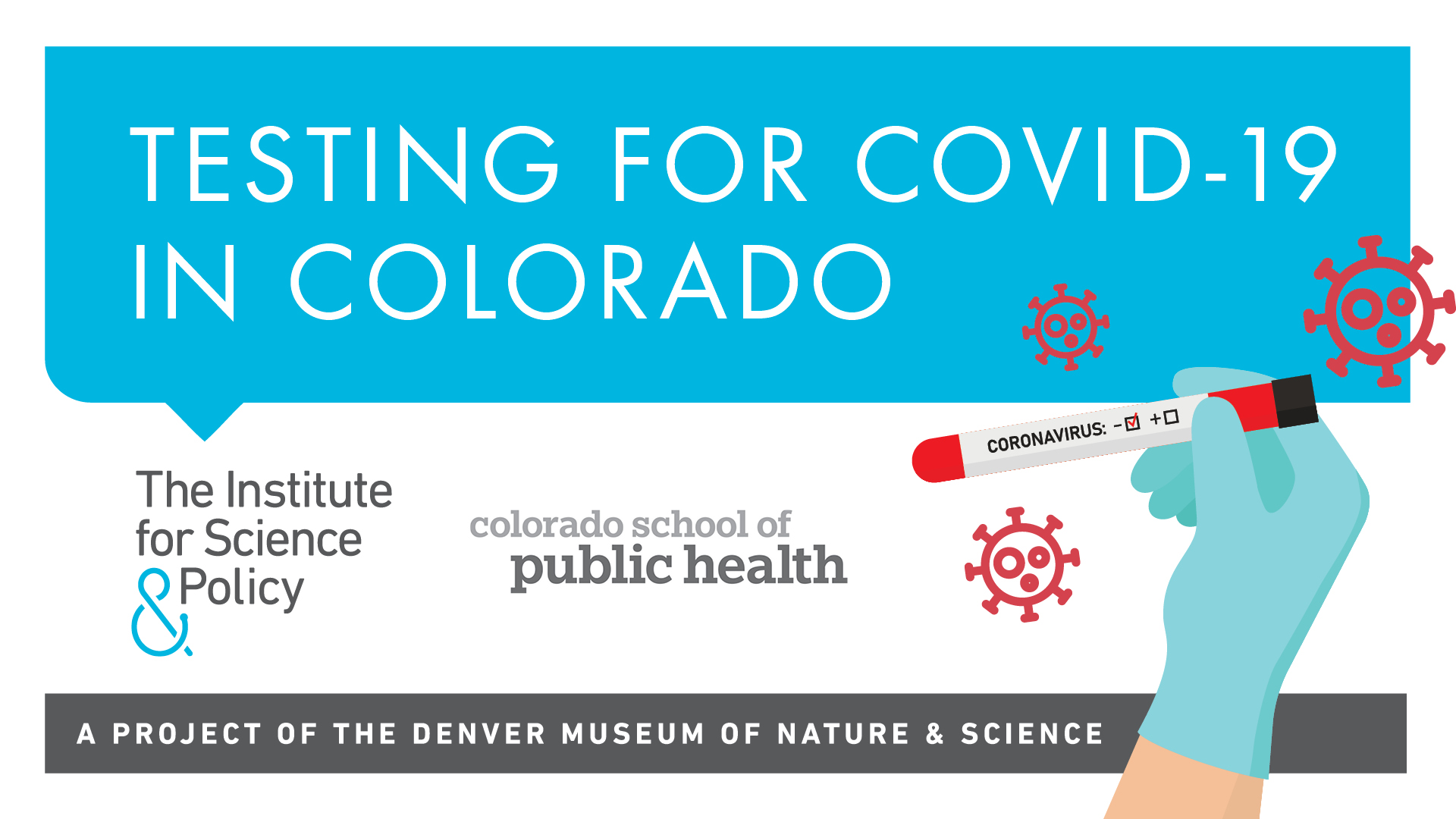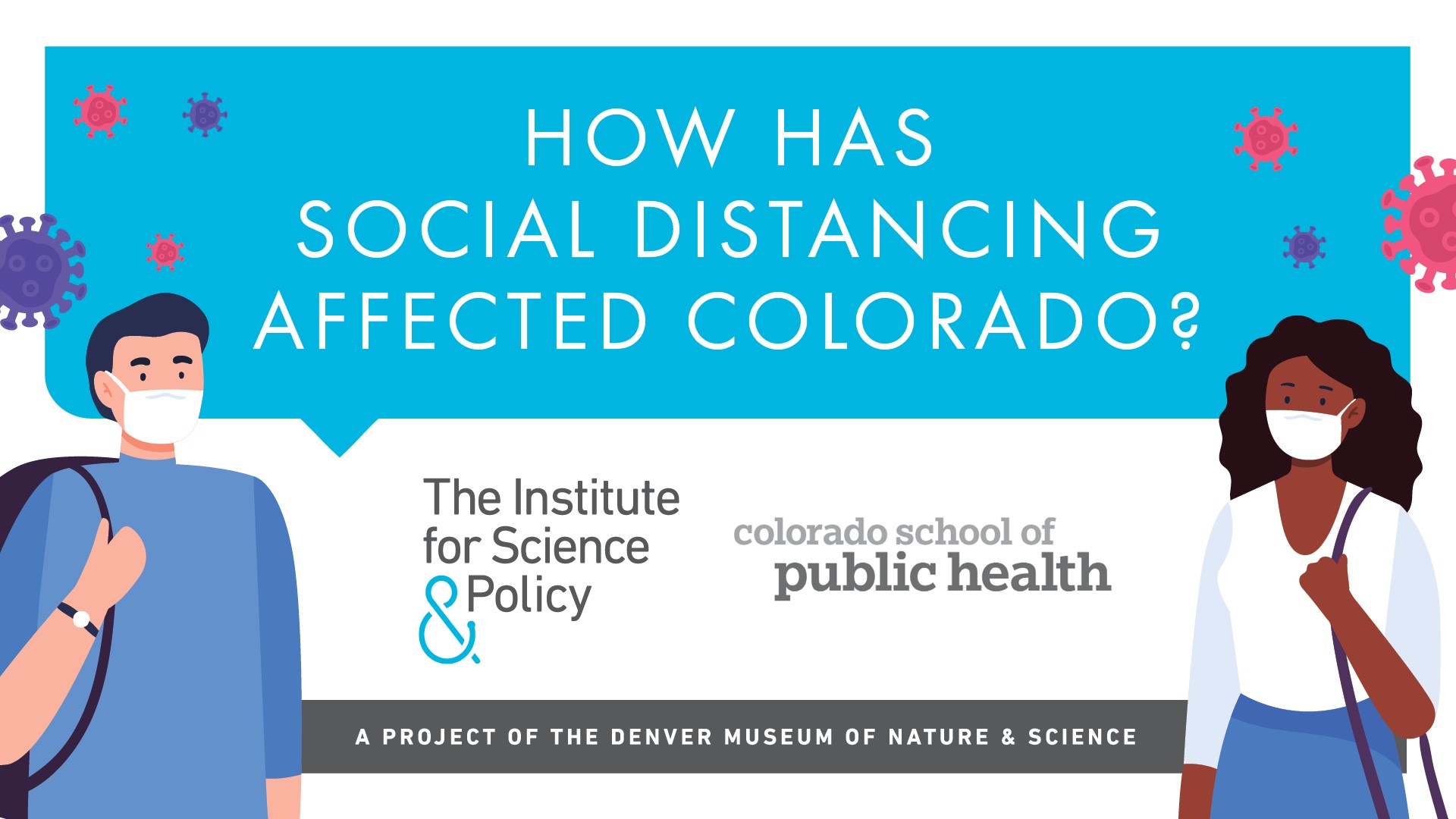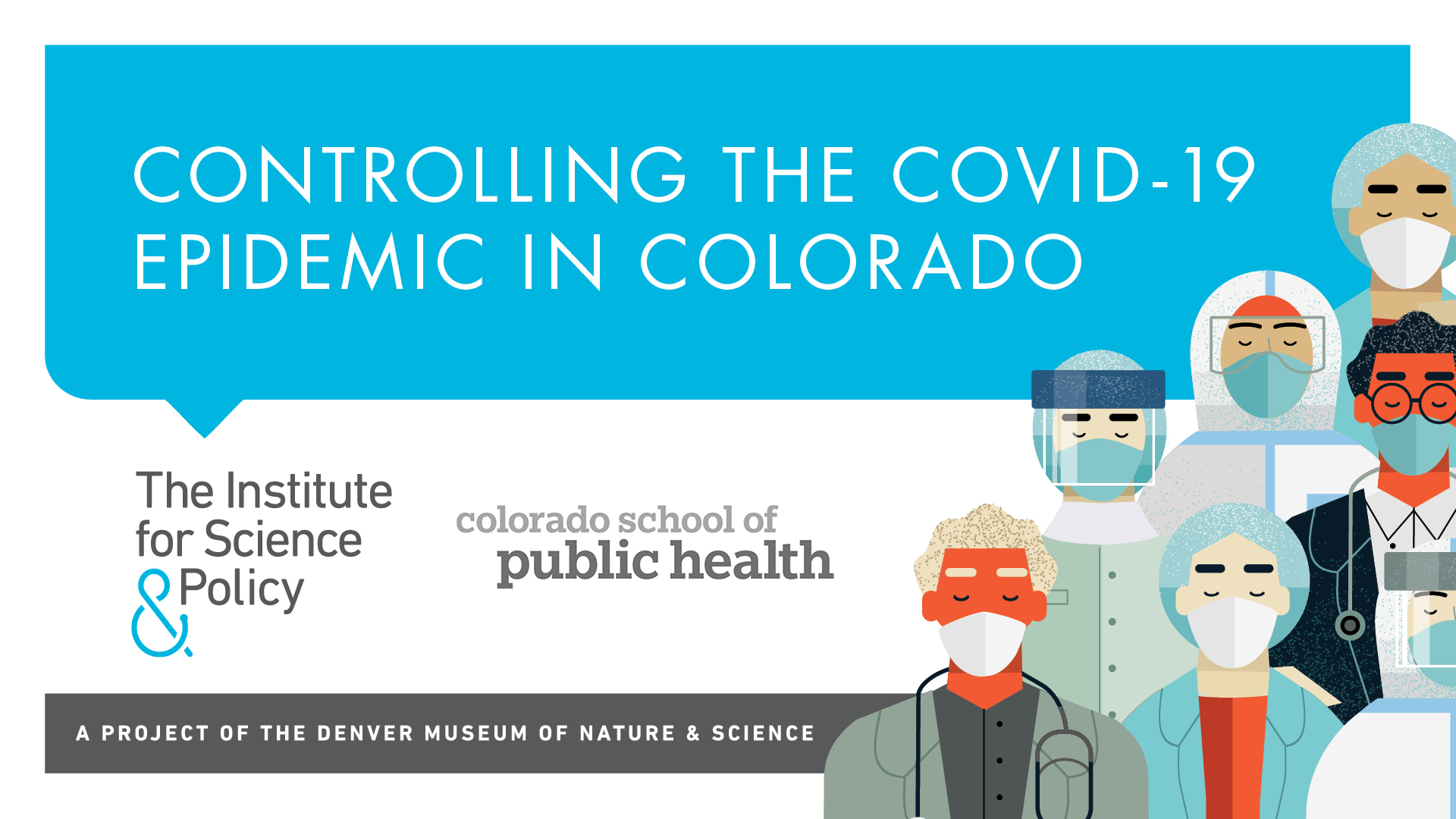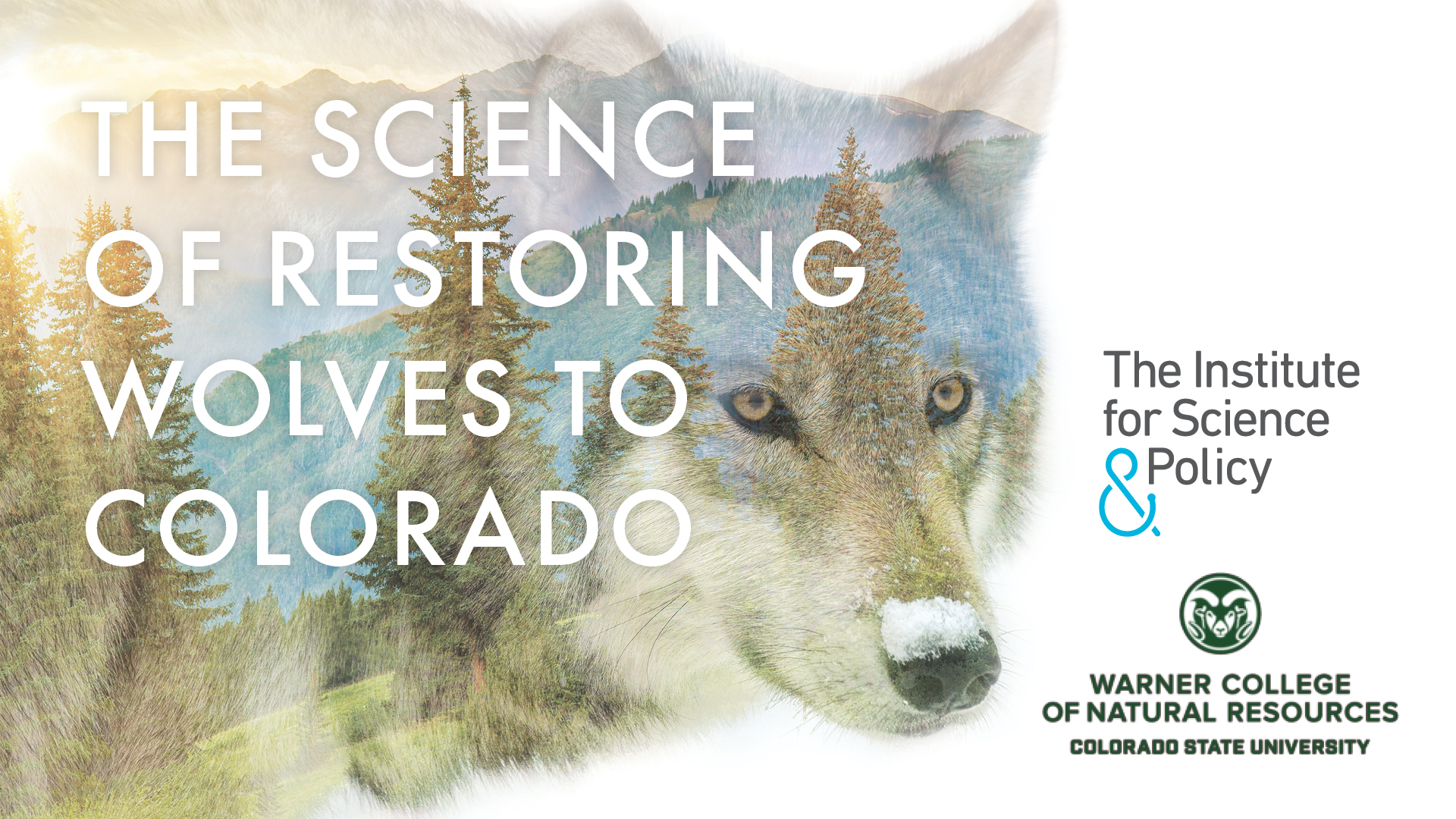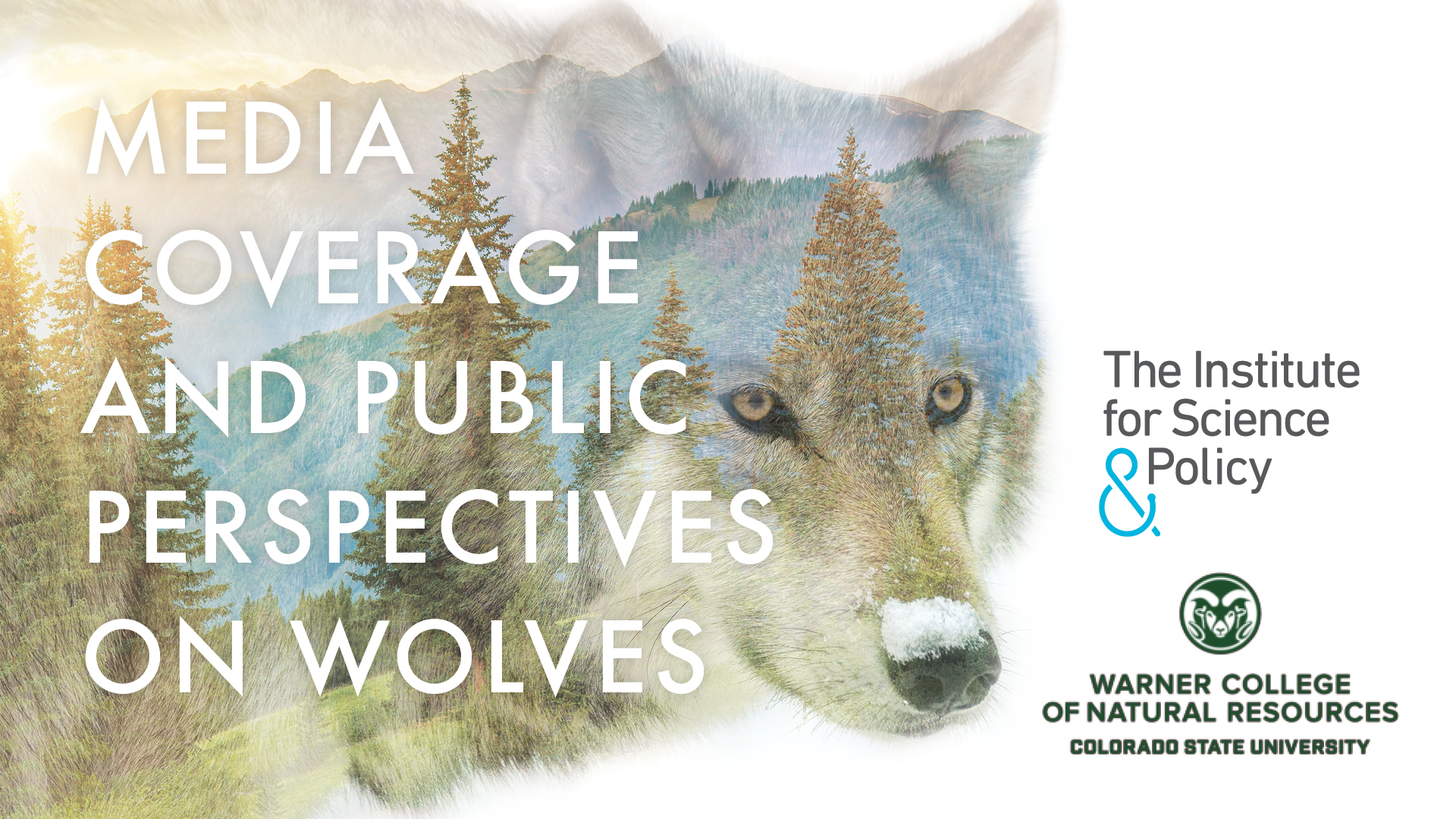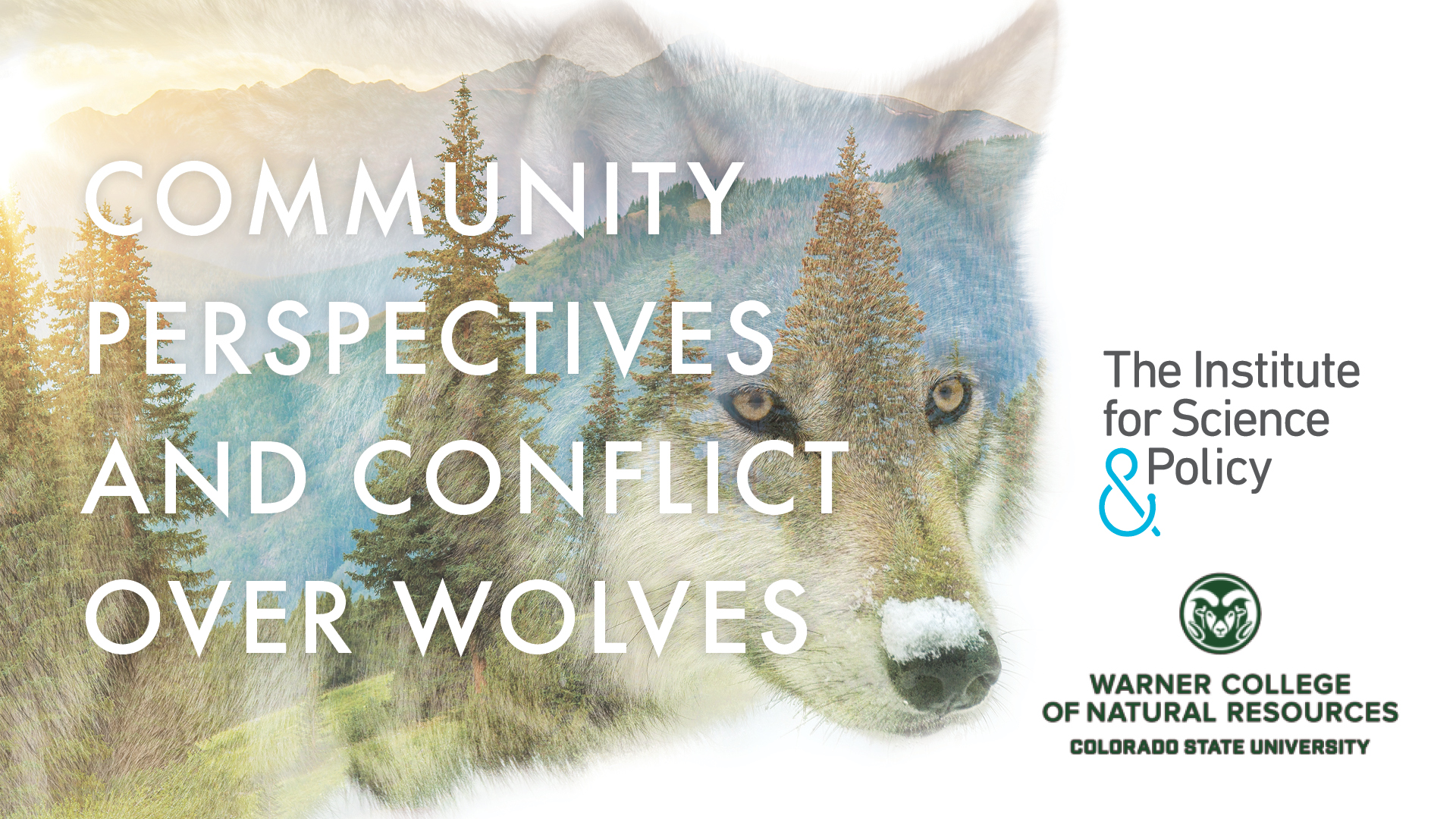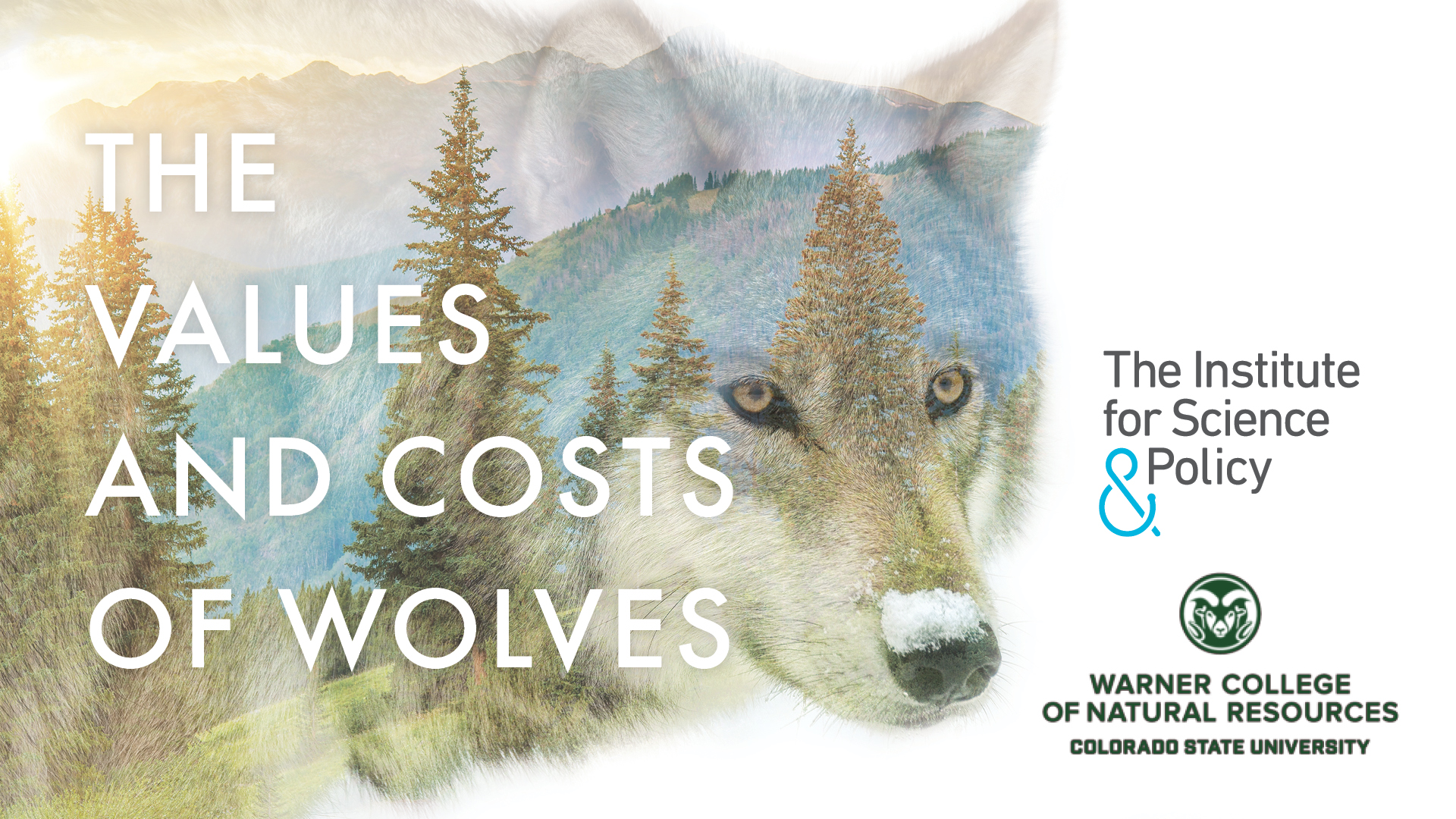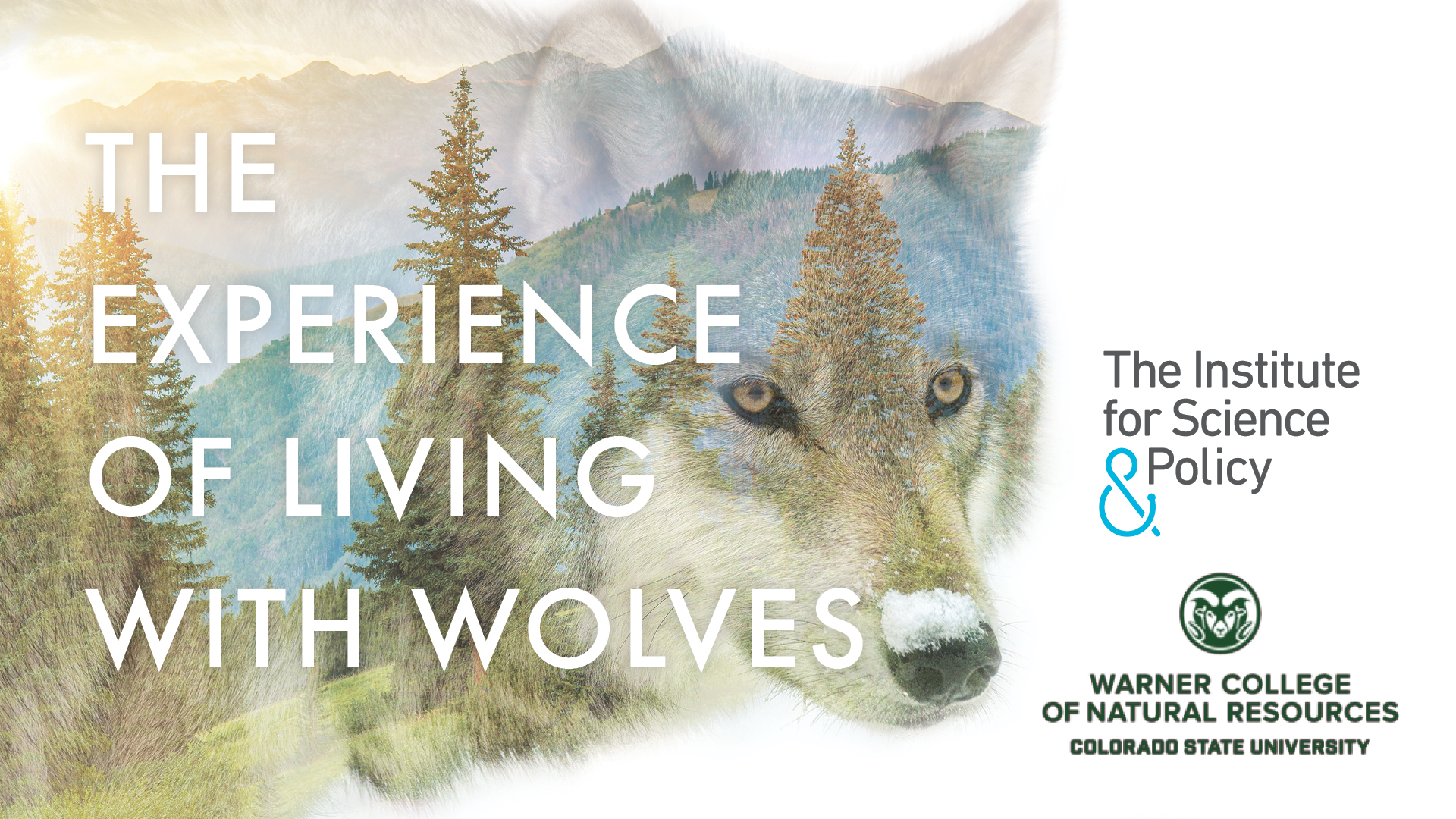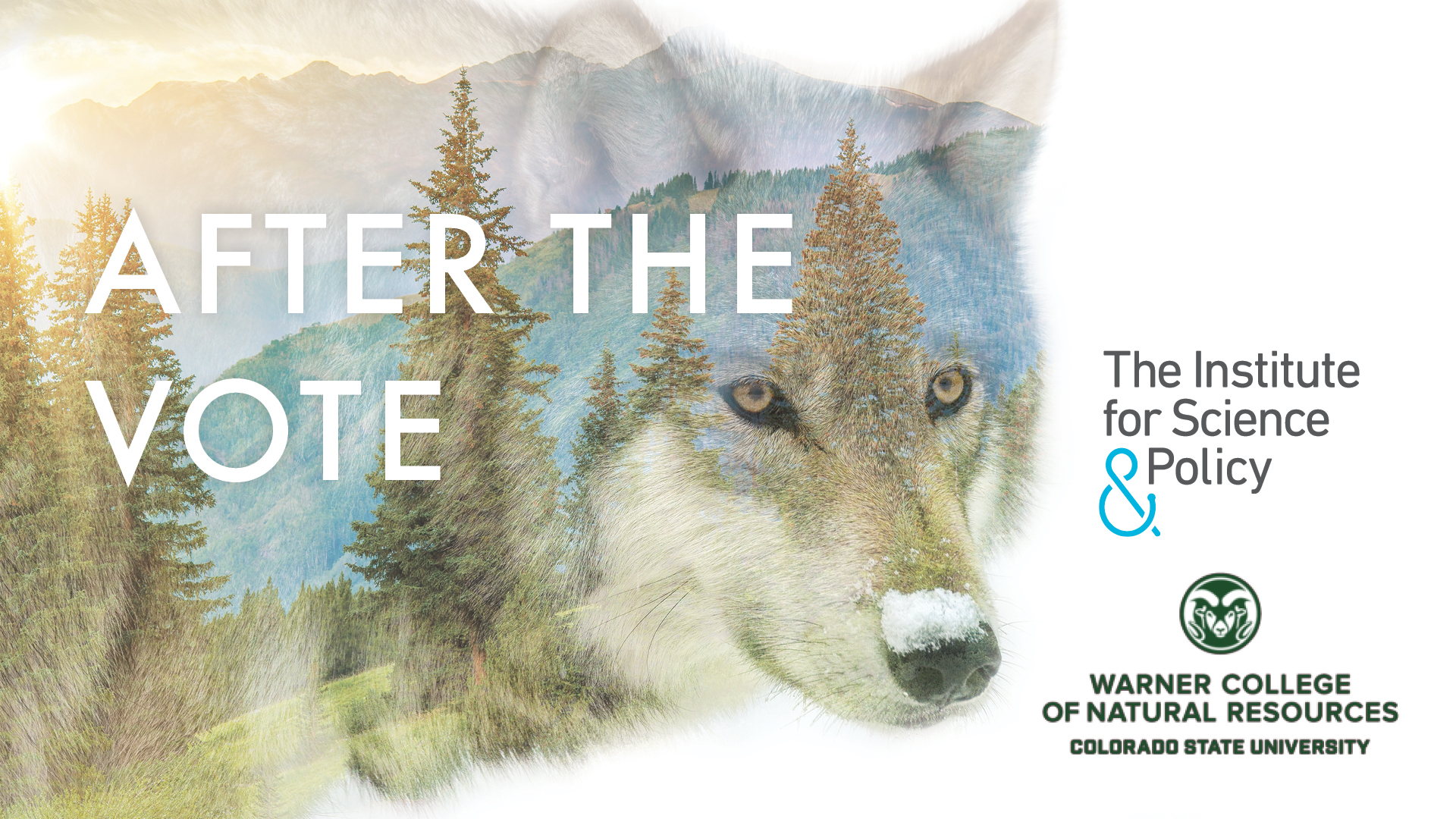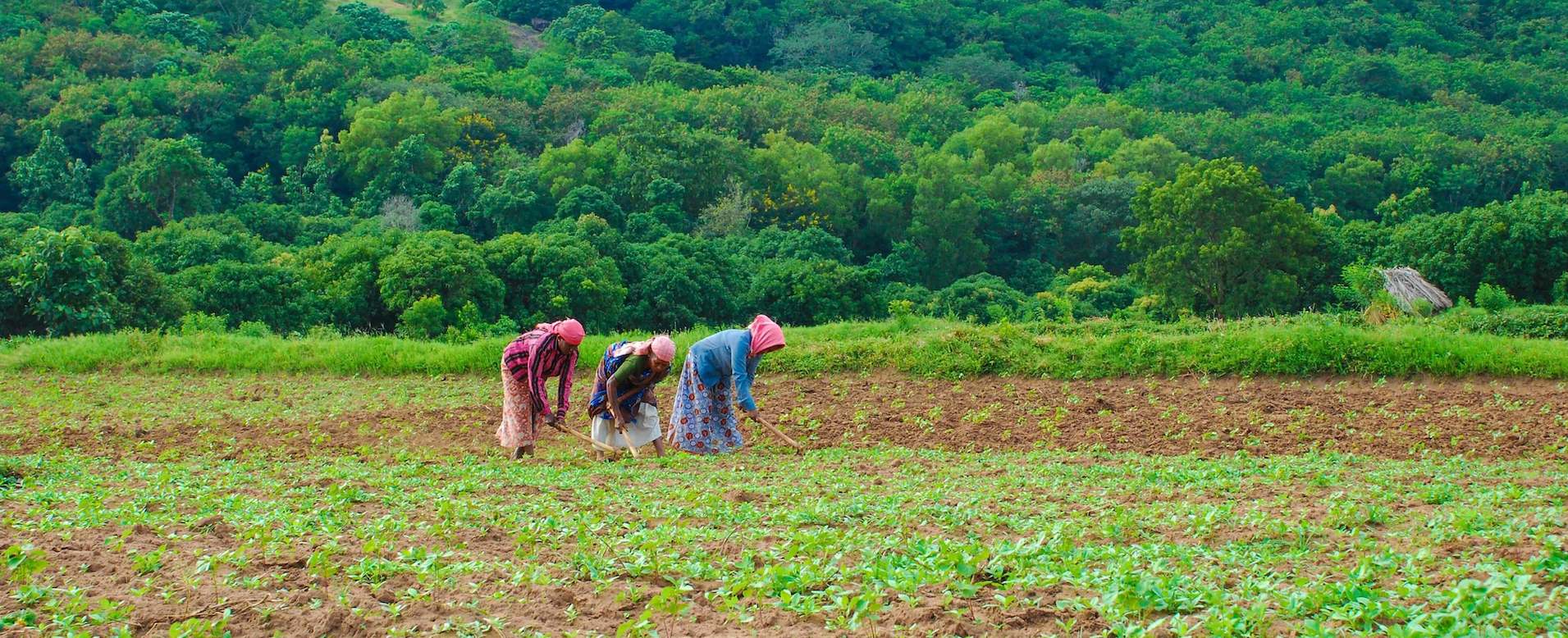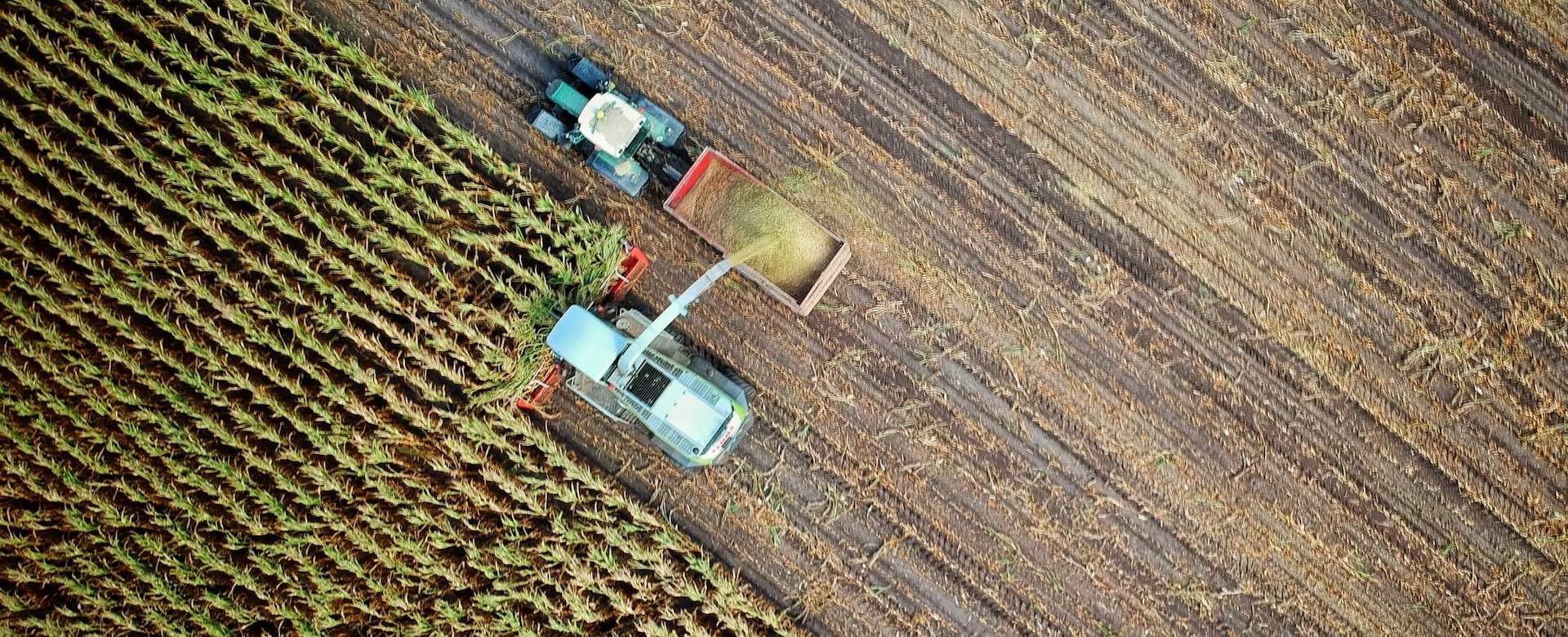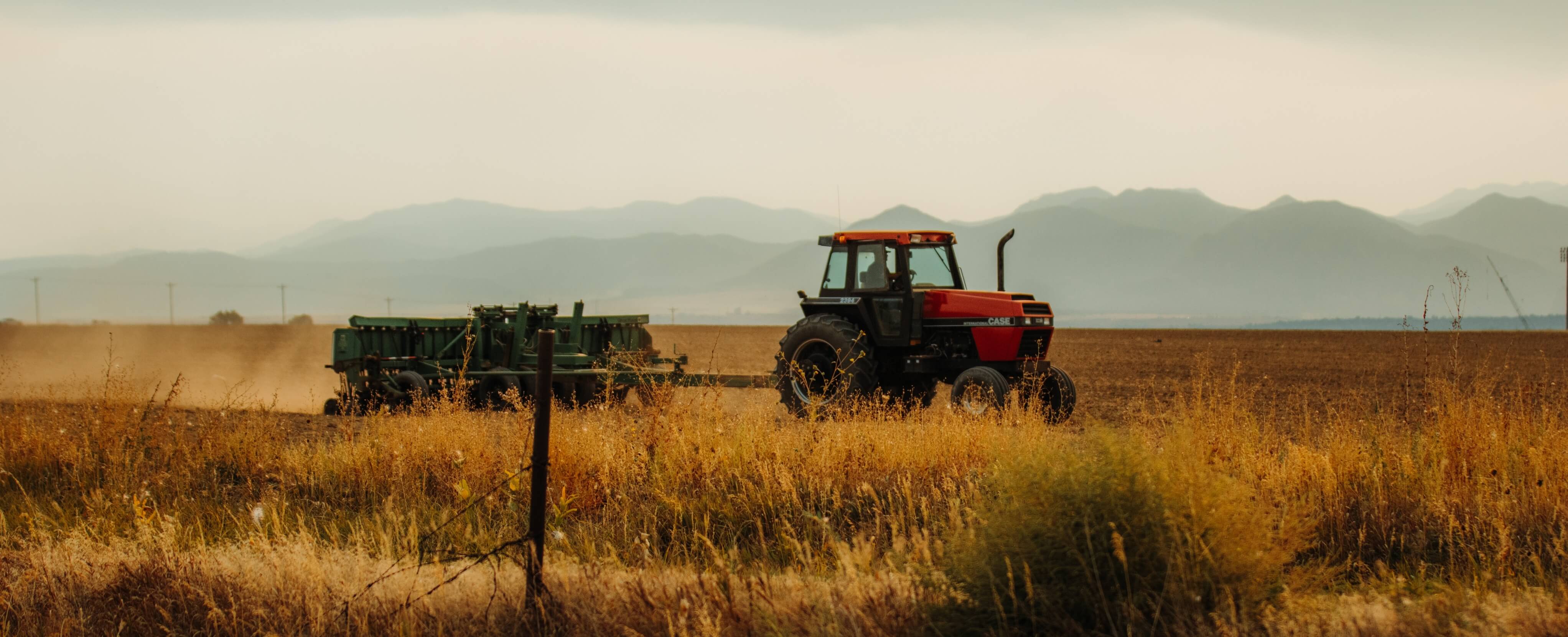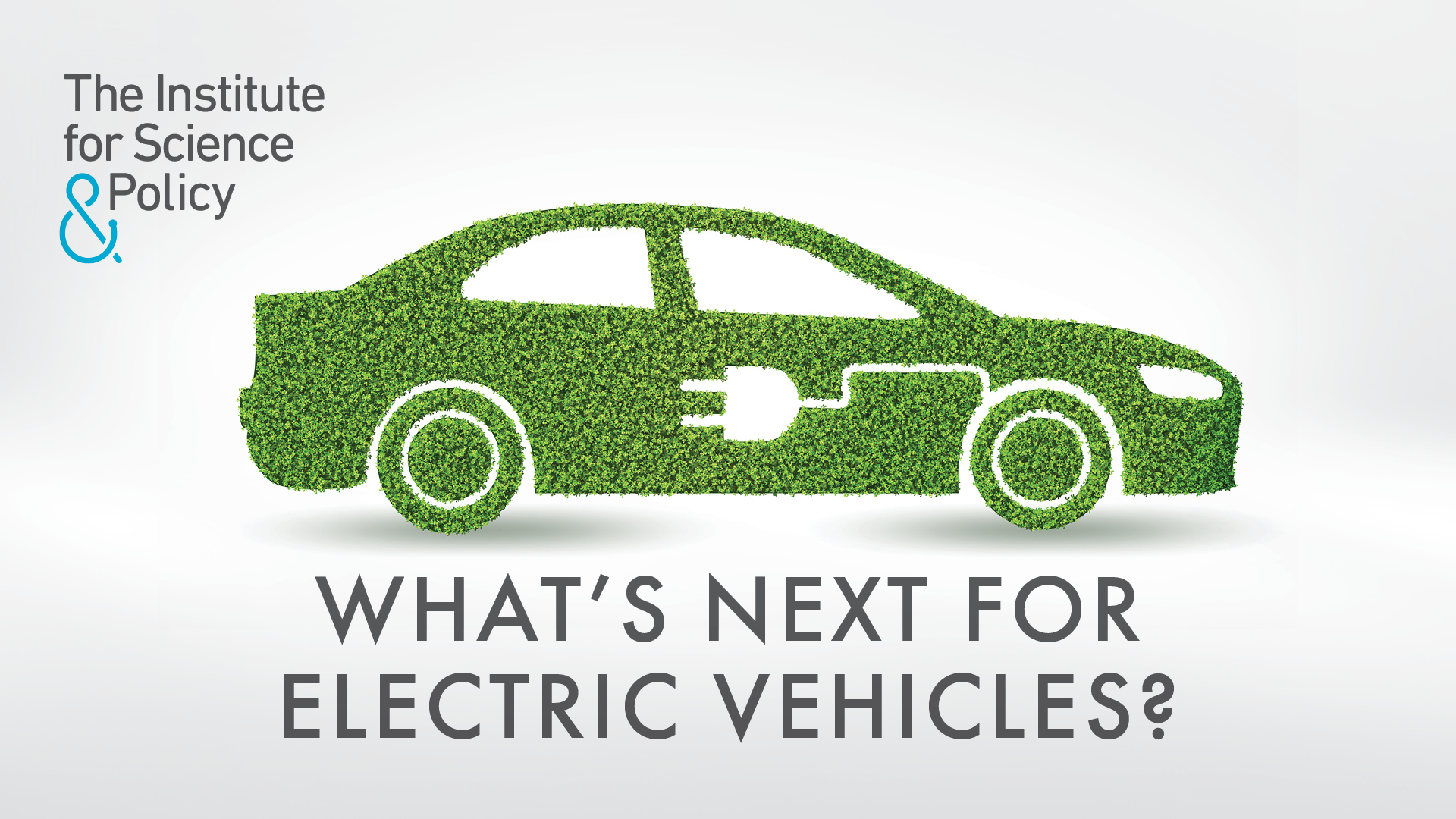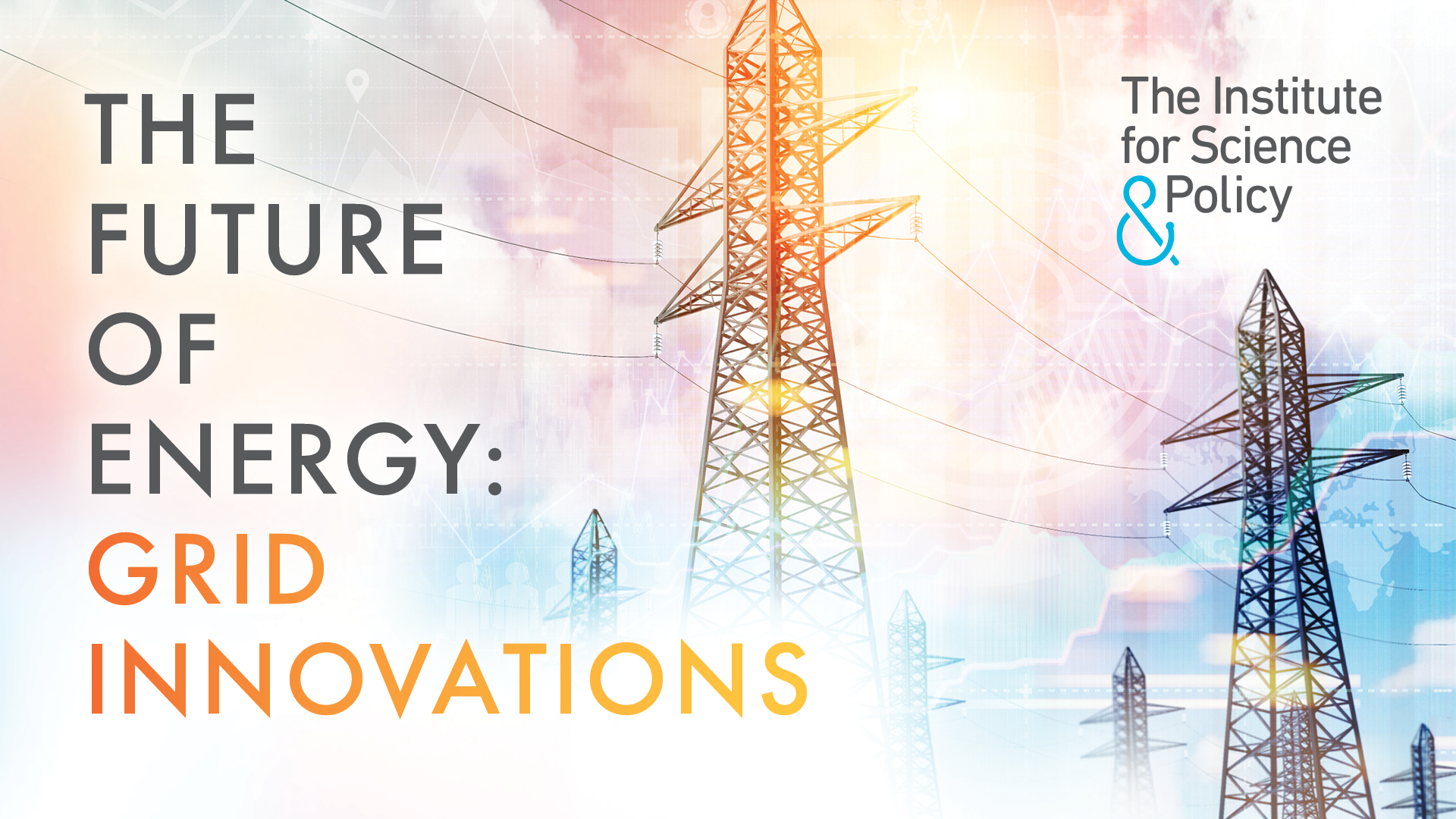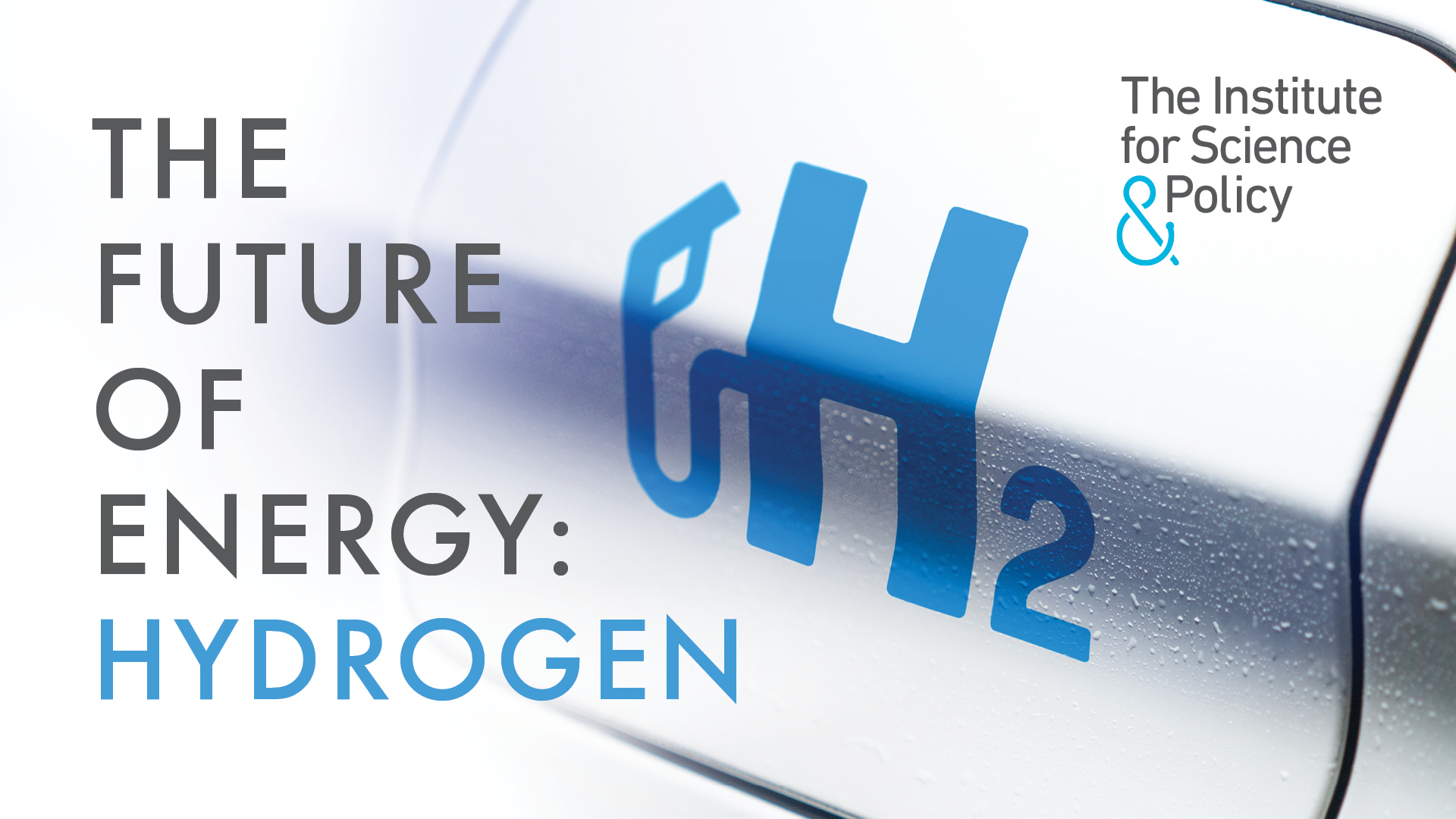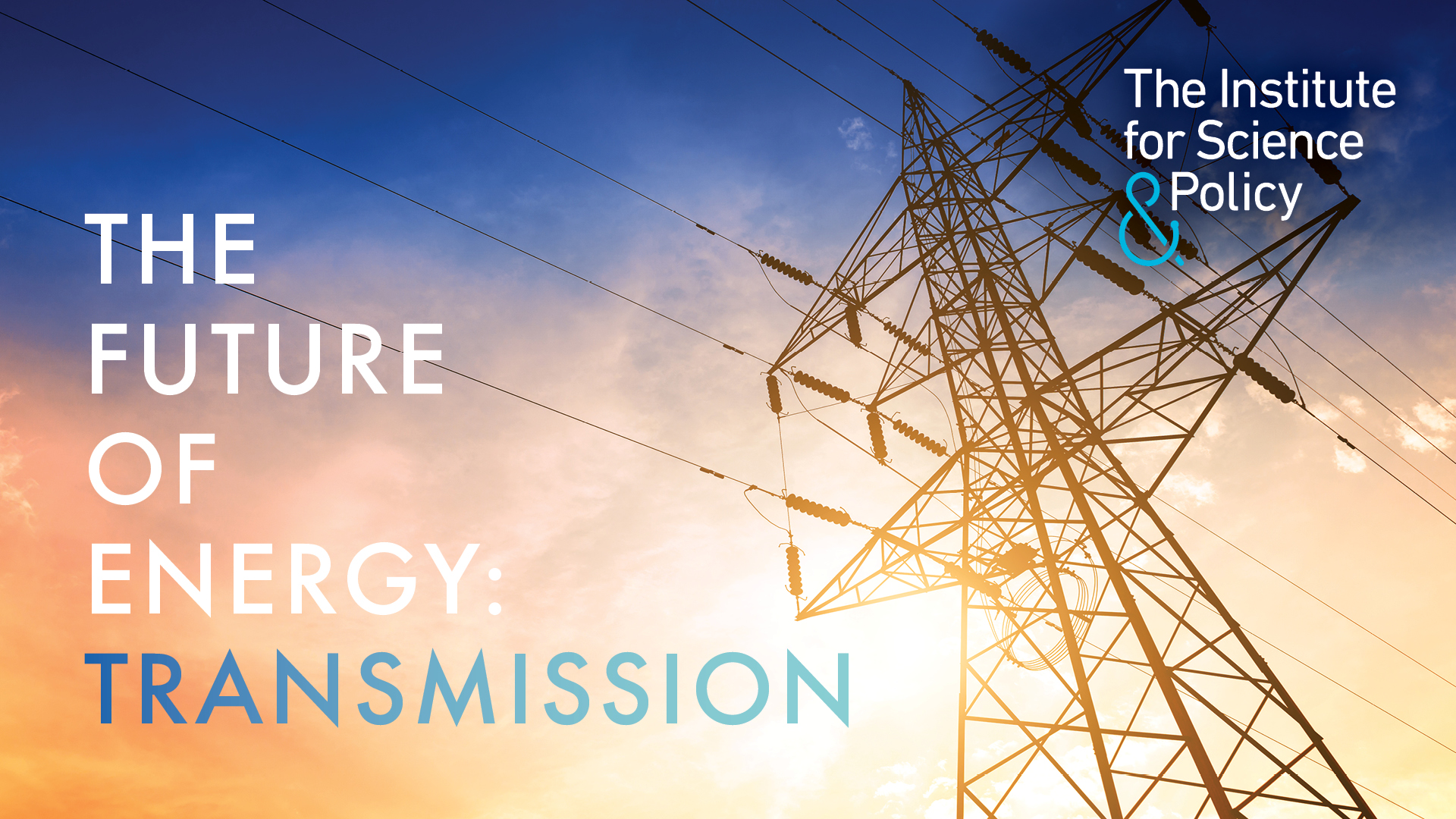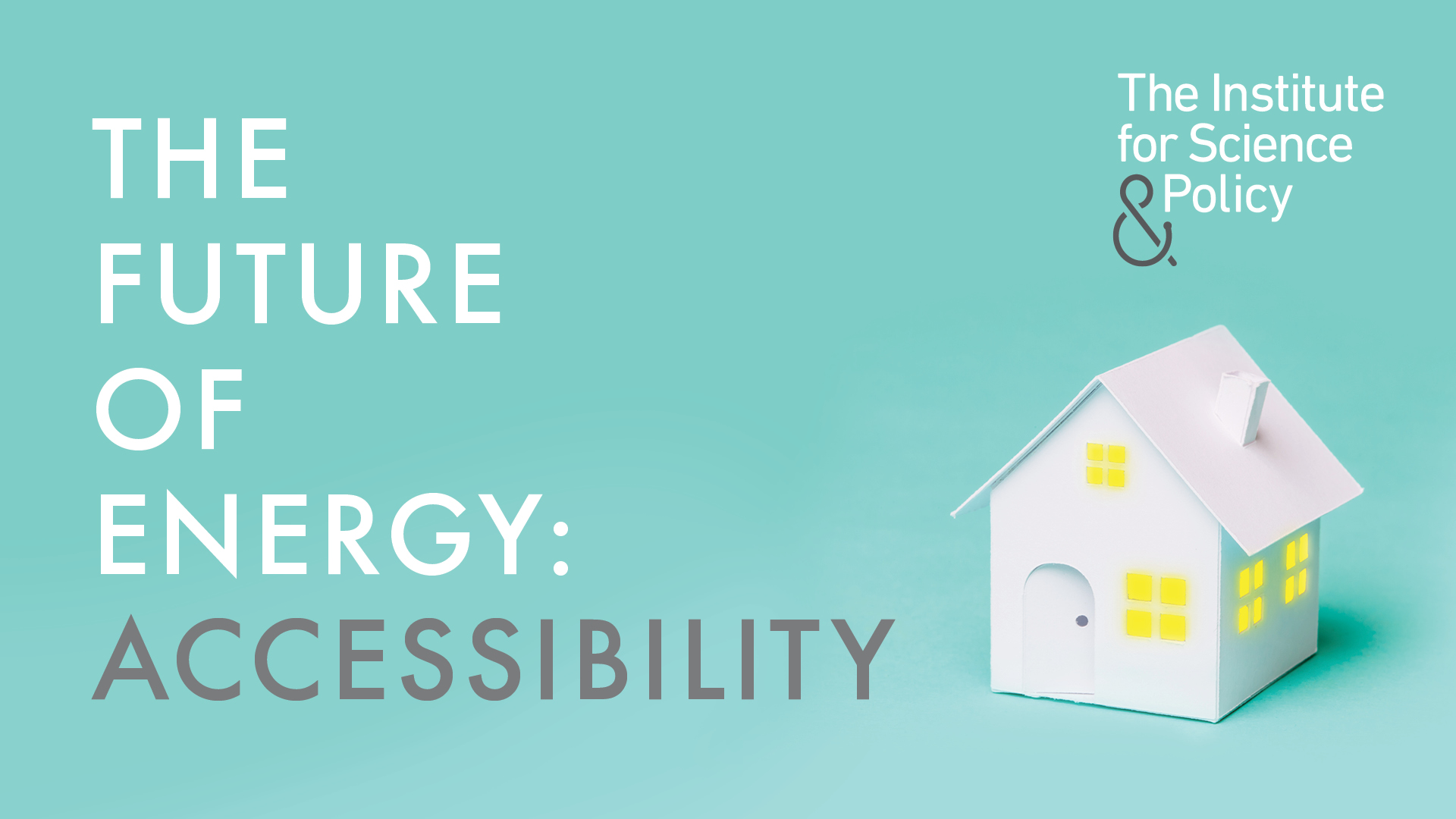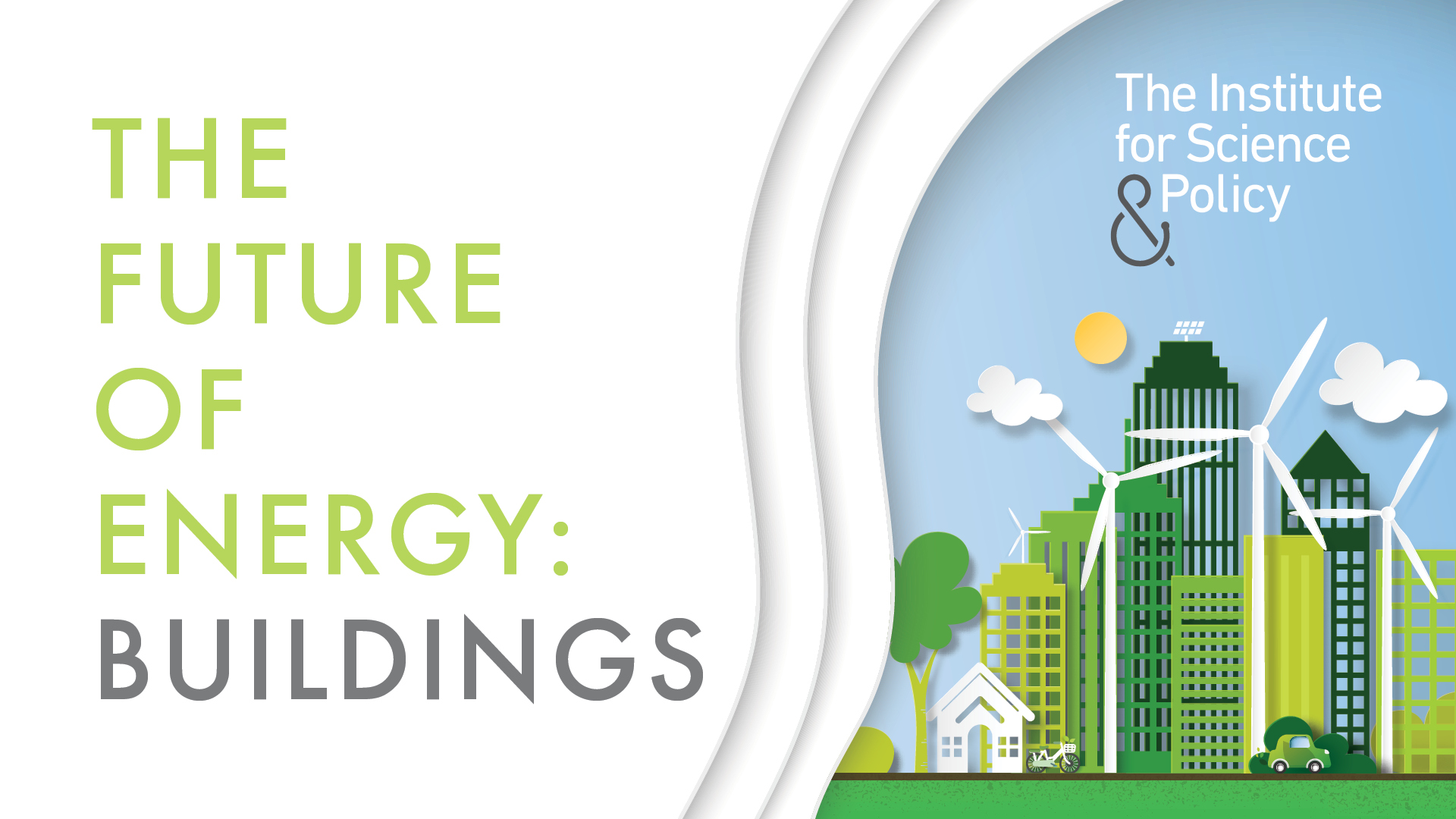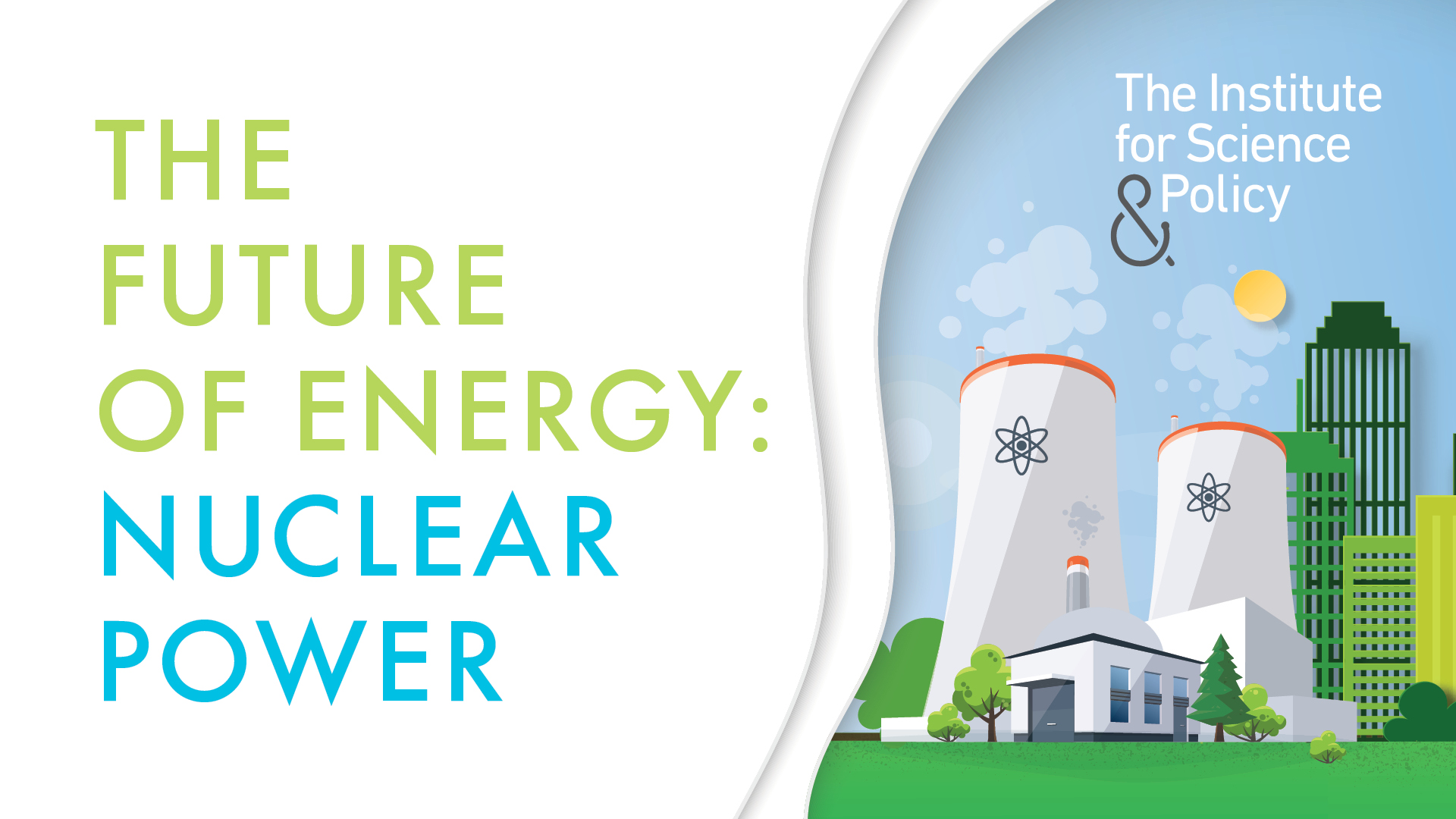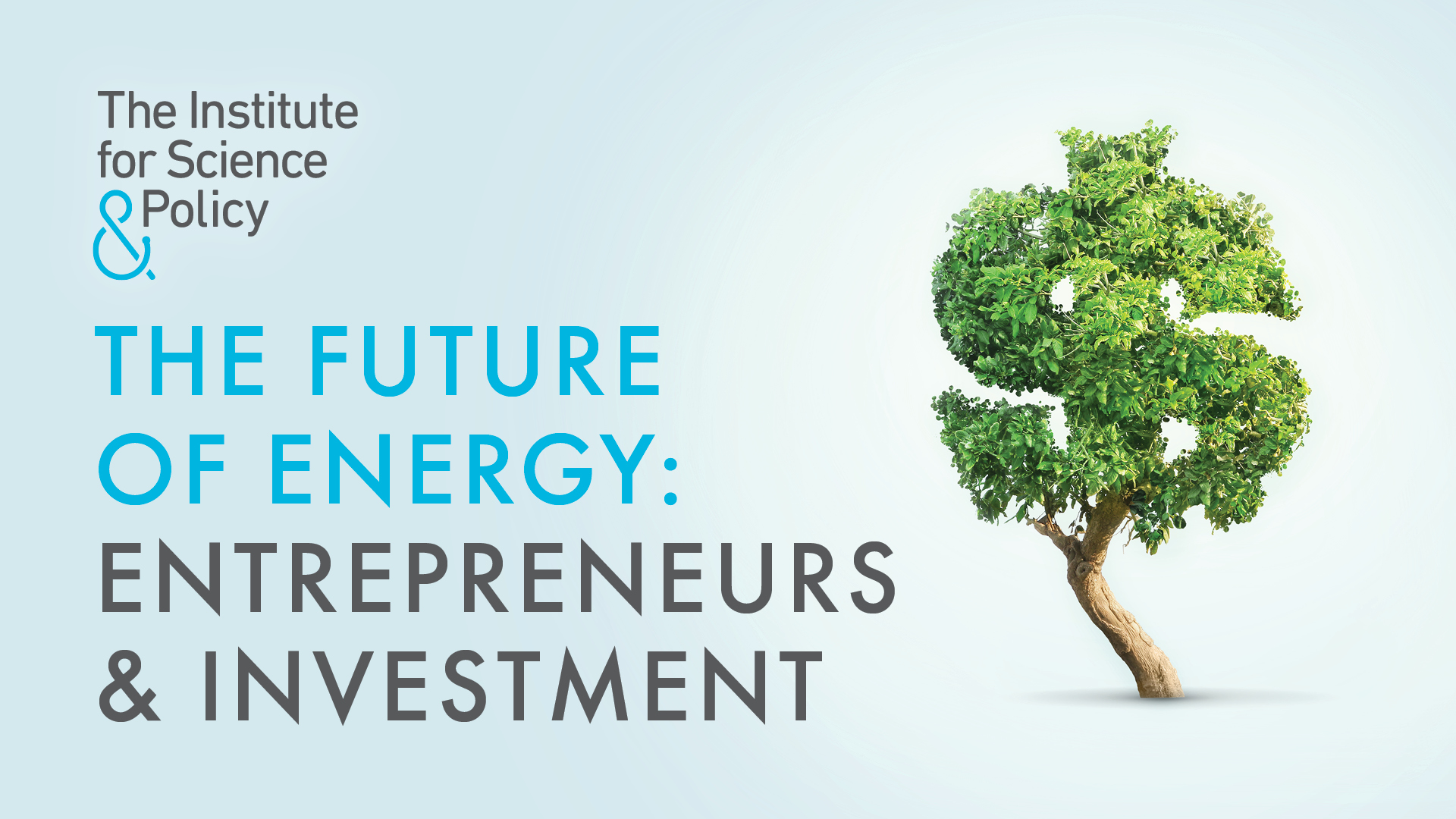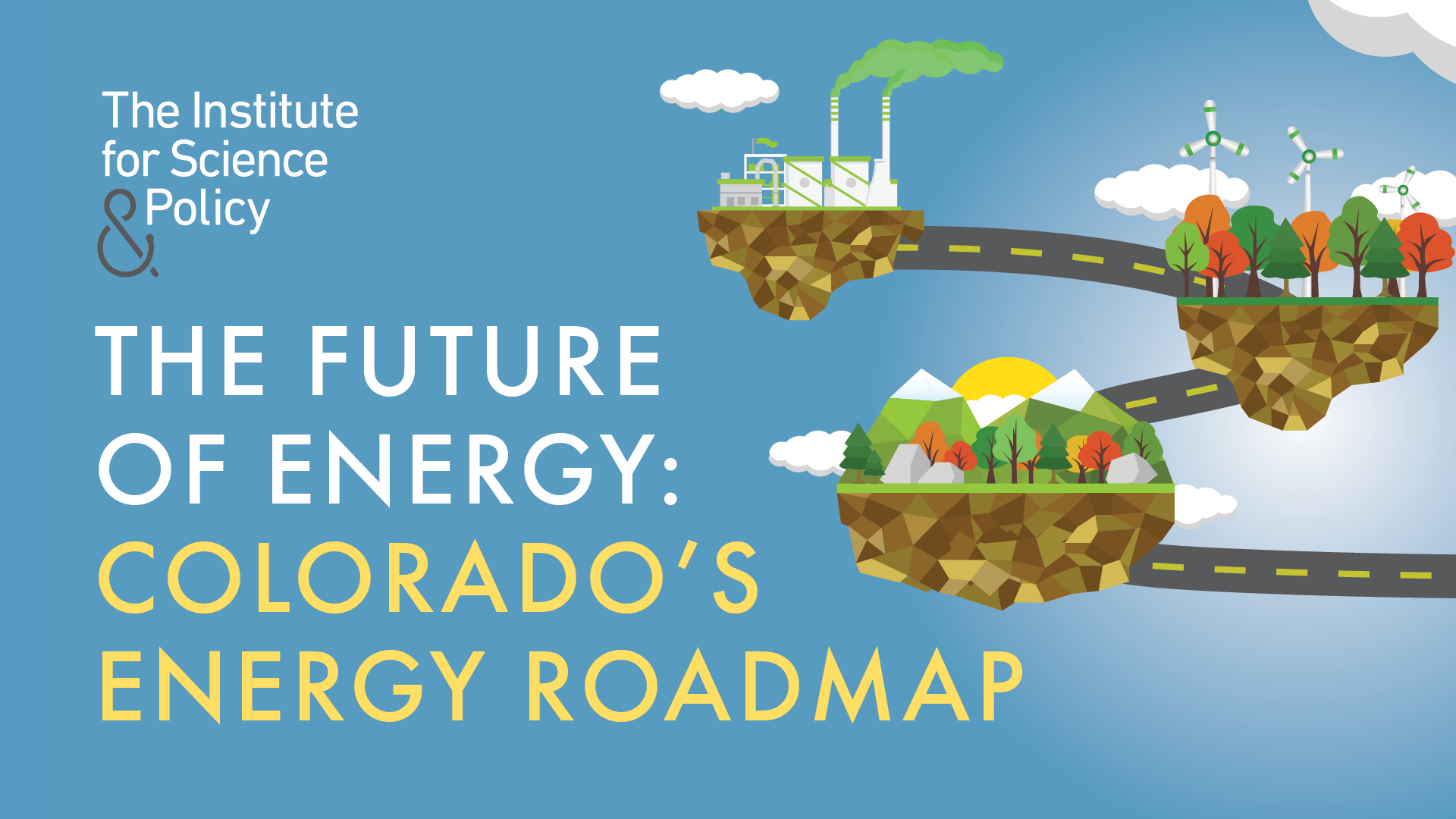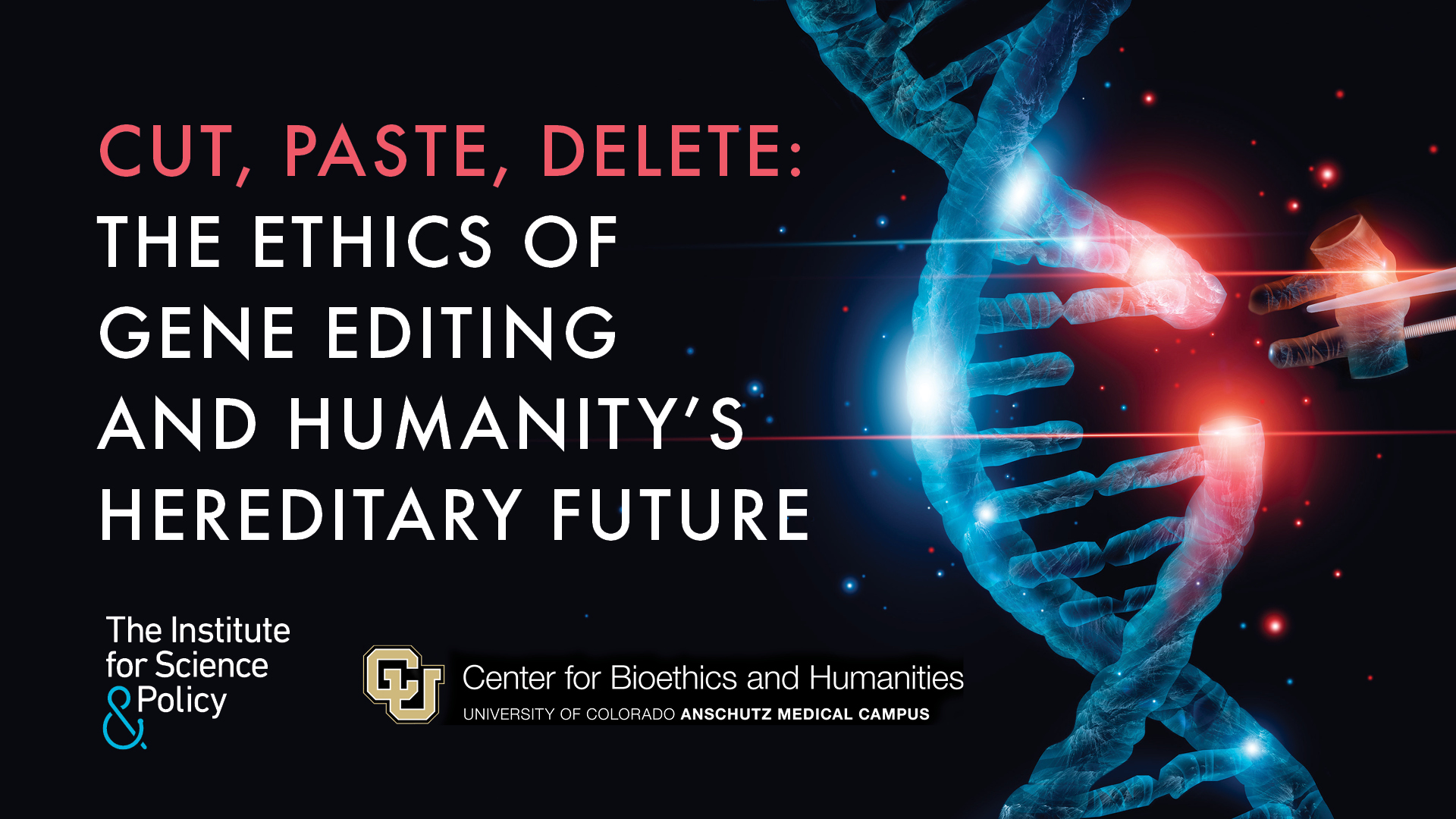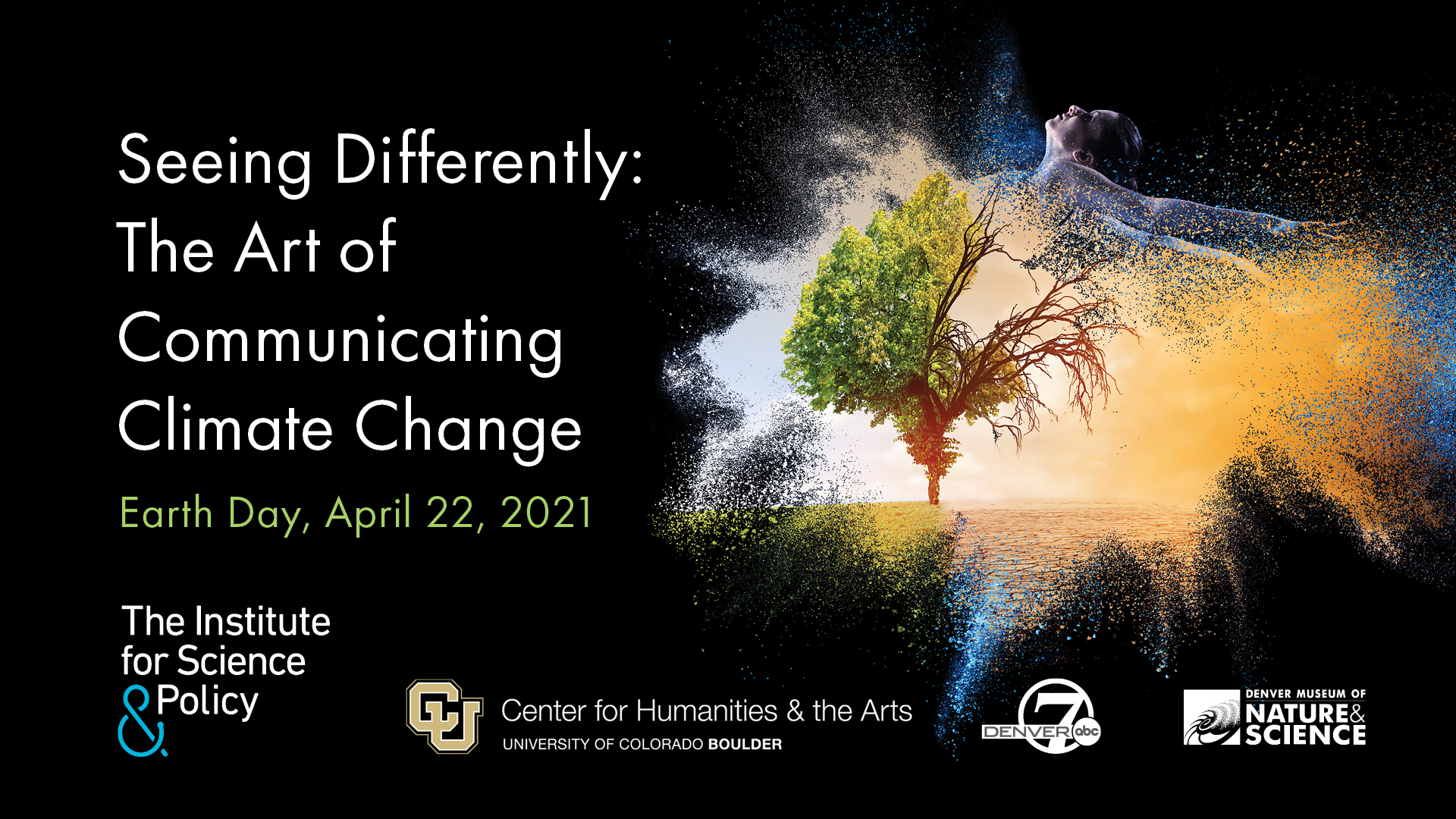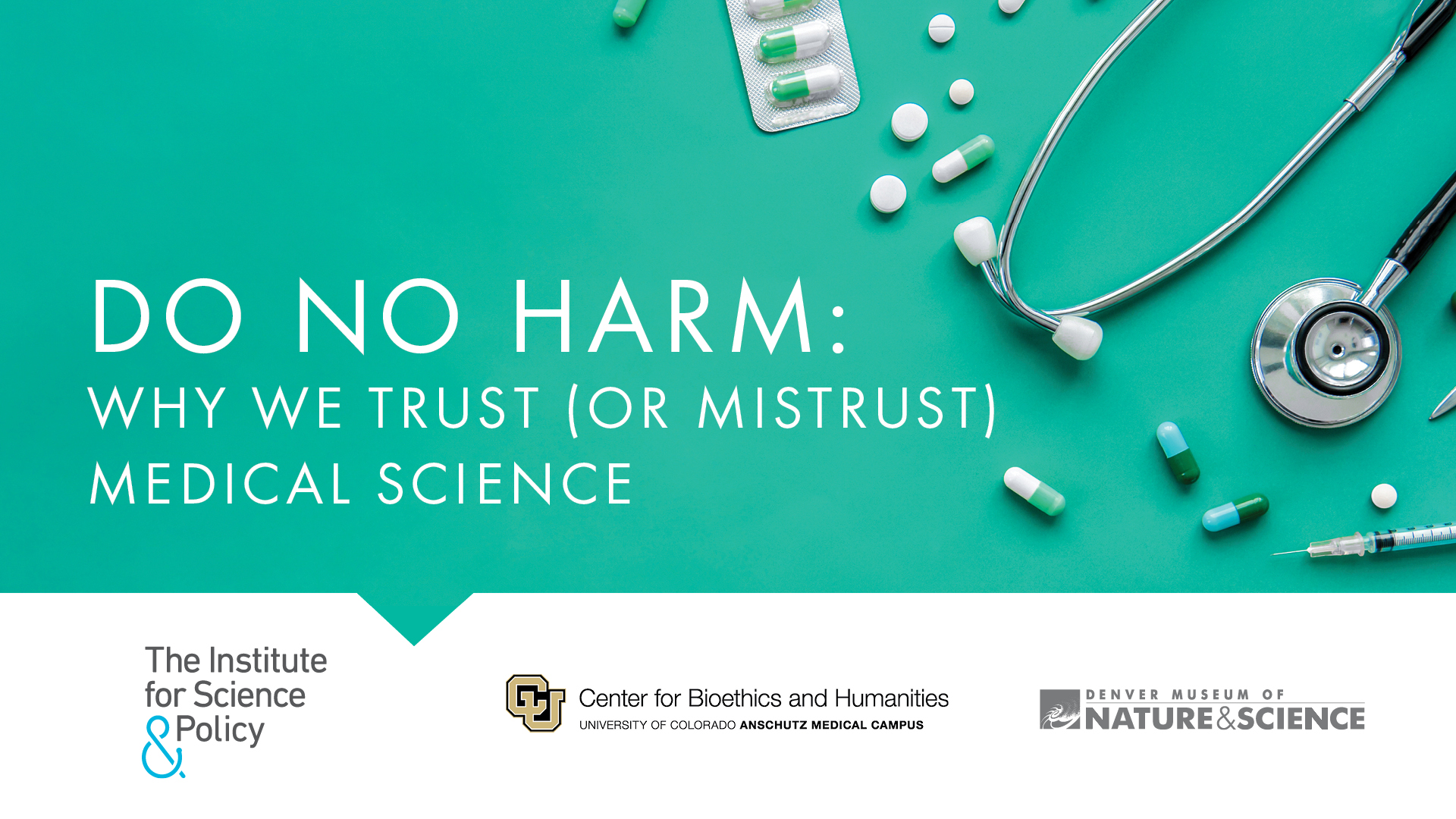Events
Join the Institute for virtual and in-person programming on science and policy topics.
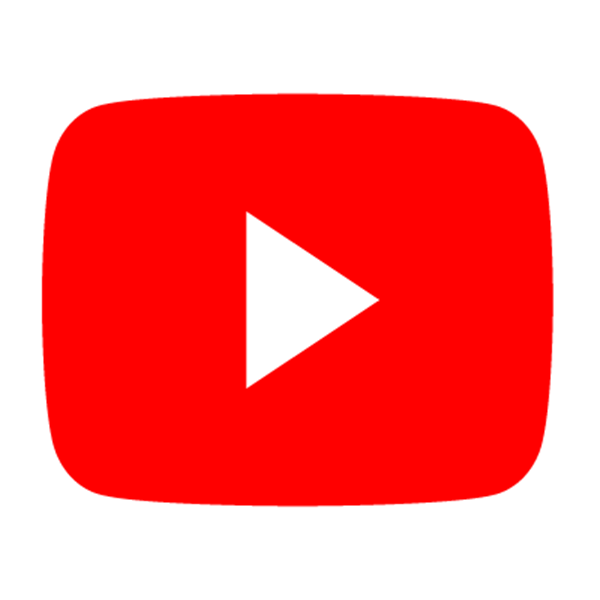
Never miss an episode.
All of the Institute's virtual events are available on demand on our YouTube channel. Be sure to like and subscribe to your favorite series.
Watch NowUpcoming Events
No upcoming Events
Past Events

UNDIVIDE US Movie Screening
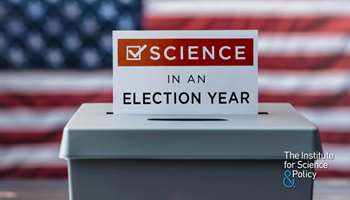
Science in an Election Year
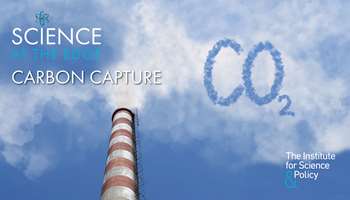
Science at the Edge: Carbon Capture
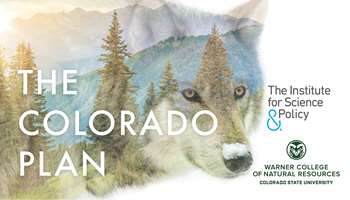
Wolves in Colorado: The Colorado Plan
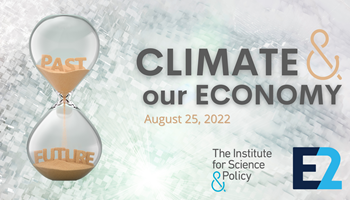
Climate & Our Economy
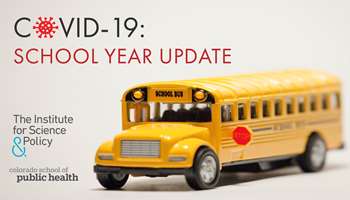
COVID-19: School Year Update
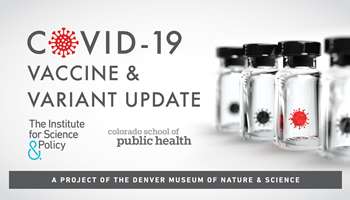
COVID-19: Vaccine and Variant Update
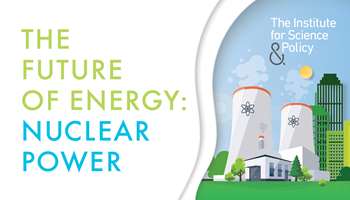
The Future of Energy: Nuclear Power
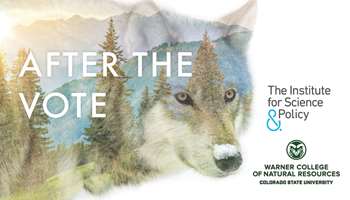
Wolves in Colorado: After the Vote
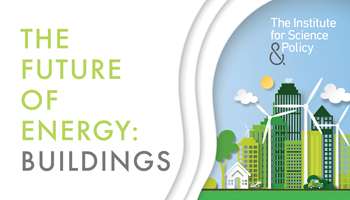
The Future of Energy: Buildings
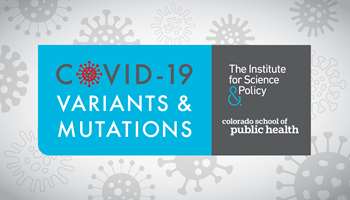
COVID-19: Variants & Mutations
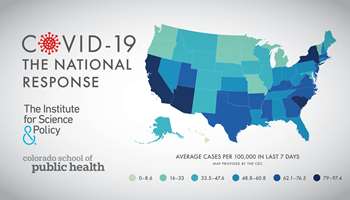
COVID-19: The National Response
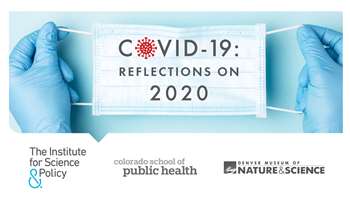
COVID-19: Reflections on 2020
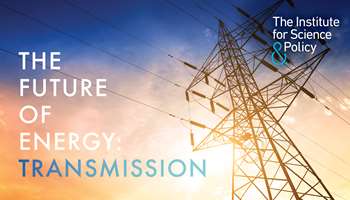
The Future of Energy: Transmission
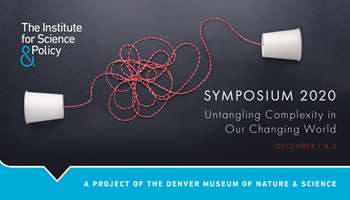
Symposium 2020
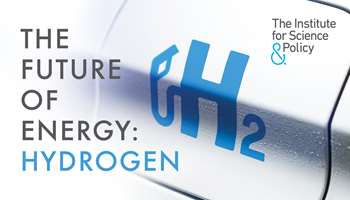
The Future of Energy: Hydrogen
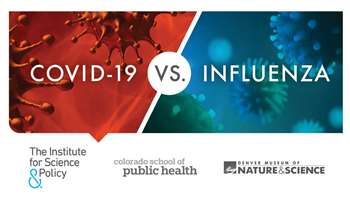
COVID-19 vs. Influenza
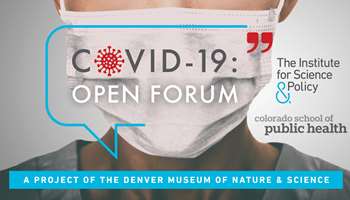
COVID-19: Open Forum
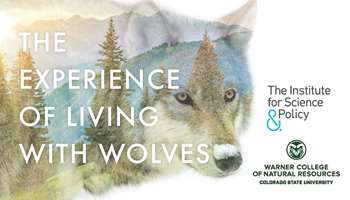
The Experience of Living With Wolves
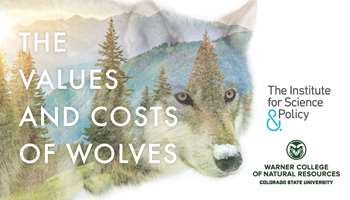
The Values and Costs of Wolves
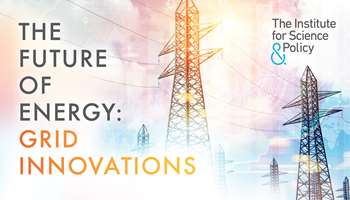
The Future of Energy: Grid Innovations
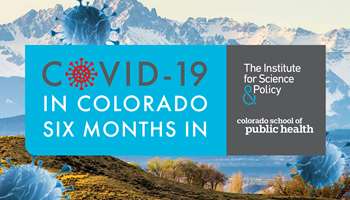
COVID-19 in Colorado: Six Months In
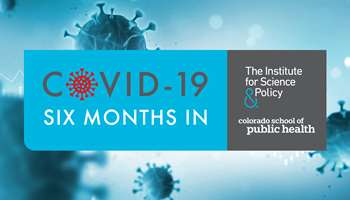
COVID-19: Six Months In
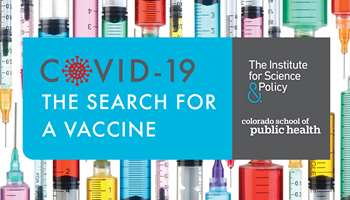
COVID-19: The Search for a Vaccine
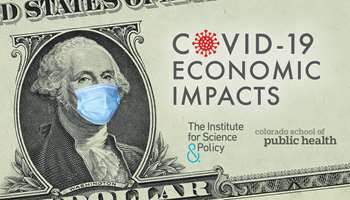
COVID-19 Economic Impacts
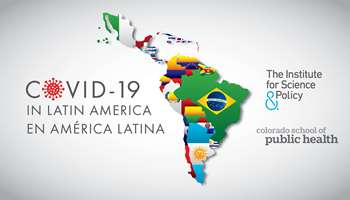
COVID-19 in Latin America
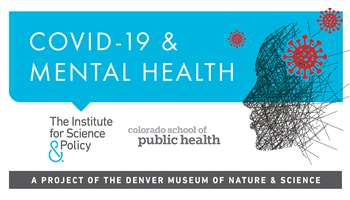
COVID-19 & Mental Health
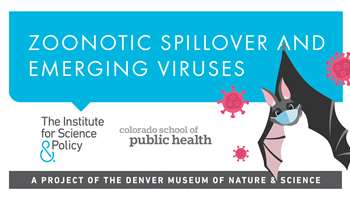
Zoonotic Spillover and Emerging Viruses
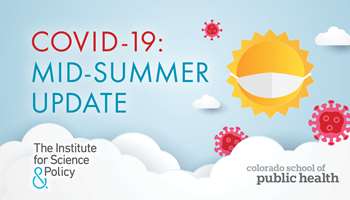
COVID-19: Mid-Summer Update
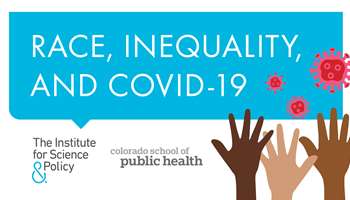
Race, Inequality, and COVID-19: Part 2

Race, Inequality, and COVID-19: Part One
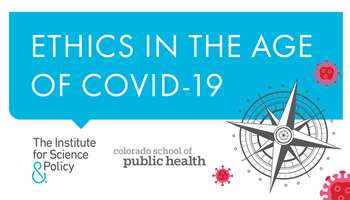
Ethics in the Age of COVID-19
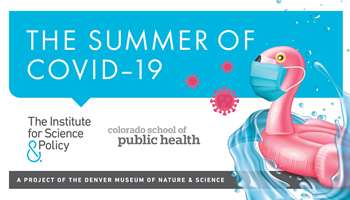
The Summer of COVID-19
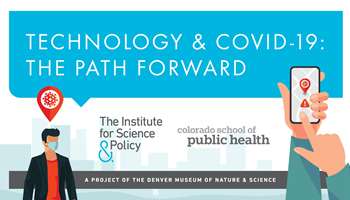
Technology & COVID-19: The Path Forward
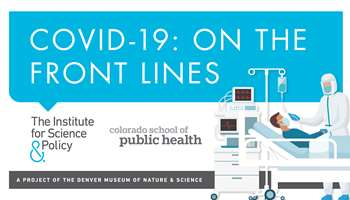
COVID-19: On the Front Lines
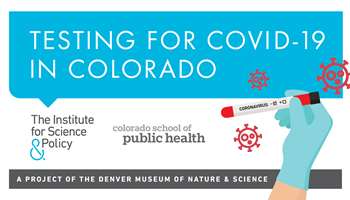
Testing for COVID-19 in Colorado
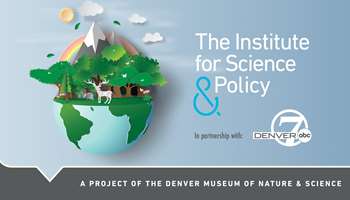
Earth Day 2020: Climate Change Solutions
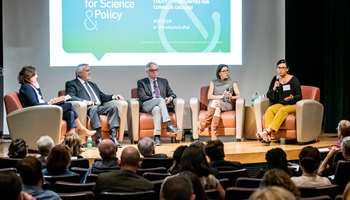
2019 Symposium: Aspiration vs. Pragmatism
Browse All Event Recordings
Grasslands
Episode 1: The Science of Grasslands
What and where are North America's grasslands? Why are they threatened? And why are these particular ecosystems so vital for the ongoing health of our society? In the premiere of our four-part series, we’ll look at the essential functions that grasslands provide — including carbon sequestration and water conservation — as well as some of the pressures they face, like human encroachment and climate change.
Episode 2: People & Grasslands
Grasslands have a long cultural and evolutionary history. Prior to European settlement on the continent, Native and Indigenous peoples cultivated their own relationships and management practices with these ecosystems. Ranching introduced a different approach, bringing new principles of agriculture and grazing to the range. How do these philosophies manifest in today’s grassland challenges, and where do conservation organizations fit in?
Episode 3: Back From the Brink in Larimer County
Grasslands are prized for their biodiversity, providing essential habitat for numerous plants, animals, and bird species across the continent. Sustainable management on a large scale requires thoughtful collaboration and planning. But it can be done. Over the past 25 years in Larimer County, city, county, state, federal, and NGO partners have worked together to protect 50,000+ acres of habitat and bring back threatened wildlife, establishing innovative systems for monitoring progress and managing the ecological health of these areas.
Episode 4: The Path Ahead
Grassland conservation remains one of this century’s most pressing challenges. How do we turn the tide in order to ensure a healthy, sustainable future for these ecosystems? The final episode of our series will take the long view “looking east” from Denver, examining previous successes that can be built upon as well as newer policies and programs that might point the way forward. We’ll also talk about the ways that both rural and urban consumers can get more actively engaged with agricultural issues, reduce misconceptions, and contribute to shared successes wherever they live.
COVID-19
It is also highly likely that the virus will become endemic, remaining in circulation for many years. As spring approaches and we look ahead with cautious optimism, what does that mean for public health in the future? Dr. Jonathan Samet, dean of the Colorado School of Public Health, Dr. Elizabeth Carlton, associate professor in the school's Department of Environmental & Occupational Health, and Scott Bookman, COVID-19 Public Health Response Incident Commander for CDPHE, join us to talk about the end of the Omicron wave, living with the virus long-term, and the ongoing need for preparedness around testing, therapeutics, and emerging variants.
December 2021: Pandemic Resiliency & Health Equity
Dr. Sandro Galea, Dean and Robert A. Knox Professor at the Boston University School of Public Health. As a physician, epidemiologist, and author of The Contagion Next Time, he'll discuss the social determinants of health and reflect on lessons learned about the societal consequences of an epidemic that has changed life as we know it.
October 2021: School Year Update
School is back in session, and across the U.S., COVID-19 policies in educational settings vary widely. In many cases, reinstated mask mandates have proven to be a flash point, stoking tensions between parents, school boards, lawmakers, and public health officials. Rico Munn, Superintendent of Aurora Public Schools, and Dr. Sean O'Leary, professor of pediatrics and infectious disease at the Colorado School of Medicine, join us to discuss the latest developments.
August 2021: Vaccine & Variant Update
Despite a springtime vaccination boom, the United States finds itself at a COVID-19 inflection point once again. The ascendent Delta variant has brought a spike in cases and hospitalizations, particularly in areas of the country where lingering vaccine hesitancy has slowed inoculation rates. Dr. Jennifer Nuzzo, Senior Scholar at the Johns Hopkins Center for Health Security and an Associate Professor at the Johns Hopkins Bloomberg School of Public Health, covers the latest on breakthrough infections and new mutations.
April 2021: Reflections On Our Pandemic Year
New and returning guests share their reflections on a year that re-shaped our world. Featured speakers include:
• Rachel Herlihy, MD, MPH/MSPH, State Epidemiologist for the Colorado Department of Public Health & Environment
• Cerise Hunt, PhD, MSW, Director for the Center for Public Health Practice and Assistant Professor in Community and Behavioral Health at Colorado School of Public Health
• Bobby LeFebre, Colorado Poet Laureate
• Traci Priebe, RN, BSN, CCRN, Charge Nurse in the medical ICU at the University of Colorado Hospital
• Jonathan Samet, MD, MS, Professor of Epidemiology and Environmental and Occupational Health and Dean of the Colorado School of Public Health
• George Sparks, President & CEO, Denver Museum of Nature & Science
March 2021: The New Normal for Business & Economics
The state of the economy encapsulates all of the challenges and tradeoffs inherent in navigating a once-in-a-generation pandemic. So where do we go from here? Check out our conversation with Michael Hancock, Mayor of Denver; Deborah Jordy, Executive Director of the Scientific & Cultural Facilities District; and Ed Sealover, Senior Reporter at the Denver Business Journal, who covered the latest trends across different sectors and provided an outlook on what the economic future will look like for cities and communities.
March 2021: The New Normal for Education
Due to COVID-19 disruptions, the role of schools in our society has perhaps never been in greater focus. Yet the pandemic may offer unexpected opportunities as well, ushering in new tools and structures that could help schools emerge stronger on the other side, better prepared to help their students develop both in person and online. We welcome Rebecca Holmes, President & CEO of the Colorado Education Initiative; Christie Imholt, District Policy Director in the Office of the Superintendent, Aurora Public Schools; and Landon Pirius, Vice President for Organizational Effectiveness, Student Affairs, and Strategic Initiatives for the Colorado Community College System to discuss.
February 2021: The New Normal for Science & Public Health
The long-term effects of this disruptive year of COVID on the scientific enterprise may not be fully realized for a decade. Dr. Harvey V. Fineberg, President of the Gordon and Betty Moore Foundation, joins us to talk about how the medical and scientific worlds have shifted as we eventually move beyond the pandemic. What has changed for scientists in terms of funding, research focus, public trust, misinformation, and the place of science in our society? And what are his hopes for the future once COVID-19 recedes?
February 2021: Variants & Mutations
Viruses are ever-changing by nature, and each mutated strain poses new and different challenges. What can epidemiology tell us about these new SARS-CoV-2 variants? And how can public health officials stay one step ahead? Check out our recent discussion with Dr. Angela Rasmussen, a virologist at Georgetown University's Center for Global Health and Security, discusses the evidence for higher variant transmissibility and what we know about the efficacy of existing vaccines against mutations.
January 2021: The National Response w/ Dr. Tom Frieden
Dr. Tom Frieden, President and CEO of Resolve to Save Lives and the former director of the Centers for Disease Control and Prevention joins us to discuss the role and responsibilities of the federal government in organizing large-scale public health responses, the importance of accountability and transparency, and assess the 2021 state of play.
January 2021: A Conversation w/ Governor Jared Polis
Since the first case of COVID-19 was confirmed in Colorado on March 5, 2020, Governor Jared Polis has led the state's response, balancing public safety with social activity and the economy. He shares his firsthand experiences and talks about what lies ahead for the new year.
December 2020: Reflections on 2020 w/ Dr. Nicholas Christakis
2020 has challenged us both as decision-makers and as human beings, forcing a collective reconsideration of what it means to live in a time of plague. But history and science can both be our guides if we allow them to be, argues Nicholas A. Christakis, Sterling Professor of Social and Natural Science at Yale University, who has studied the progression of the novel coronavirus across a range of disciplines.
November 2020: COVID-19 vs. Influenza
COVID-19 and influenza are both highly contagious respiratory illnesses that can manifest with similar symptoms. With flu season returning to the U.S., scientists and public health officials are closely monitoring the overlap and bracing for additional strain on healthcare resources. As the two diseases set out on a possible collision course, how should we be assessing risk and adapting responsibly? Jon Andrus, MD, Adjunct Professor and Director of Division of Vaccines and Immunization at the Colorado School of Public Health, and Suchitra Rao, MD, Associate Professor, Pediatrics-Pediatric Hospital Medicine at the Colorado School of Medicine, compare and contrast the two diseases.
October 2020: COVID-19 Open Forum
From testing to treatments to tracking the spread, we turn the floor over to our audience to find out what questions are on your mind and ask our panel of experts to weigh in. Featuring Michelle Barron, MD, Professor of Medicine-Infectious Disease at the University of Colorado School of Medicine, Jude Bayham, Assistant Professor of Agricultural & Resource Economics at Colorado State University, C. Neill Epperson, MD, Chair of Psychiatry at the University of Colorado School of Medicine, and Jonathan Samet, MD, MS, Professor of Epidemiology and Environmental and Occupational Health and Dean of the Colorado School of Public Health.
October 2020: COVID-19 in Colorado, Six Months In
Since March, state public health officials have been grappling with the challenges of the pandemic and implementing new policies at a rapid pace. How has Colorado’s response evolved since that first wave of cases in the spring, and what insights have we gained about communication, testing, tradeoffs, and the efficacy of public health guidance? Jill Hunsaker Ryan, MPH, Executive Director of the Colorado Department of Public Health and Environment, and Kacey Wulff, Senior Advisor for COVID-19 Response, Resilience, and Recovery in the Office of Governor Jared Polis, discuss the latest caseload data, update us on available public resources, and assess the state’s current level of infrastructure and preparedness before winter sets in.
September 2020: COVID-19 in the U.S., Six Months In
Georges C. Benjamin, MD, Executive Director of the American Public Health Association, joins us to highlight big picture lessons from the pandemic so far - including early missteps and ongoing course corrections that will likely shape the course of the coming year - as well as the state of the nation’s healthcare infrastructure and strategies to build resilience.
August 2020: Aerosols & Airborne Transmission
What does the current science tell us about exposure indoors? Shelly Miller, Professor of Mechanical Engineering at the University of Colorado Boulder, and Jonathan Samet, Professor of Epidemiology and Environmental and Occupational Health and Dean of the Colorado School of Public Health, discuss the science of viral aerosol transmission and the emerging importance of adequate building ventilation.
August 2020: Economic Impacts
COVID-19 has sent shock waves through every sector of the U.S. economy, leaving businesses to navigate an uncertain future and millions of workers out of a job. While some industries look poised to bounce back quickly once the pandemic recedes, others may struggle and/or be permanently reshaped. What will meaningful recovery look like in Colorado, and when might it arrive? Join us to discuss the state of the economy and forecast the rest of 2020 with Kelly Brough, President and CEO of the Denver Metro Chamber of Commerce and Richard Wobbekind, Associate Dean for Business & Government Relations at the University of Colorado Boulder’s Leeds School of Business.
August 2020: COVID-19 in Latin America
We’re taking an international view of the epidemic with Dr. Edwin Asturias, Professor of Pediatrics-Infectious Disease at the CU School of Medicine, Professor of Epidemiology and Director of Latin American Projects for the Center for Global Health at the Colorado School of Public Health and Dr. Mauricio Hernández Ávila, Director of Economic and Social Benefits at the Mexican Institute of Social Security (IMSS), as they share stories from Latin American communities, discuss commonalities with the U.S. public health response, and outline strategies to help improve care and prevent humanitarian crises amidst a pandemic.
August 2020: Mental Health
For many Americans, the stresses of COVID-19 extend well beyond the virus itself. We may be feeling isolated after months of physical distancing, fearful for our own personal safety, or anxious about household finances and the state of the economy. Frustration, helplessness, depression, exhaustion, anger, grief ─ our emotions can run the gamut, and no two people will ever navigate trauma in quite the same way. Mercedez Lang and Michelle Tijerina, both practitioners and ambassadors for the Healthy Living Team at the Mental Health Center of Denver, discuss recent trends and data surrounding mental health, strategies to stay connected with others during times of change, and other educational enrichment opportunities that are available as we navigate the new normal.
August 2020: Zoonotic Spillover & Emerging Viruses
COVID-19 isn’t the first virus to make the leap from animals to humans, and if history is any guide, it won’t be the last. Novel zoonotic diseases can persist benignly inside an animal host for years, waiting patiently for an opportunity to jump to a new species and wreak havoc. What have researchers learned that might help us prevent future global outbreaks? We chat about spillover with Brian Foy, PhD, and Tony Schountz, PhD, both Professors in the Department of Microbiology, Immunology, and Pathology at Colorado State University.
July 2020: Mid-Summer Update
Amidst a nationwide resurgence of COVID-19, Colorado scientists, health officials, and policymakers continue to closely monitor the disease’s progression within the state. We assess the “state of the state” with Jonathan Samet, MD, MS, Professor of Epidemiology and Environmental and Occupational Health and Dean of the Colorado School of Public Health. Later, he's joined by John M. Douglas, Jr., MD, Executive Director of the Tri-County Health Department, and Karen Koenemann, Public Health Director for Pitkin County, for a discussion on how different areas of Colorado face different challenges in their respective public health responses.
July 2020: Race and Inequality (Part Two)
The systemic inequities in the American healthcare system existed long before COVID-19 ever arrived. Throughout history, Black, Latino, Native, and Indigenous communities have borne a disproportionate burden in public health crises due to a lack of affordable and accessible treatment options. We discuss outreach and engagement strategies as well as ways to bridge the wellness divide with a panel of distinguished guests:
• Alisha Brown, MNM, Senior Vice President, The Foundation for Sustainable Urban Communities and Director of the be well Health and Wellness Initiative
• Michael Cortés, MSW, MPP, PhD, Scholar in Residence and Special Community Member at the DU Graduate School of Social Work and Executive Director of the Colorado Latino Leadership, Advocacy & Research Organization (CLLARO)
• Jennifer Ho, PhD, Director of the Center for Humanities & the Arts and Professor of Ethnic Studies at the University of Colorado Boulder and President of the Association of Asian American Studies
July 2020: Race & Inequality (Part One)
COVID-19 has illustrated structural inequities in the American healthcare system that have persisted for centuries. Black Americans are dying of the virus at a higher rate than whites, despite making up a smaller percentage of the population. Majority-minority communities commonly lack access to testing sites and other medical resources. We’ll discuss the history of healthcare inequality, trust (and mistrust) of health practices, data from the current outbreak, and possible ways forward with a panel of distinguished guests:
• Fernando Holguin, MD, Director of the Latino Research & Policy Center at the Colorado School of Public Health and Professor of Medicine-Pulmonary Sciences & Critical Care and Director of Asthma Clinical and Research Programs at the University of Colorado School of Medicine
• Cerise Hunt, PhD, MSW, Director for the Center for Public Health Practice and Assistant Professor in Community and Behavioral Health at Colorado School of Public Health
• Spero M. Manson, PhD, (Pembina Chippewa), Distinguished Professor of Public Health and Psychiatry, Director of the Centers for American Indian and Alaska Native Health, and the Colorado Trust Chair in American Indian Health within the Colorado School of Public Health
June 2020: Misinformation & Misunderstandings
As COVID-19 spread rapidly around the world, so too did myths, exaggerations, and outright falsehoods. The flood of misinformation was often powerful enough to shape public perception and policy decisions. Steven Goodman, MD, MHS, PhD, Associate Dean of Clinical and Translational Research and Professor of Epidemiology and Population Health and Medicine at Stanford University, and Elizabeth Skewes, PhD, Department of Journalism Chair and Associate Professor in the College of Media, Communication and Information at the University of Colorado Boulder discuss how COVID-19 misinformation takes hold in the discourse and how we as citizens and the media can apply critical thinking principles to assess what we’re seeing.
June 2020: The Summer of COVID-19
Summer is typically the season of camping, grilling, and lounging by the pool, but some of our favorite warm weather activities could look and feel very different this year due to ongoing COVID-19 precautions. So what should Coloradans expect over the next few months? Is it safe to send kids to camp? Will I be able to go swimming? Will vacation destinations be open for business? And will the coronavirus make a comeback? Join us for an audience-driven conversation with Rachel Herlihy, MD, MPH/MSPH, State Epidemiologist for the Colorado Department of Public Health & Environment and Jonathan Samet, MD, MS, Professor of Epidemiology and Environmental and Occupational Health and Dean of the Colorado School of Public Health.
June 2020: Ethics in the Age of COVID-19
The COVID-19 pandemic has raised a number of complicated ethical questions for society, including if and when it is acceptable to restrict individual liberties to protect the public by enforcing quarantines, face masks, or event cancellations. In light of this, how can policymakers, scientists, and citizens best navigate these murky moral waters? And what do we owe to ourselves and to each other as human beings in the face of this global crisis? Join us as we discuss the ethics of COVID-19 with Matthew Wynia, MD, MPH, FACP, Professor of Medicine and Public Health and Director of the Center for Bioethics and Humanities at the University of Colorado Anschutz Medical Campus.
May 2020: Technology & The Path Forward
Colorado’s research community has responded swiftly to the COVID-19 challenge, with new projects already underway on vaccine development, diagnostic tools, biomedical countermeasures, and food system impact mitigation. Alan Rudolph, Ph.D., Vice President of Research at Colorado State University, joins to discuss the creative and innovative new ways that researchers are tackling this novel disease and draw upon his decades of experience in both biomedicine and global security to address how today’s infrastructure development can help build tomorrow’s more resilient societies.
May 2020: On the Front Lines
As the battle against COVID-19 unfolds each day in America’s hospitals, doctors, nurses, respiratory therapists, and other caregivers are working tirelessly to diagnose, treat, and improve patient outcomes. Hear firsthand perspectives from a pair of Colorado medical professionals Marc Moss, MD, the Roger S. Mitchell Professor of Medicine and Head of the Division of Pulmonary Sciences and Critical Care Medicine at the University of Colorado School of Medicine, and Traci L. Priebe, RN, BSN, CCRN, a Charge Nurse in the medical ICU at the University of Colorado Hospital.
May 2020: Testing in Colorado
For weeks, the availability and accessibility of COVID-19 testing has dominated the national discourse. Who can get tested? How quickly do the results come back? Is there enough widespread testing to identify and contain new hotspots? In such a rapidly-shifting landscape, guidance can change quickly, leaving the public with more questions than answers. In the third part of our ongoing coronavirus webinar series, you’re invited to tune in for a discussion on Colorado’s approach to testing and how it fits into the state’s broader response. Kyle M. Brown, Ph.D., Deputy for Mass Testing and Isolation Support on Colorado’s COVID Innovation Response Team, separates fact from fiction.
May 2020: Social Distancing
Coloradans have increased their time spent at home since mid-March following statewide policy interventions implemented by Governor Polis and increased social distancing guidelines set by essential businesses. Using digital trace data, scientists have been able to study general patterns in population mobility during the COVID-19 pandemic. Jude Bayham, Ph.D., Assistant Professor of Agricultural & Resource Economics at Colorado State University discusses the study’s key findings.
May 2020: Vaccines & Therapeutics
The search for a COVID-19 vaccine has taken center stage, with all eyes on scientists’ efforts to develop safe and effective treatments at a breakneck pace. But what will a successful vaccine rollout look like, and when might it arrive? Michelle Barron, MD, and Thomas Campbell, MD, from the University of Colorado School of Medicine talk about process of clinical trials, what history tells us about possible outcomes, and which hurdles a vaccine would need to clear before it can be confidently distributed to the public.
April 2020: Controlling the COVID-19 Epidemic in Colorado
In our premiere episode, Jonathan Samet, MD, MS, Professor of Epidemiology and Environmental and Occupational Health and Dean of the Colorado School of Public Health, discusses solutions and challenges around slowing the spread of the disease, as well as insights gained from working closely with state officials on their public health guidance.
Wolves in Colorado
Episode 1: The Science of Restoring Wolves to Colorado
In our premiere episode, we discuss wolf-related policy and the latest ecological and social science research pertaining to wolf ecology, interactions with big game and livestock, and public perceptions of wolves with Stewart Breck, Research Wildlife Biologist, USDA Wildlife Services, and Kevin Crooks, Director of the Center for Human-Carnivore Coexistence at Colorado State University.
Episode 2: Media Coverage & Public Perspectives
Sam Brasch, Reporter at Colorado Public Radio, and Rebecca Niemiec, Assistant Professor, Department of Human Dimensions of Natural Resources at Colorado State University join to discuss ongoing studies around public attitudes of wolves and the most commonly held misconceptions.
Episode 3: Community Perspectives & Conflict
Wolves evoke strong reactions that are informed by our life experiences and cultural values. Often these reactions have less to do with the species itself and more to do with deep-seated tensions over the rural-urban divide, management of public lands, and human needs such as security, meaning, and freedom. Is there a possibility of finding common ground? Bill Fales, a rancher in Colorado’s Crystal River Valley, and Jonathan Proctor, Program Director of the Rockies and Plains Program for Defenders of Wildlife, discuss.
Episode 4: The Values & Costs of Wolves
The presence of wolves on the landscape creates inherent tradeoffs. Stanley Asah, Professor in the School of Environmental and Forest Sciences at the University of Washington; Shauna Baron, a naturalist guide in Yellowstone National Park; and Dana Hoag, Professor in the Department of Agricultural & Resource Economics at Colorado State University explore different interpretations of costs and values before looking at some of the most recent economic studies that put a dollar value and a price tag on coexistence.
Episode 5: The Experience of Living With Wolves
Our five-part series concludes with first-person stories and lived experiences from Shane Doyle (Apsaalooke/Crow), an educational and cultural consultant; Denny Iverson, Rancher and Logger at Iverson Ranch (Montana) and Secretary of the Blackfoot Challenge; and Kim Skyelander, Associate Director of the Center for Collaborative Conservation at Colorado State University sharing wolf-human co-existence strategies and what they’ve learned about balancing diverse viewpoints.
Episode 6: After the Vote
In November 2020, Colorado voters narrowly approved Proposition 114, initiating a managed reintroduction of gray wolves by 2023. Now what? Colorado Parks & Wildlife Director Dan Prenzlow, a Colorado native and a 33-year veteran of the agency, joined us to discuss the short-term practical implications of the ballot initiative result and then share some of CPW’s longer-term goals and vision for bringing wolves back to the state.
Global Food Systems
Episode 1: The Global Food Landscape
The global food system accounts for approximately 10% of the global economy and supports the livelihoods of over 1 billion people. It also faces massive challenges in meeting the world’s needs in ways that are both equitable and sustainable while maintaining productivity under a changing climate.
Featuring:
Amaka Anku, Africa Practice Head, Eurasia Group
Moffatt Ngugi, Supervisory Agriculture Development Officer, USAID
Claudia Ringler, Deputy Division Director, International Food Policy Research Institute (IFPRI)
Kerri Wright Platais, Special Advisor to the Chancellor and Director, International Agriculture, Colorado State University Spur Campus
Episode 2: Changing Climate, Changing Livelihoods
Climate change-driven migration is already here, and it will have particularly disruptive impacts on Central America, a region with a significant agricultural workforce. We’ll discuss how climate change will continue to impact farming livelihoods, the underlying forces of migration, and how these trends might ultimately impact Colorado communities.
Featuring:
Rebecca Galemba, Co-Director, University of Denver Center for Immigration and Policy Research
Valerie Mueller, Associate Professor and Senior Sustainability Scientist at the Global Institute of Sustainability and Innovation, Arizona State University
Atim Otii, Director, Office of Immigrant & Refugee Affairs, City of Denver
Cullen Hendrix, Professor at the Korbel School of International Studies, University of Denver
Episode 3: Colorado's Food Landscape
In our final episode, we’ll zoom in to look at food production in our own backyard. How are Colorado farmers and ranchers adapting to our changing climate? What impacts are they seeing, and what steps are they taking to safeguard the future of their products? We’ll talk to local agricultural producers and organizations about the innovative ideas and solutions they have implemented and how these innovations could be translated globally.
Featuring:
Matt Chandra, co-owner, Tocabe Restaurant
Julie and John Ott, James Ranch, Durango, CO
Nicole Rosmarino, Executive Director, Southern Plains Preserve
Brad Udall, Senior Water and Climate Research Scientist/Scholar, Colorado State University
Eugene Kelly, Professor of Pedology, Deputy Director of the Colorado Agricultural Experiment Station and is Associate Director for Research in the School of Global Environmental Sustainability at Colorado State University.
The Future of Energy
Episode 1: Electric Vehicles
In 2018, Colorado released its first-ever electric vehicle plan, outlining its goals for building out infrastructure, boosting consumer demand, and accelerating the transition to a zero-emission fleet.
In the premiere episode, we're joined by Michael King, Assistant Director of Electrification & Energy for the Colorado Department of Transportation, and Jason Quinn, Associate Professor of Mechanical Engineering at Colorado State University to discuss recent electric vehicle research developments.
Episode 2: The Grid
Kyri Baker, Assistant Professor of Civil, Environmental and Architectural Engineering at the University of Colorado Boulder, and Bryan Hannegan, President & CEO of Holy Cross Energy talk about the changing architecture of America’s energy grid and the drive toward smarter building integrations and more resilient systems.
Episode 3: Hydrogen
Hydrogen is the simplest, most abundant element in the universe and has long been studied for its ability to both carry and store clean energy. At scale, hydrogen fuel cells have the potential to reduce greenhouse gas emissions in numerous sectors, most notably transportation. Significant implementation hurdles remain, however. Eric Payne, Senior Licensing Executive at the National Renewable Energy Laboratory, and Gray Byers, Program Manager for Business Innovation at Xcel Energy, provide an overview of the hydrogen landscape and preview what the next several years might hold.
Episode 4: Transmission
When it comes to conversations around increasing renewable energy deployment in the U.S., one vital component often goes overlooked: transmission. High-voltage lines move wind and solar energy from where it is generated to where people are, but build-out has lagged behind in recent decades. We discuss the possibility of a nationwide "superhighway" for renewable energy with Dr. Christopher Clack, CEO of Vibrant Clean Energy, LLC, who shares findings from his proprietary WIS:dom® modeling on the feasibility of large-scale high-voltage infrastructure.
Episode 5: Accessibility
Colorado's ongoing energy transition isn't just about technology; it's also about people. Each year, tens of thousands of residents struggle to pay their electric bills or lack access to reliable energy. The cost of electricity remains a primary market driver and can greatly impact behaviors and attitudes toward energy. Jennifer Gremmert, Executive Director of Energy Outreach Colorado, discusses her organization's work to mitigate energy costs for underserved communities in Colorado before discussing the current policy landscape and efforts underway to address this crucial area of need.
Episode 6: Buildings
Buildings are crucial to our livelihood and they also offer a nearly unlimited canvas for creativity when it comes to sustainable design and innovation. Optimizing energy use in residential and commercial structures can help homeowners and businesses meet their efficiency goals while also serving as testbeds for new technology and material sciences. We chatted with Jamy Bacchus, Senior Associate for Building Performance at ME Engineers, Inc., and Josie Plaut, Associate Director of the Institute for the Built Environment at Colorado State University about construction, inequities, energy policy, and more.
Episode 7: Nuclear
Nuclear power is perhaps the most complicated and controversial element of America's energy portfolio. Although nuclear still accounts for nearly 20% of all U.S. electricity, the technology has seen its star fall in recent years due in part to a lack of investment in expensive new plants and lingering public concerns over safety and waste disposal. Jessica Lovering, PhD, Co-Founder and Co-Executive Director of the Good Energy Collective, makes the progressive case for nuclear energy and why the technology needs to be rebooted and reimagined in an equitable, socially responsible way if it ever hopes to regain favor with the American public and policymakers.
Episode 8: Entrepreneurs & Investment
Entrepreneurial innovation is a key factor driving the energy transition. Startups in the clean tech sector have proliferated in recent decades, pushing forward with new technologies and platforms, each one hoping to upend the status quo. With such a rapidly changing landscape, where does the potential lie for the next great disruption, and how will public policy adapt? Our Future of Energy series continues with Seth Terry, CEO of New Day Hydrogen, LLC, for a conversation about energy and entrepreneurialism.
Episode 9: Colorado's Energy Roadmap
In 2019, Colorado's House Bill 1261 laid out a series of carbon reduction targets: 50% by 2030 and 90% by 2050 compared to the 2005 baseline. The legislation set the state on an ambitious course for a clean energy transition, encompassing key sectors like electricity and transportation. Now, with implementation underway, what are the early successes and lingering challenges? What will the next several years look like for Colorado's energy policy landscape? We chat about the future with Will Toor, Executive Director of the Colorado Energy Office.
Special Collaborations
Cut, Paste, Delete: The Ethics of Gene Editing and Humanity's Hereditary Future
The revolutionary gene editing technology known as CRISPR, which uses a microbial immune response to selectively snip DNA in living organisms, has taken science by storm in recent years. Gene editing's newfound ease and speed, however, also raises a host of ethical uncertainties. Should the technology be applied to human embryos, even to screen out deadly mutations? Would CRISPR only be available to the privileged, exacerbating societal inequities? Will there be strong regulatory and legal frameworks to govern its safe and responsible use? John Daley, health reporter at Colorado Public Radio, moderates a discussion with guests Hank Greely, Director, Center for Law and the Biosciences, Stanford Law School; Rosario Isasi, Research Associate Professor of Human Genetics, Leonard M. Miller School of Medicine, University of Miami; and Michael Zaretsky, Director, Colorado Fetal Care Center and Maternal Fetal Care Unit, Children's Hospital Colorado.
Earth Day 2021: The Art of Communicating Climate Change
Climate change affects each and every one of us, from right here in Colorado to communities around the world. The need for collective action on this global challenge has never been more urgent. And yet, scientific facts and news reports alone are not always enough to persuade others. Humans engage with issues through other emotional and sensory means as well, and mediums such as theatre, comedy, film, and painting can be especially impactful. Denver7 Chief Meteorologist Mike Nelson hosts this Earth Day event with a diverse lineup of filmmakers, artists, and performers including James Balog, award-winning photographer and founder of the Earth Vision Institute and the Extreme Ice Survey; Kenya Fashaw, playwright and performer; Jane Kim, visual artist, science illustrator, and founder of Ink Dwell; and Beth Osnes, associate professor of Theatre and Environmental Studies at the University of Colorado Boulder.
Do No Harm: Why We Trust (or Mistrust) Medical Science
Healthcare professionals have long held privileged roles as both caregivers and trusted sources of information, propelling civilization forward with breakthroughs like antibiotics, organ transplants, and DNA sequencing. But medical science has also had its dark moments, having been weaponized at times in service of discrimination and eugenics. The ever-evolving pursuit of knowledge has not always aligned cleanly with ethical and moral considerations. After all, the concept of objective scientific truth is complicated by our own human nature. Matthew Wynia, Director of the Center for Bioethics and Humanities at the University of Colorado moderates a discussion with Leslie Herod, Colorado State Representative (District 8), Stefanie K. Johnson, Associate Professor of Organizational Leadership and Information Analytics at CU Boulder’s Leeds School of Business, and George Sparks, President & CEO of the Denver Museum of Nature & Science.

Stay in touch.
Sign up to receive The Ampersand, our monthly e-newsletter. We'll also let you know about upcoming events and content launches.
Yes, keep me up to date.



